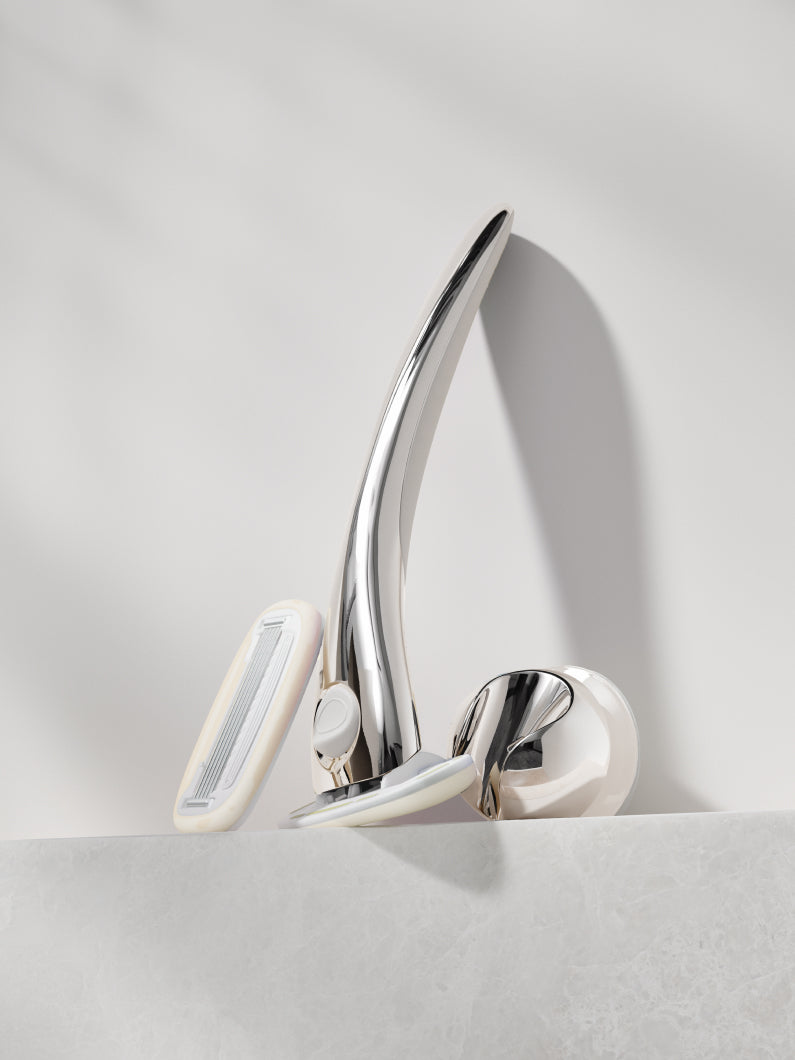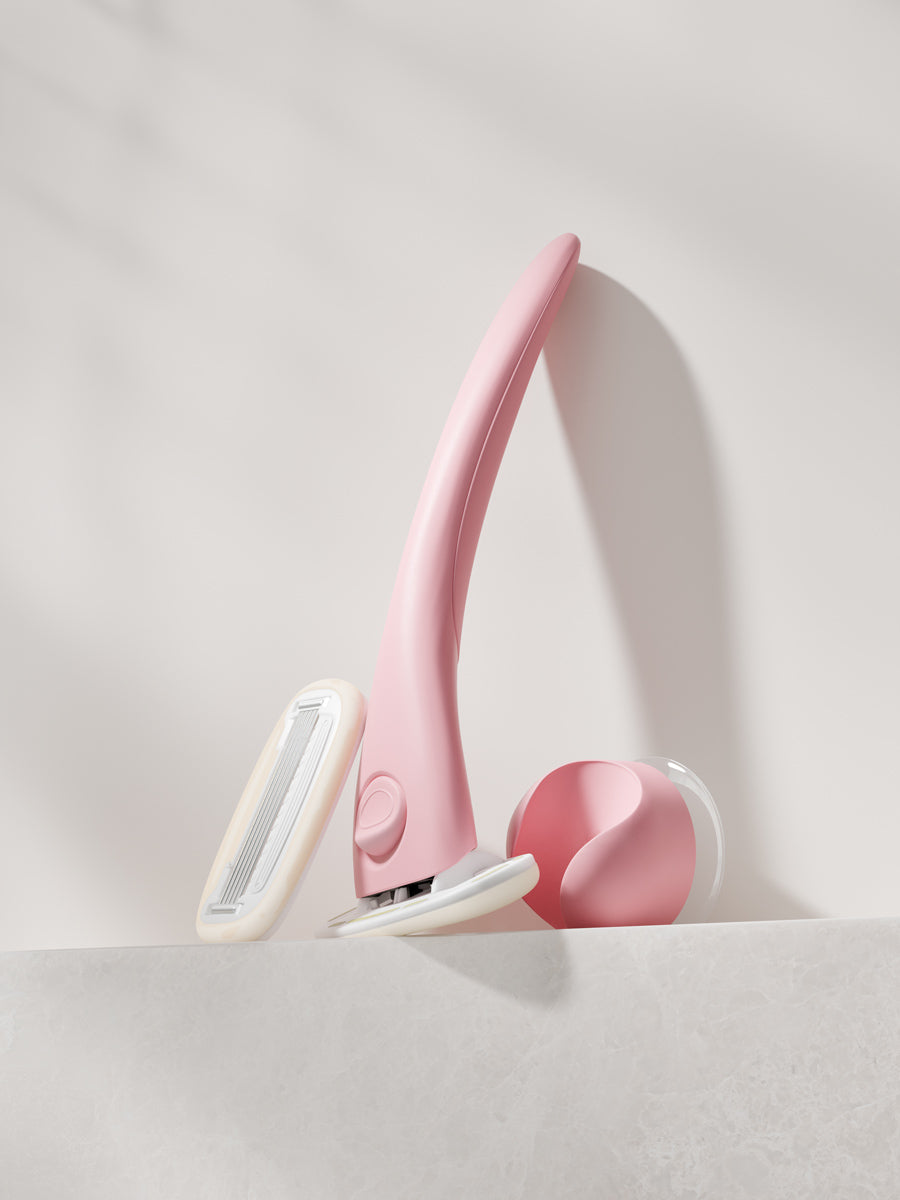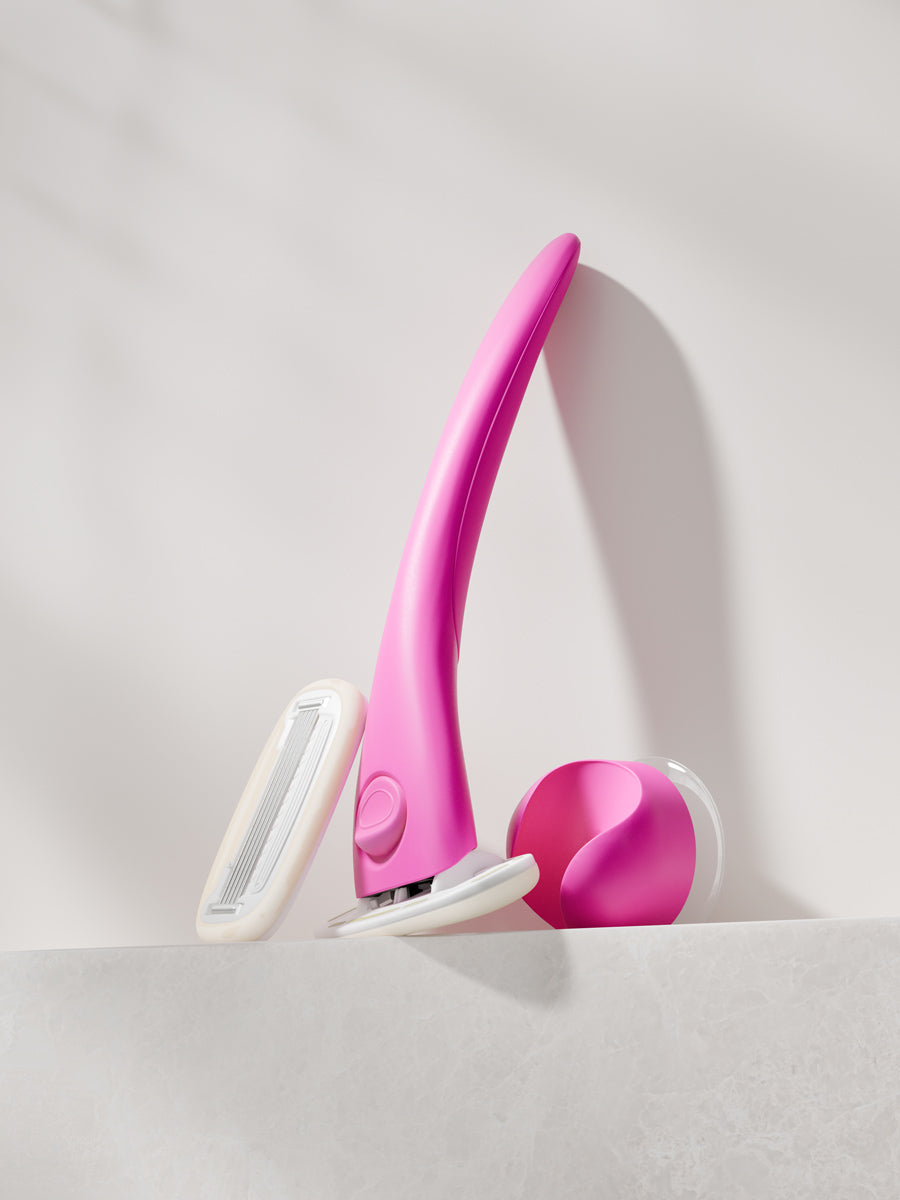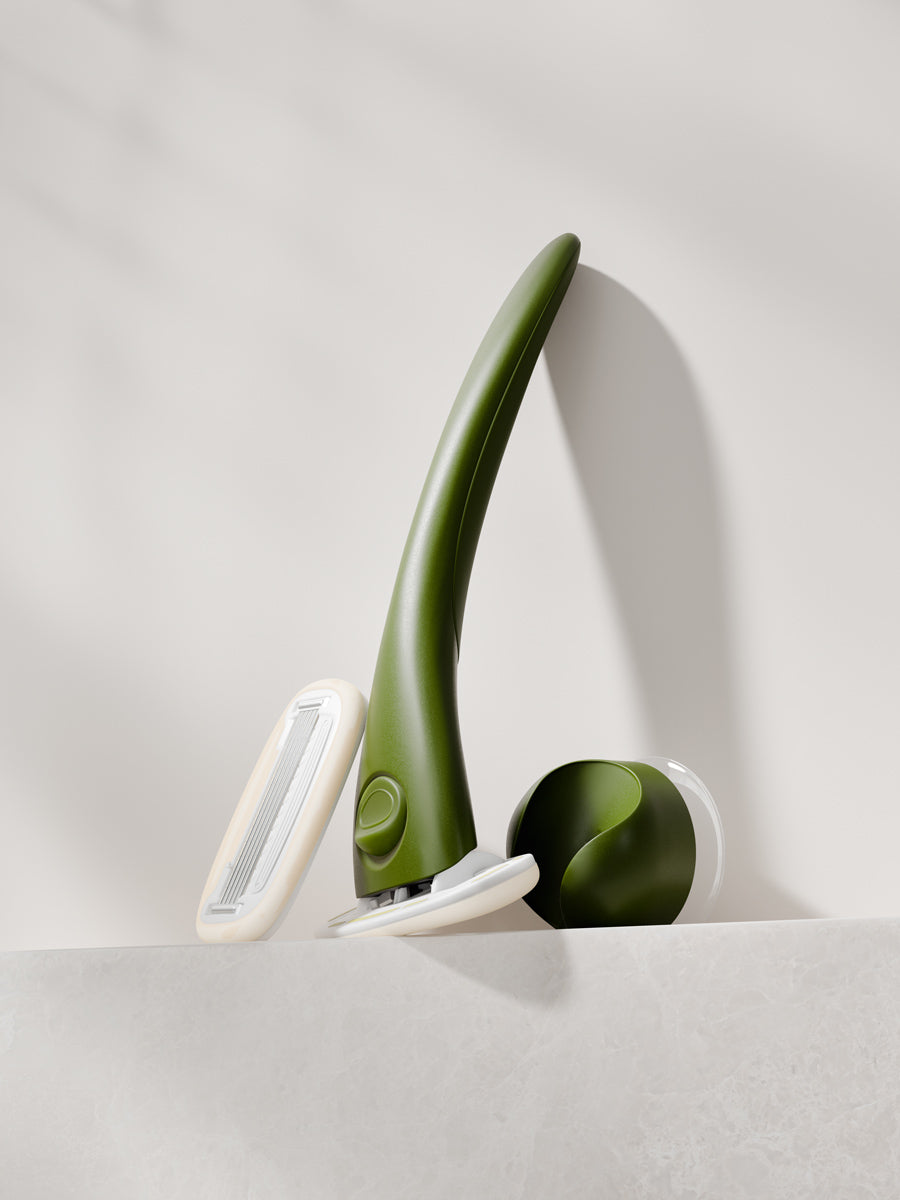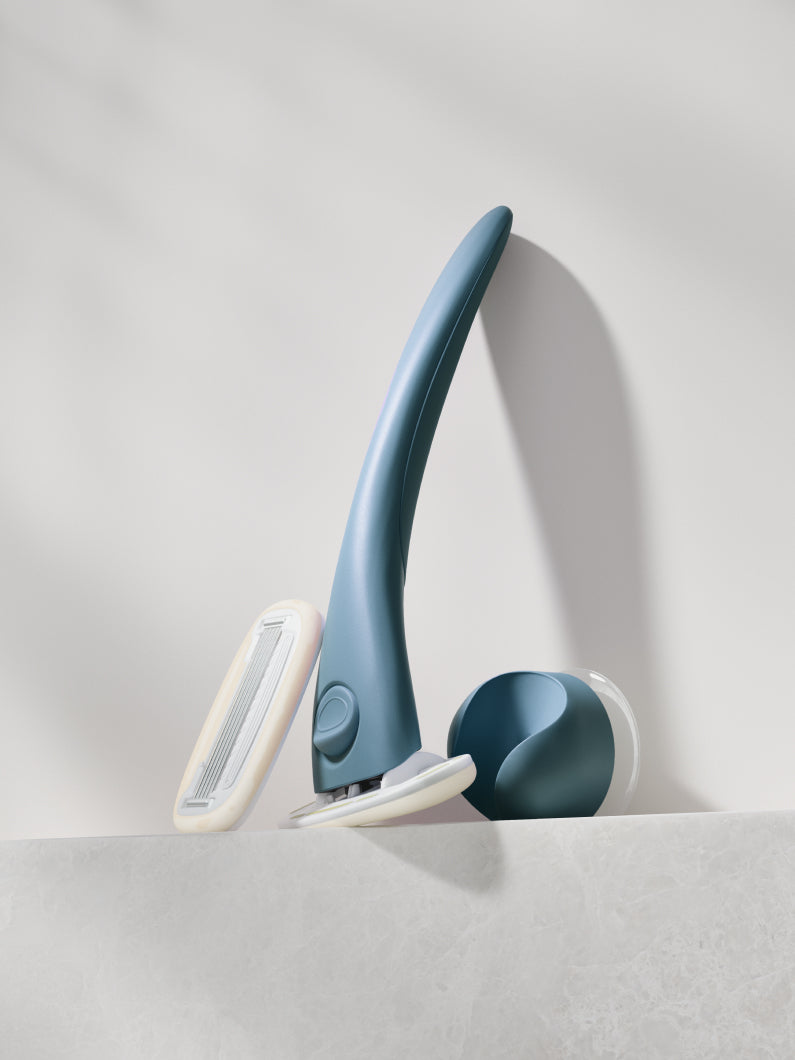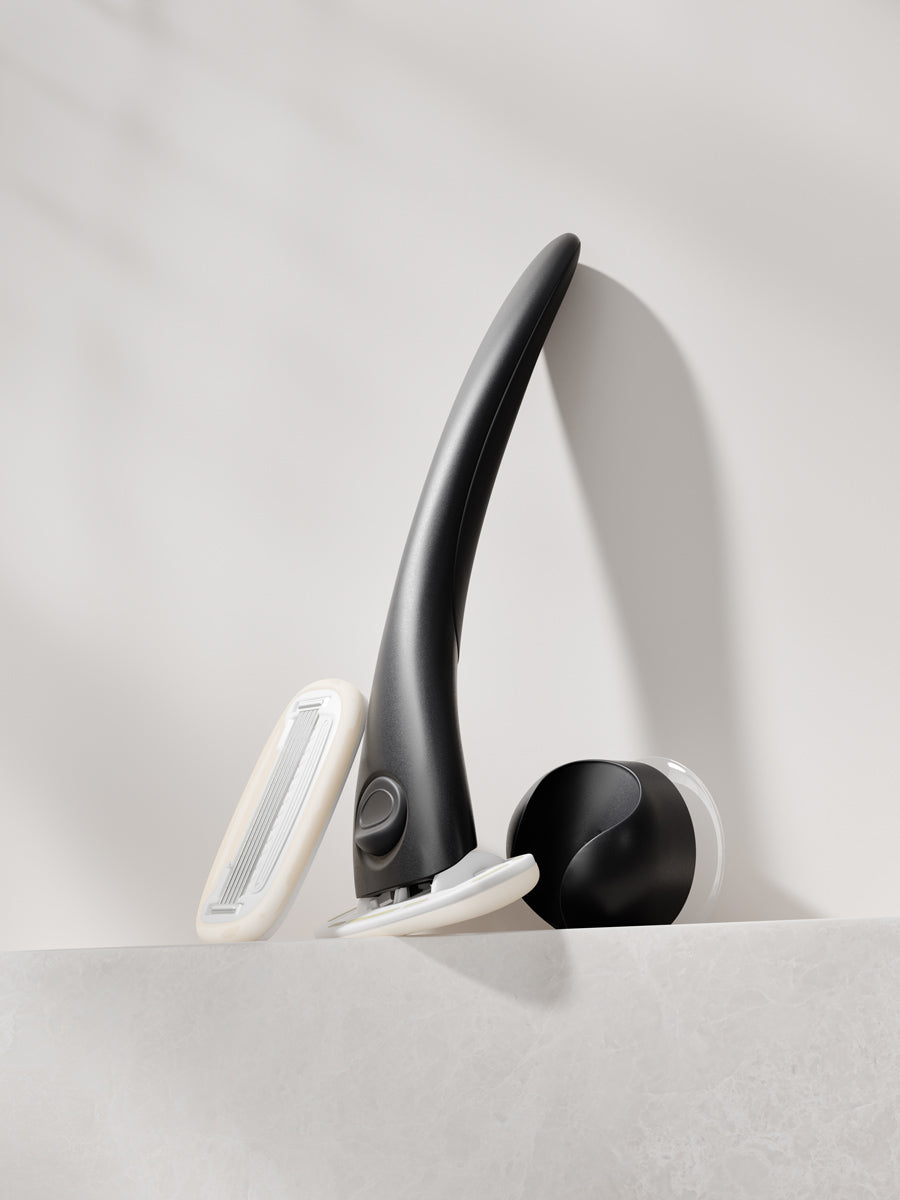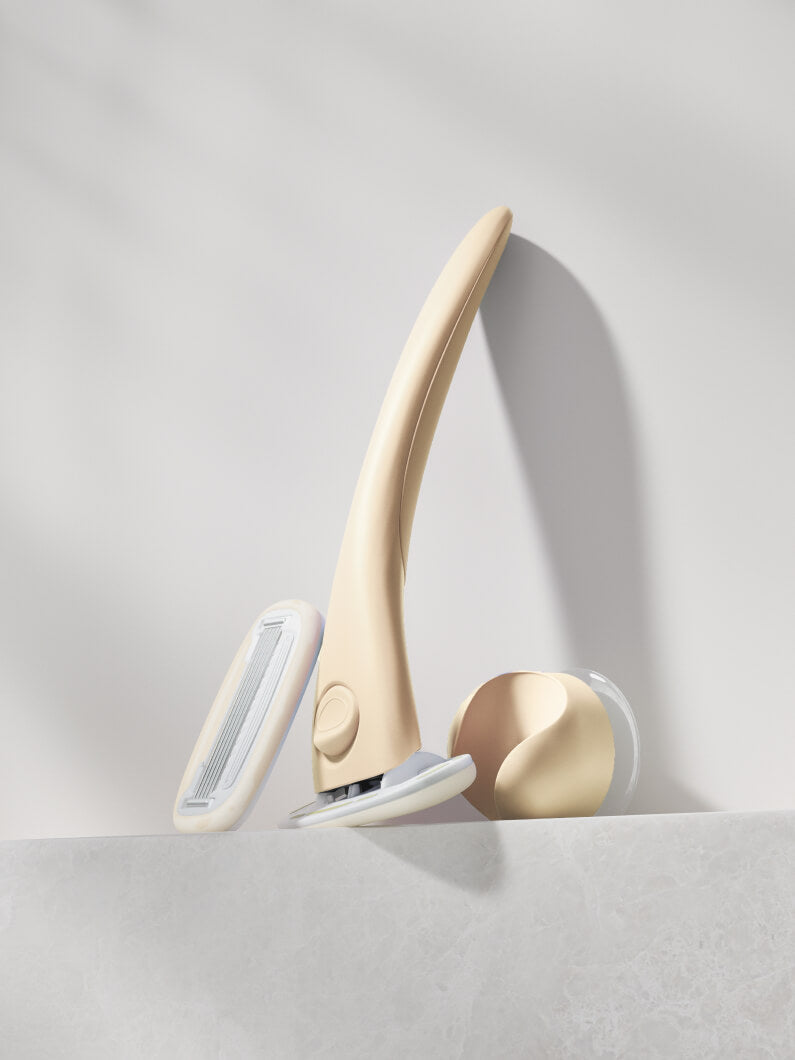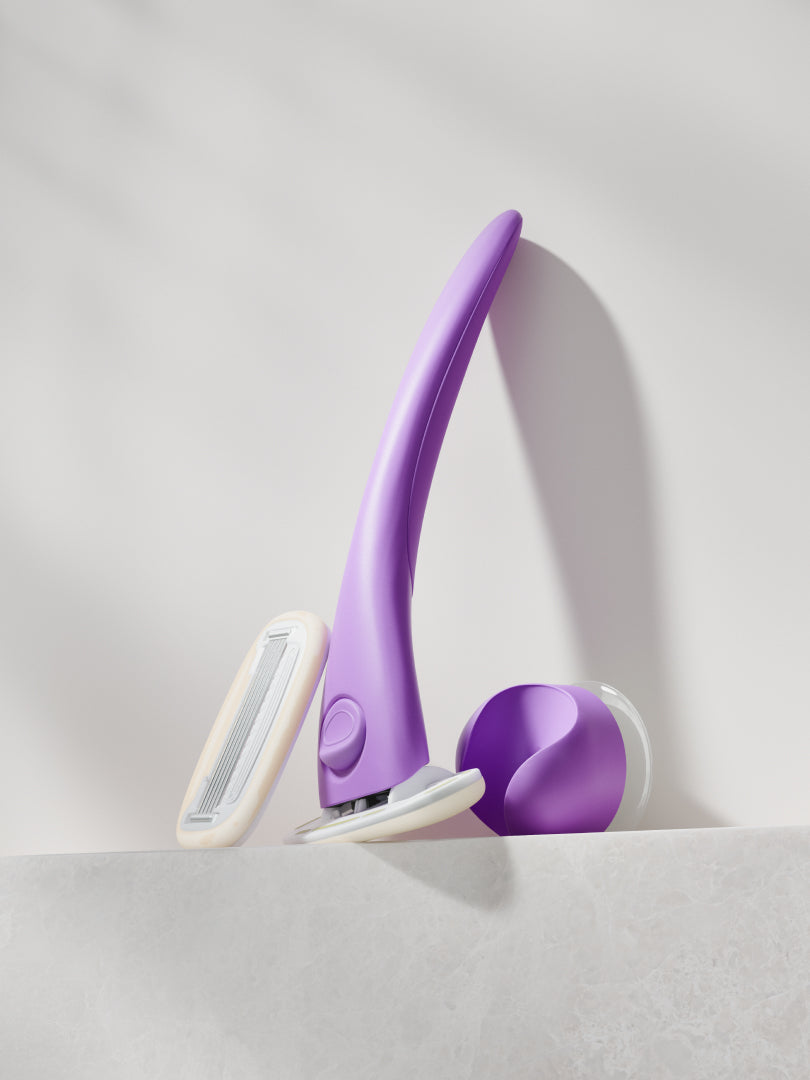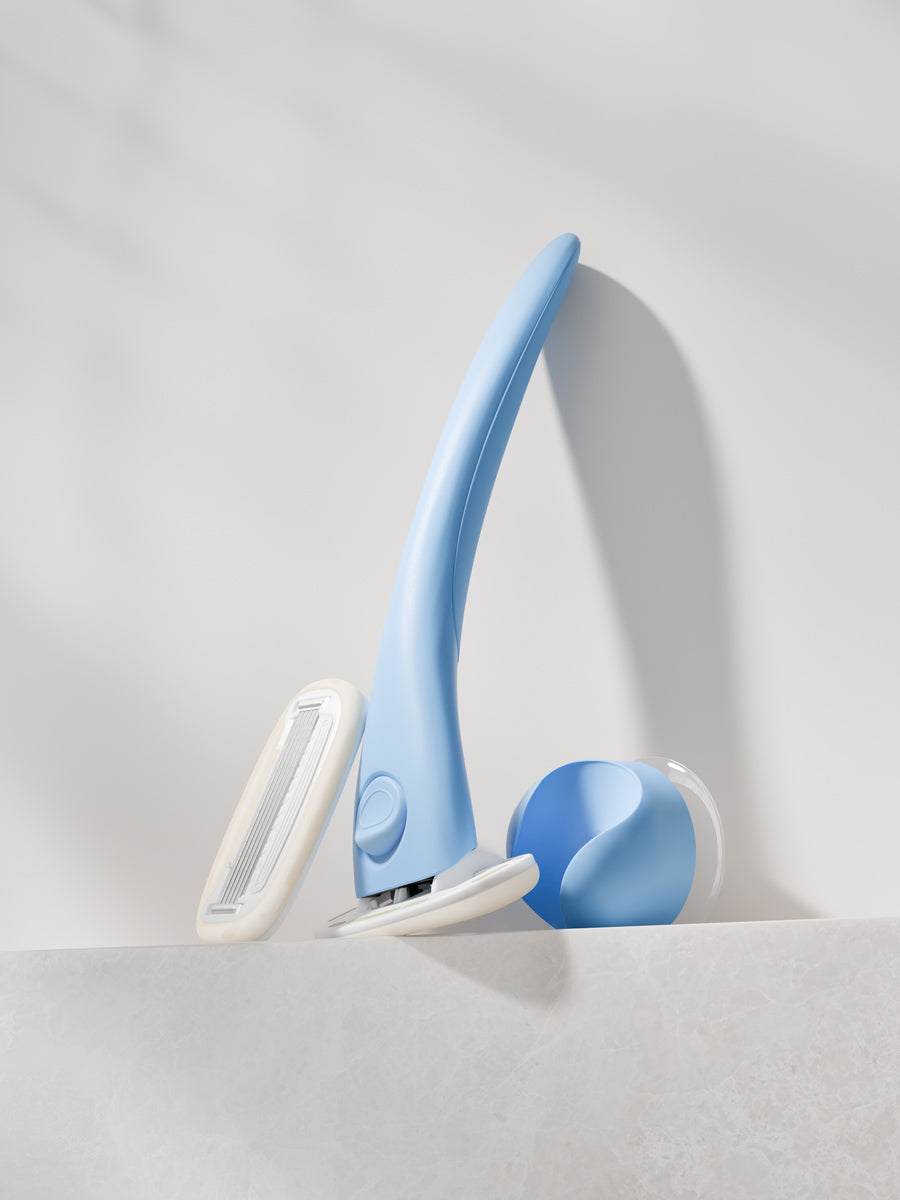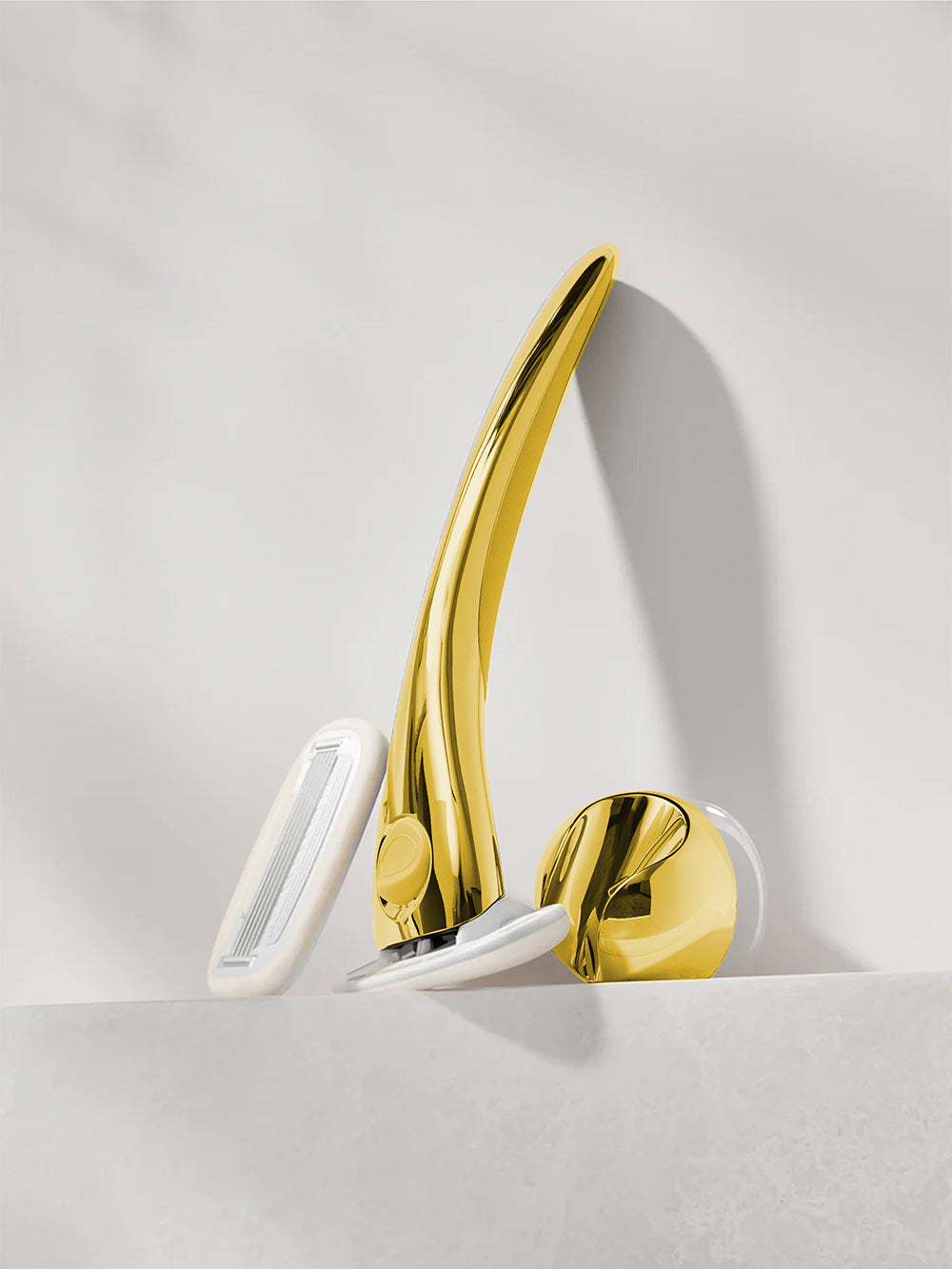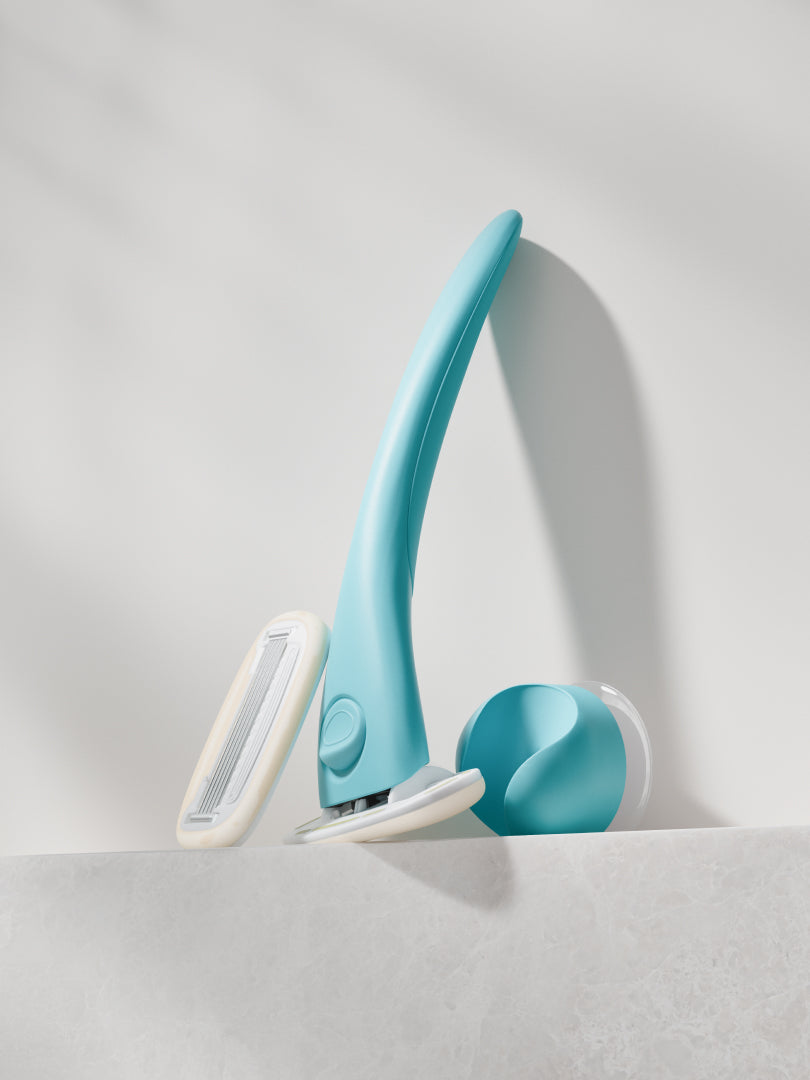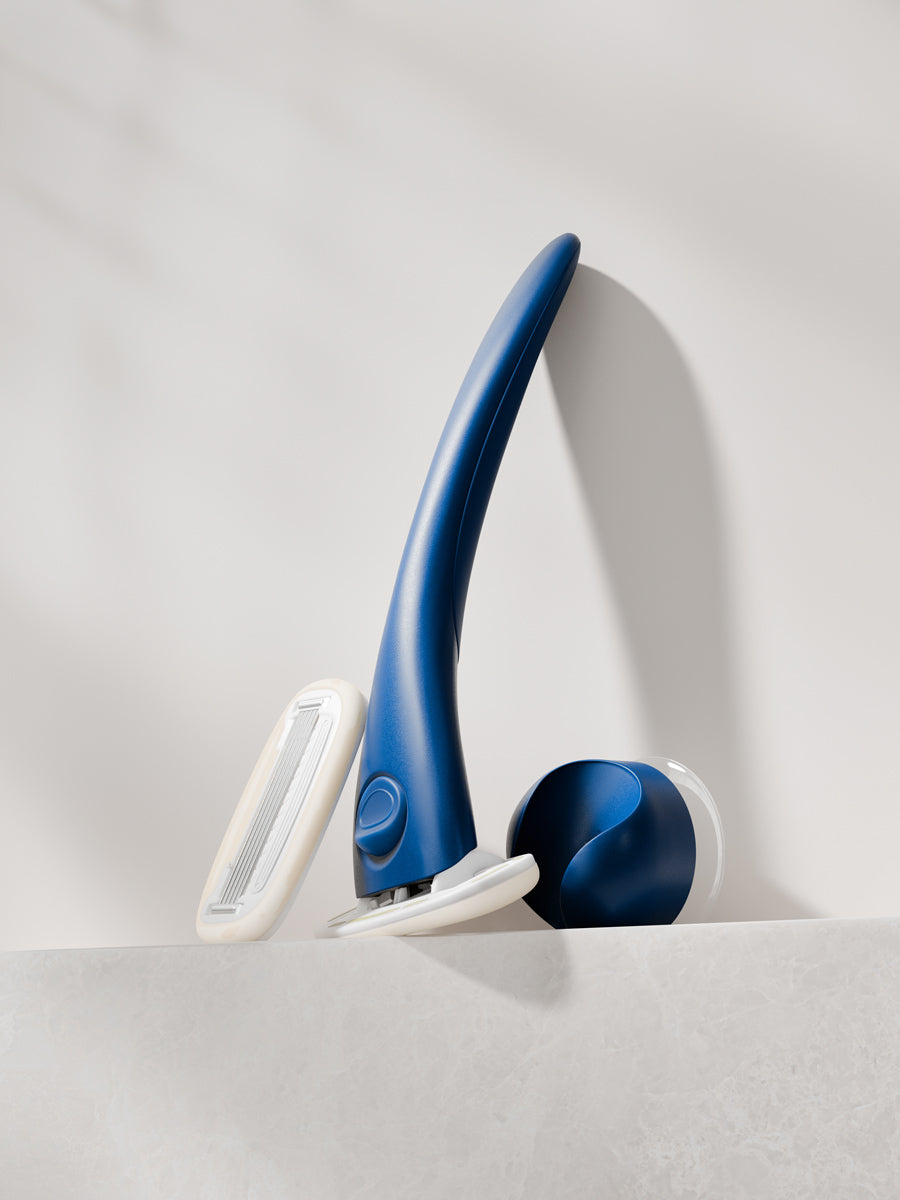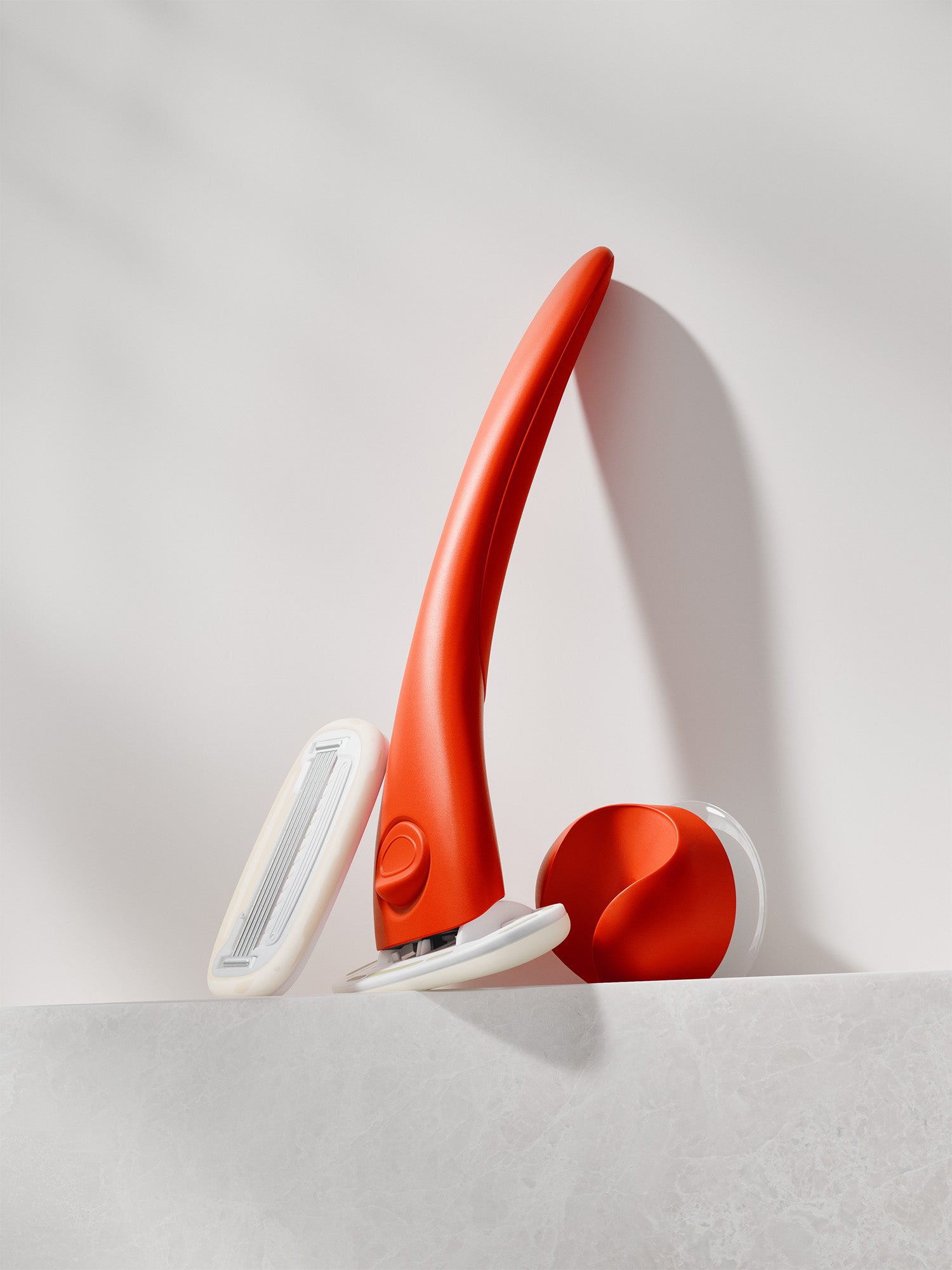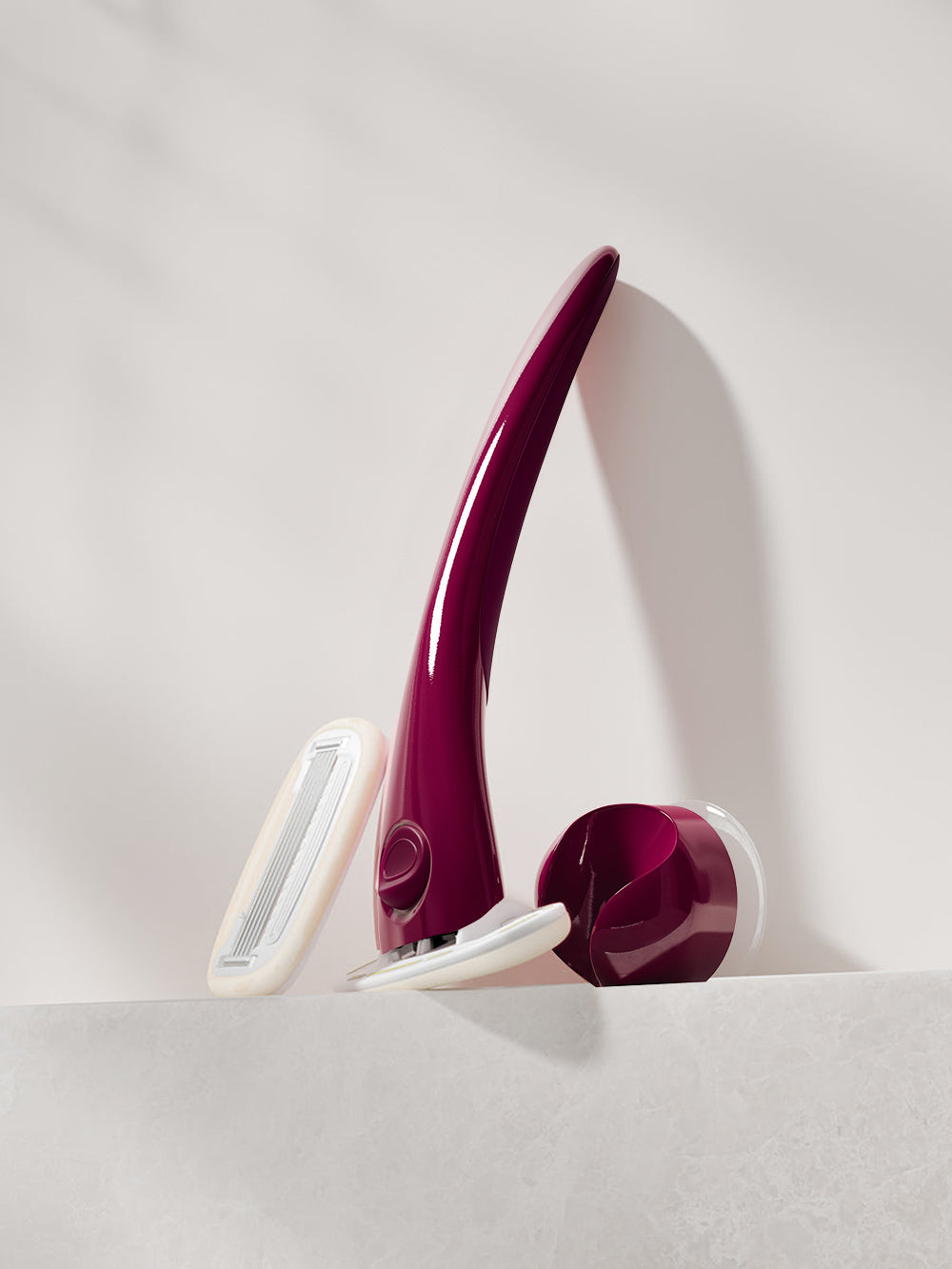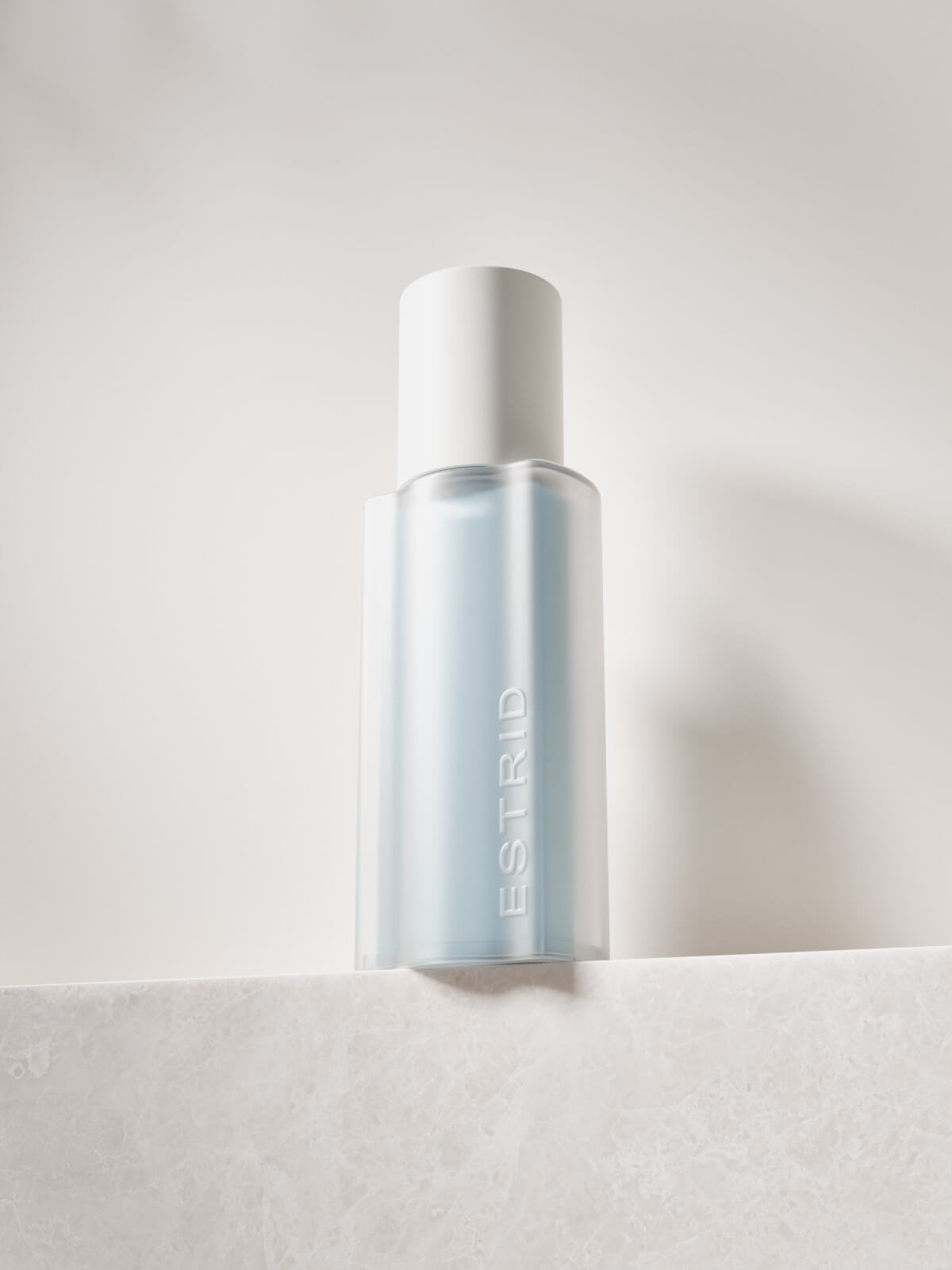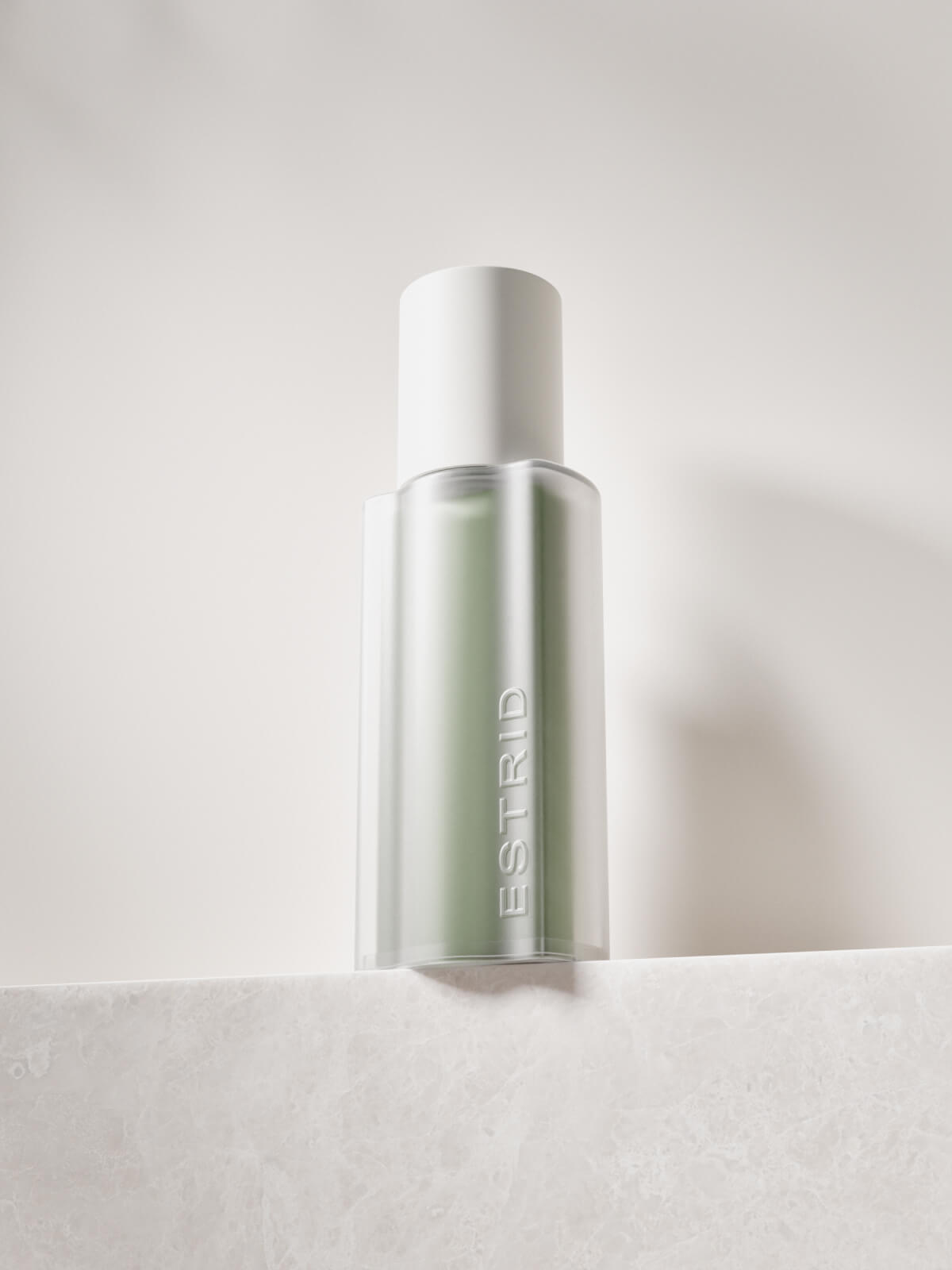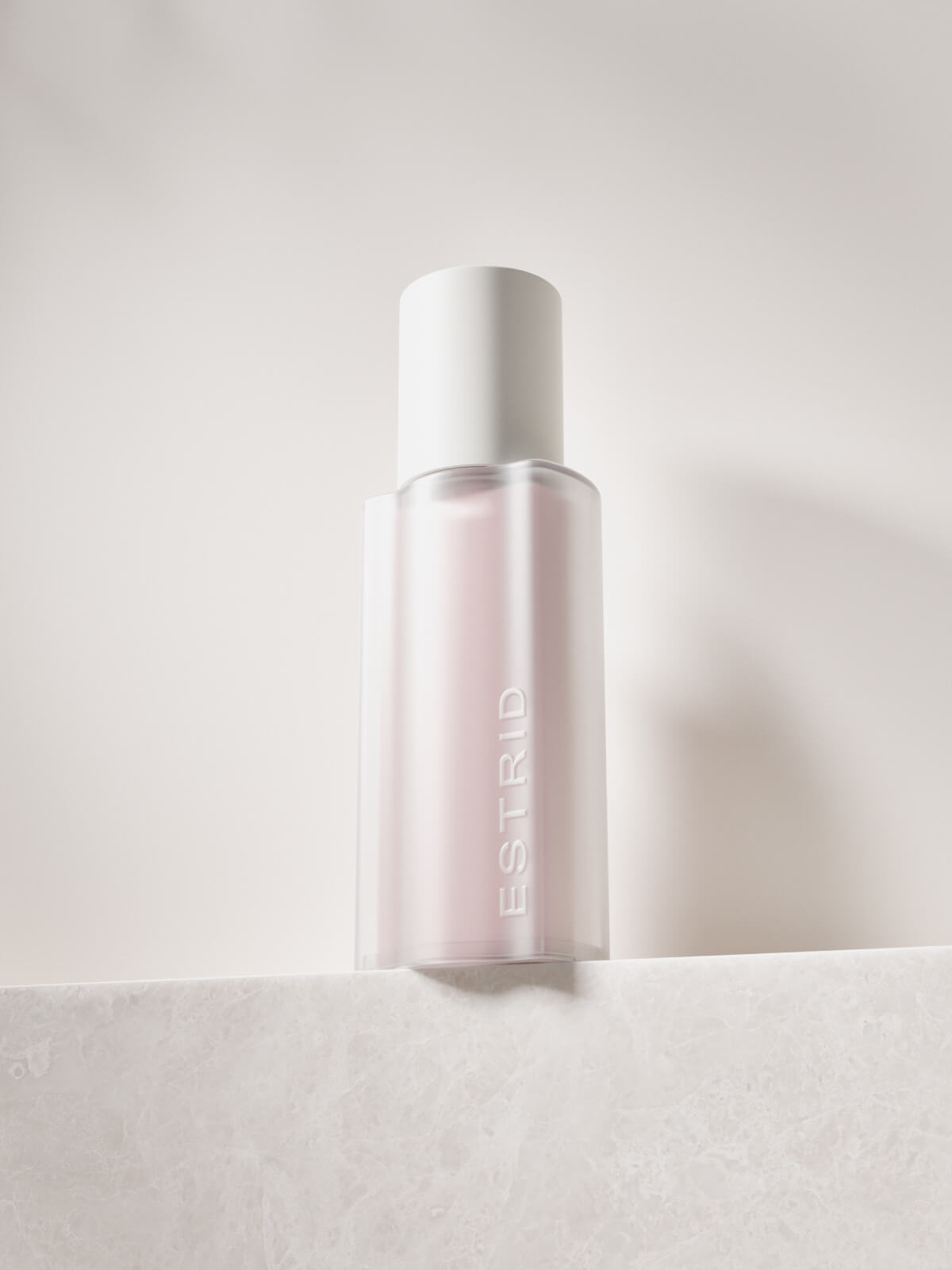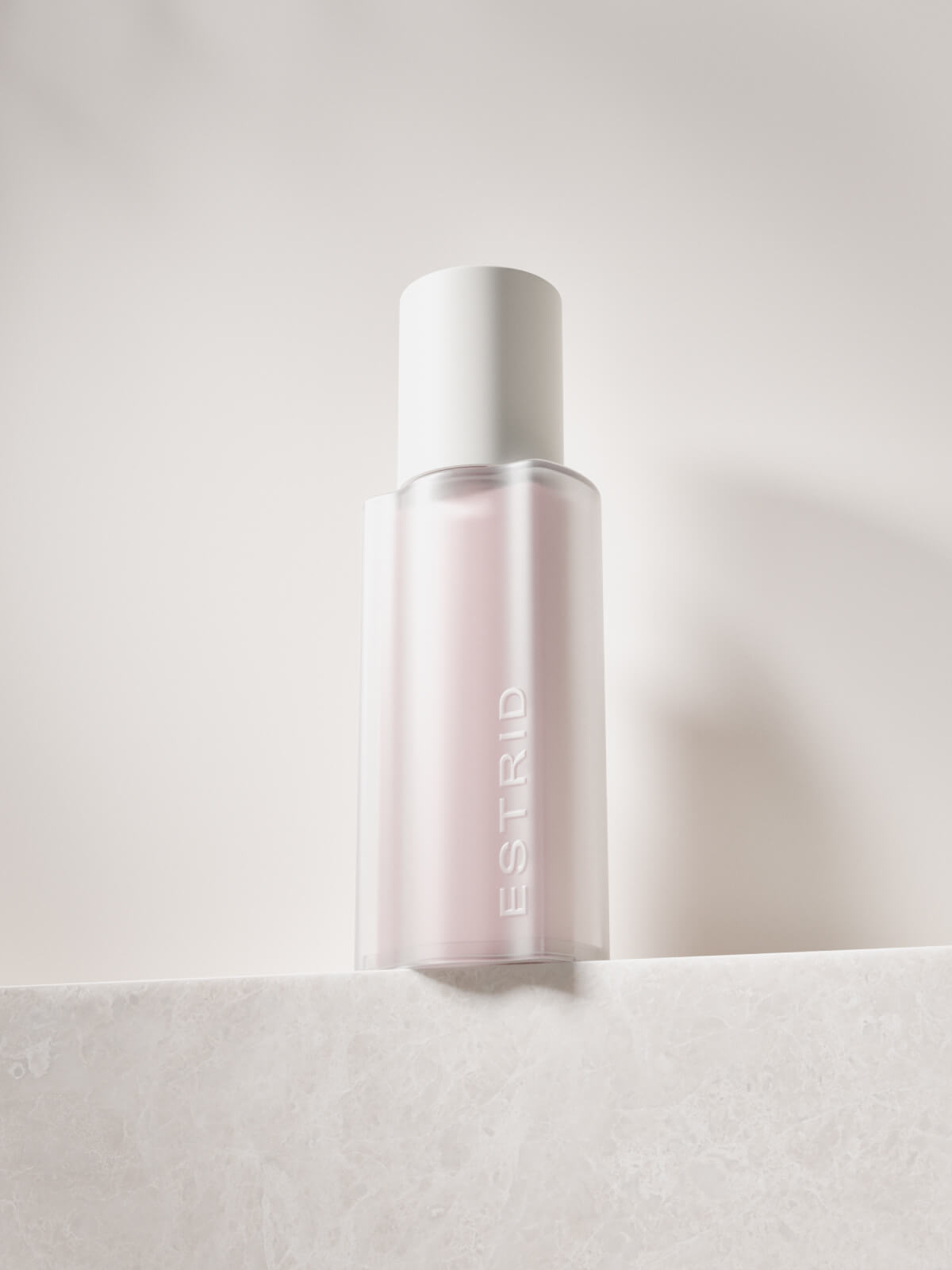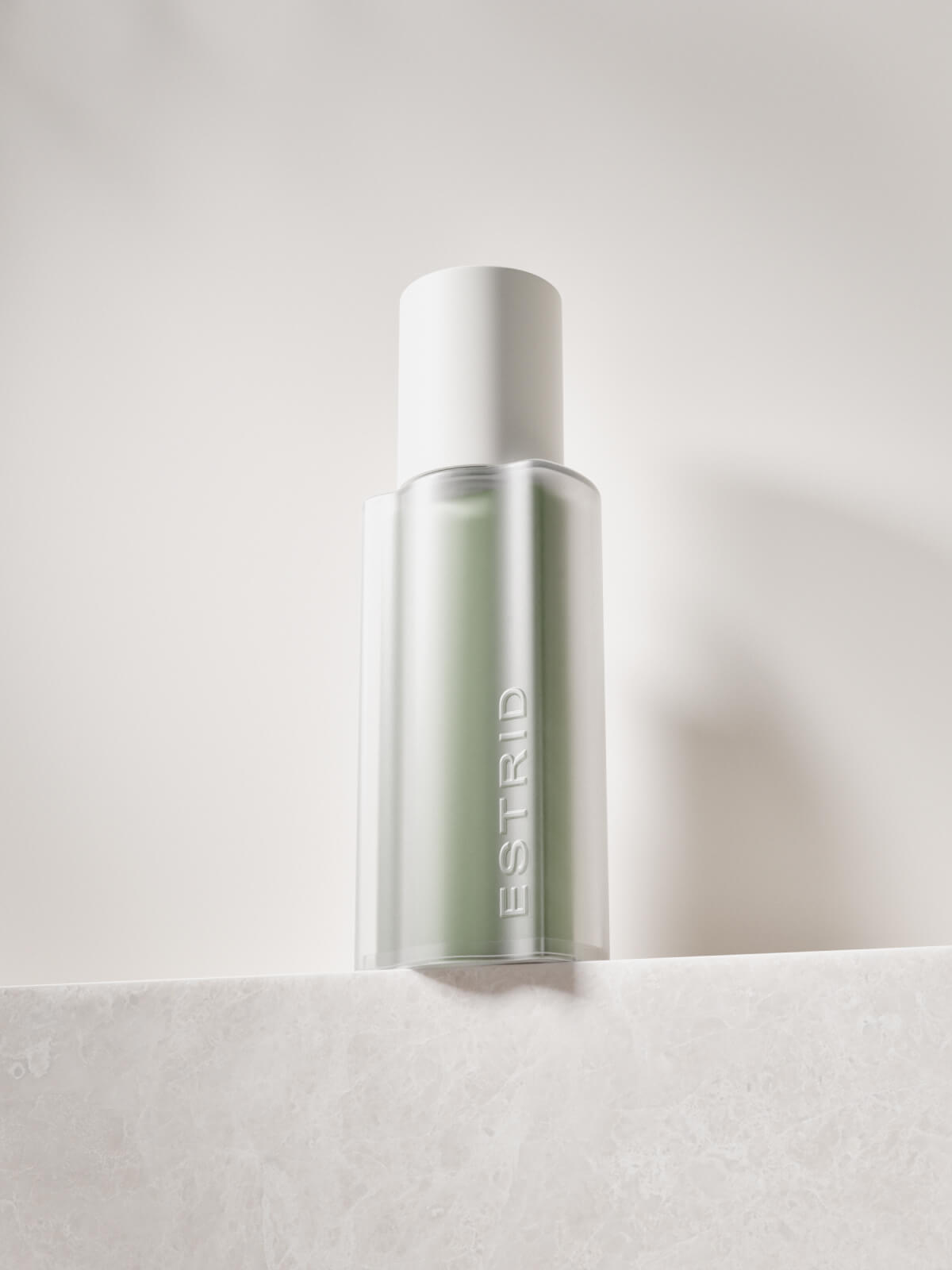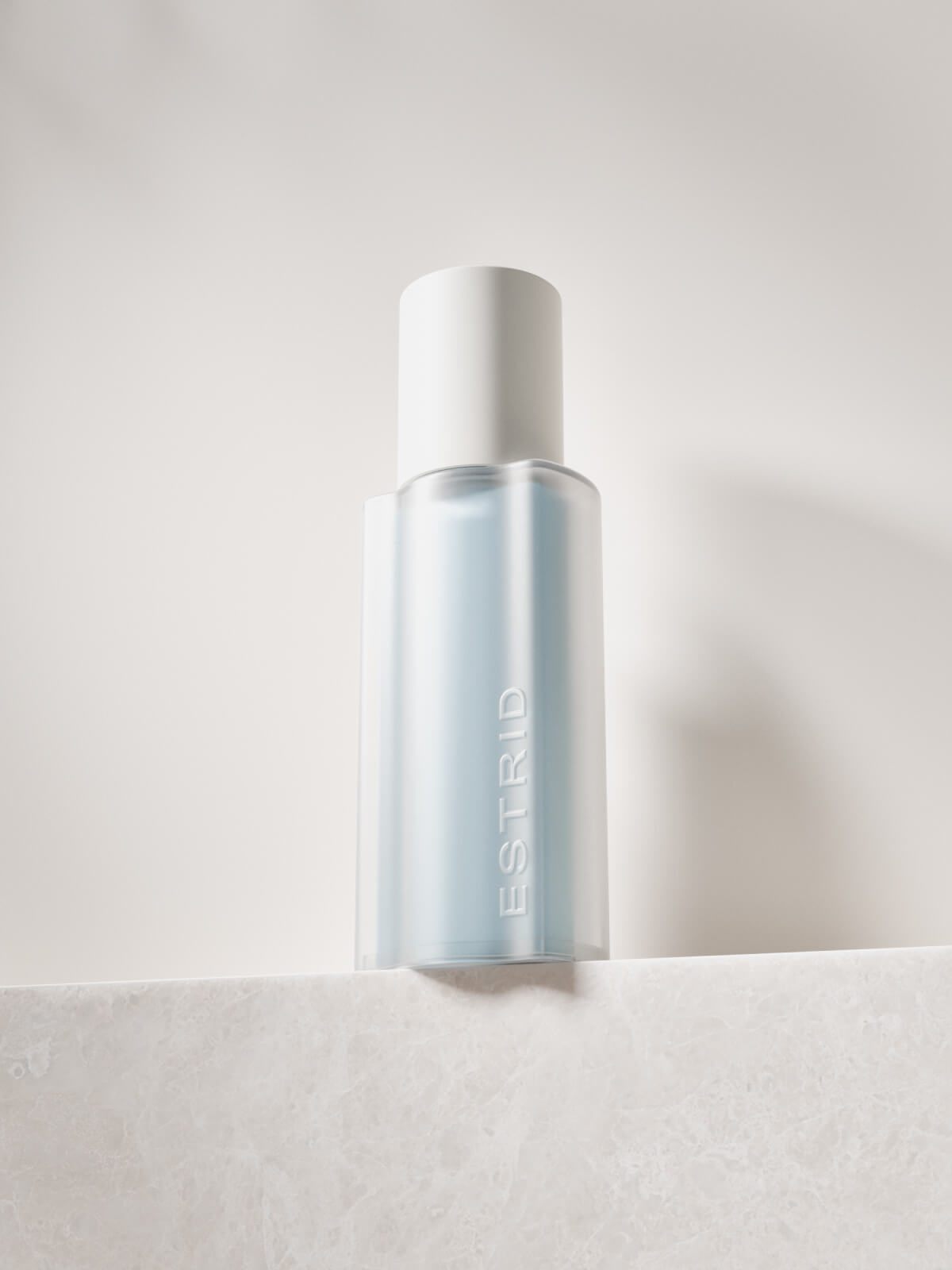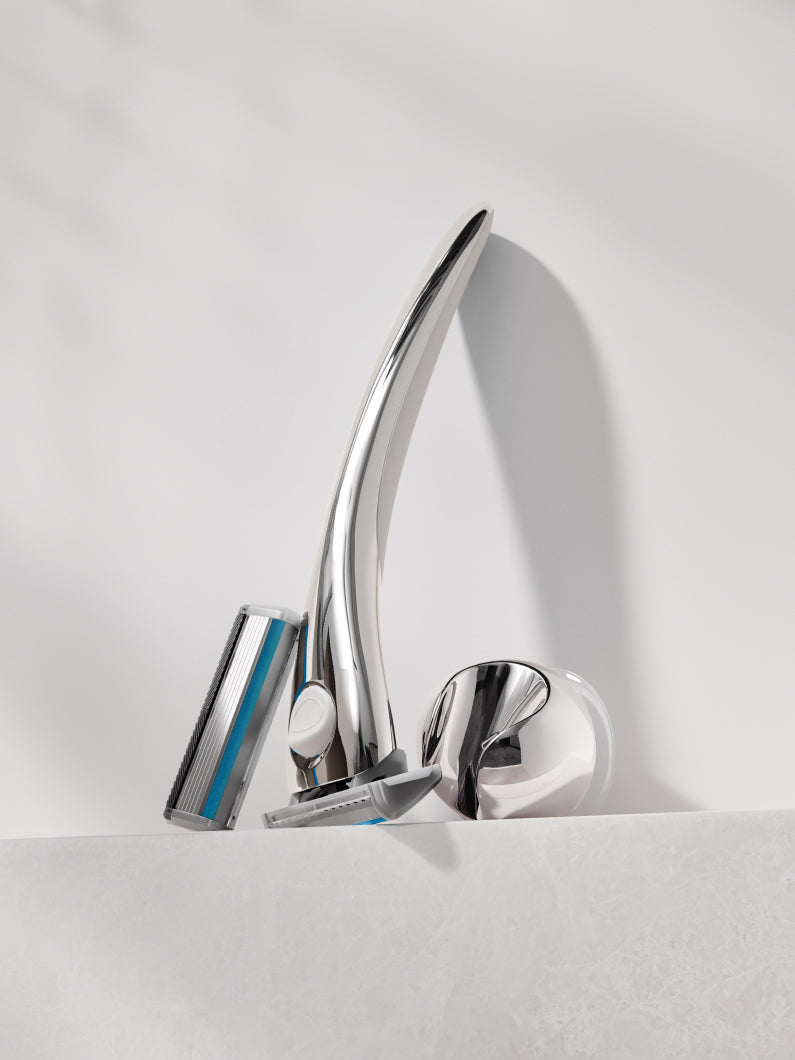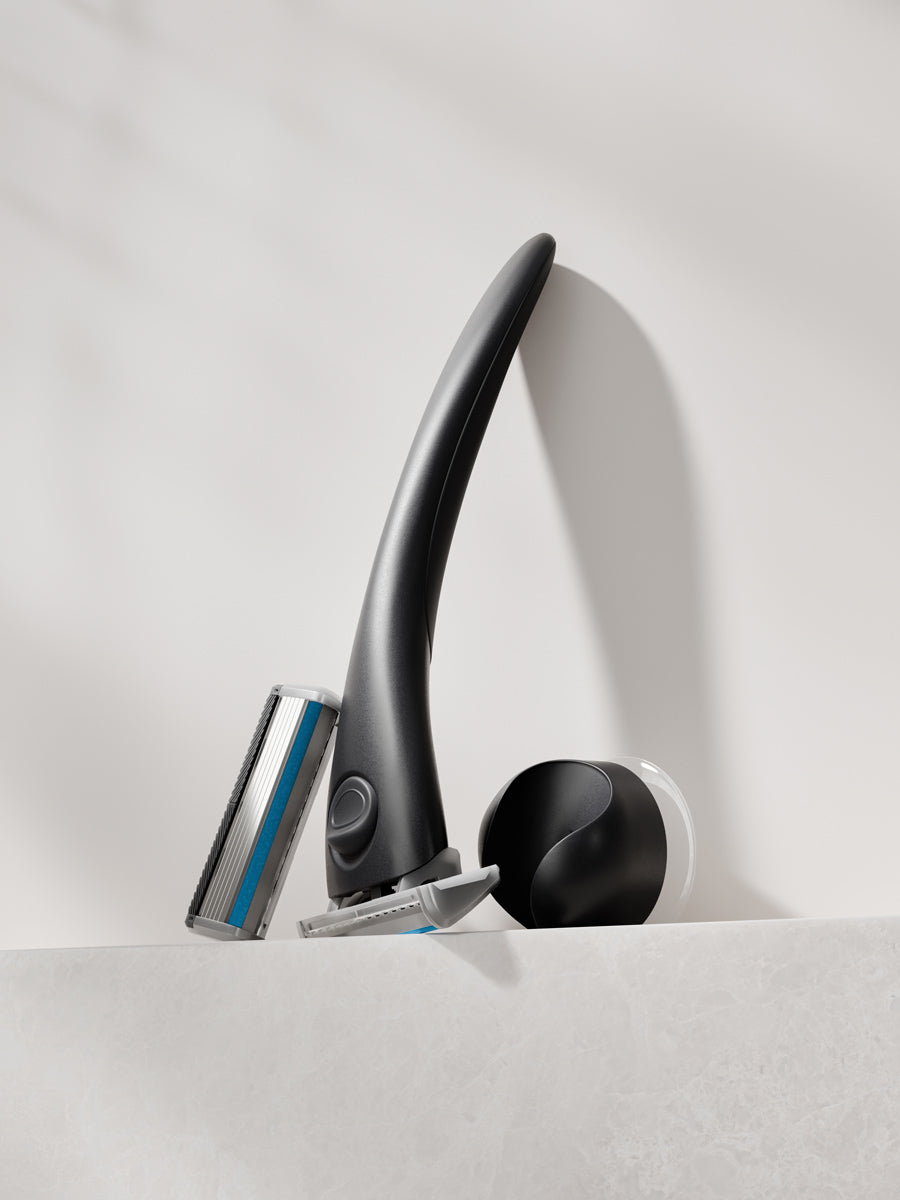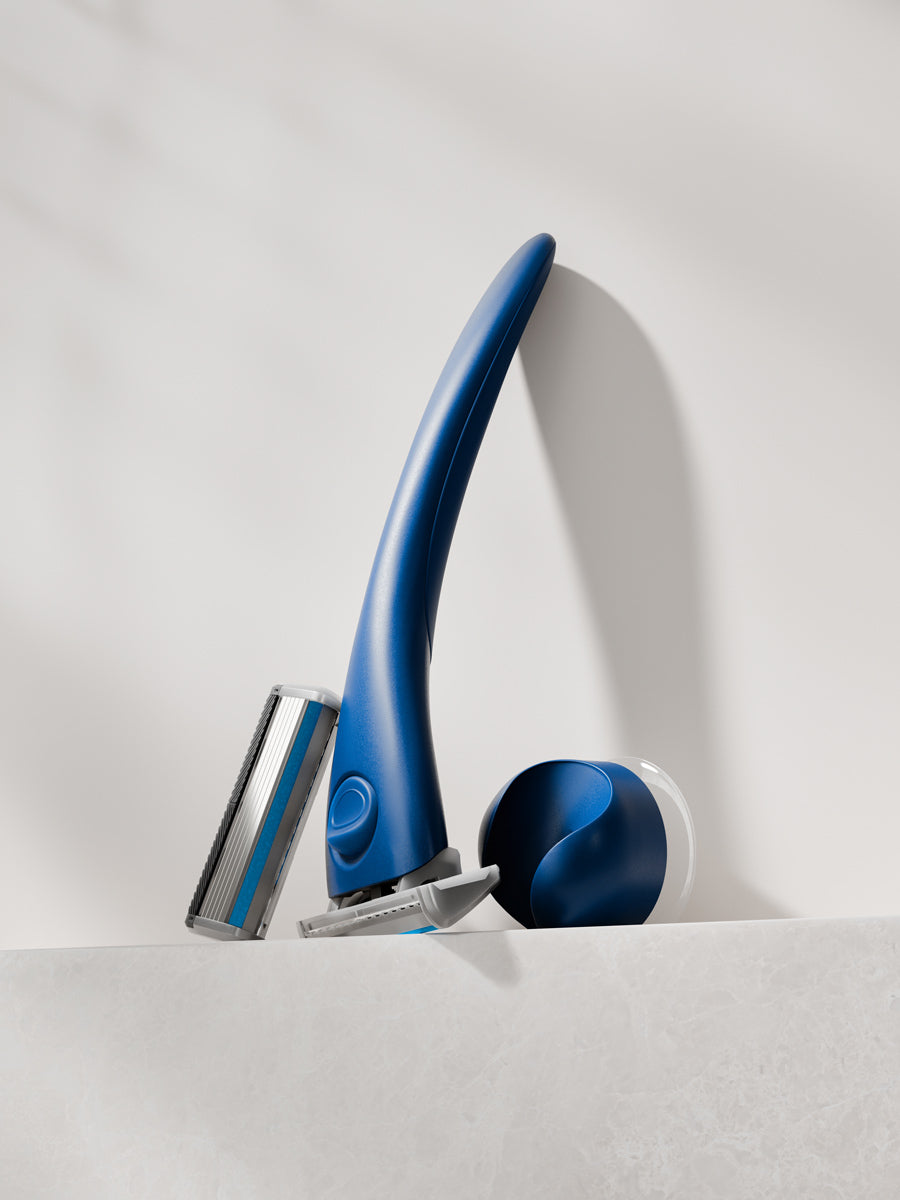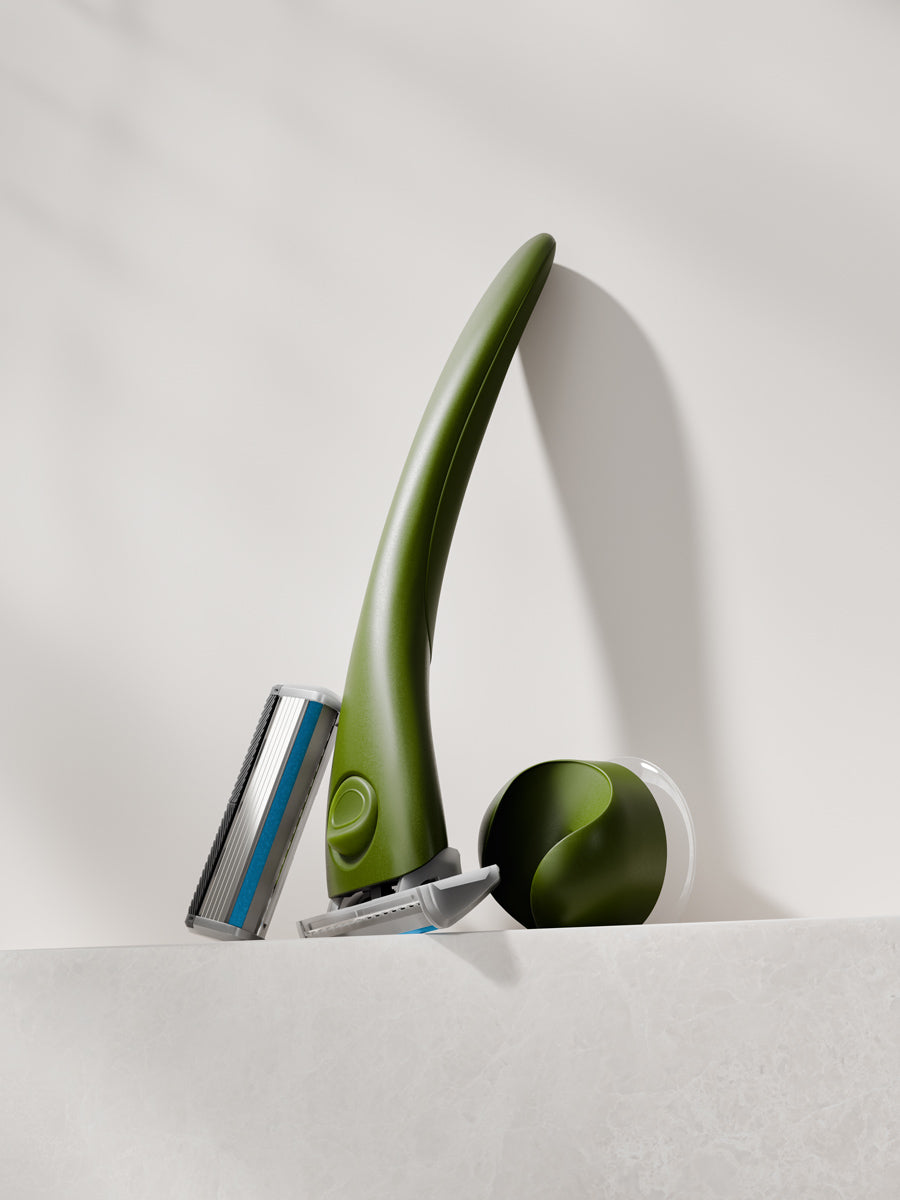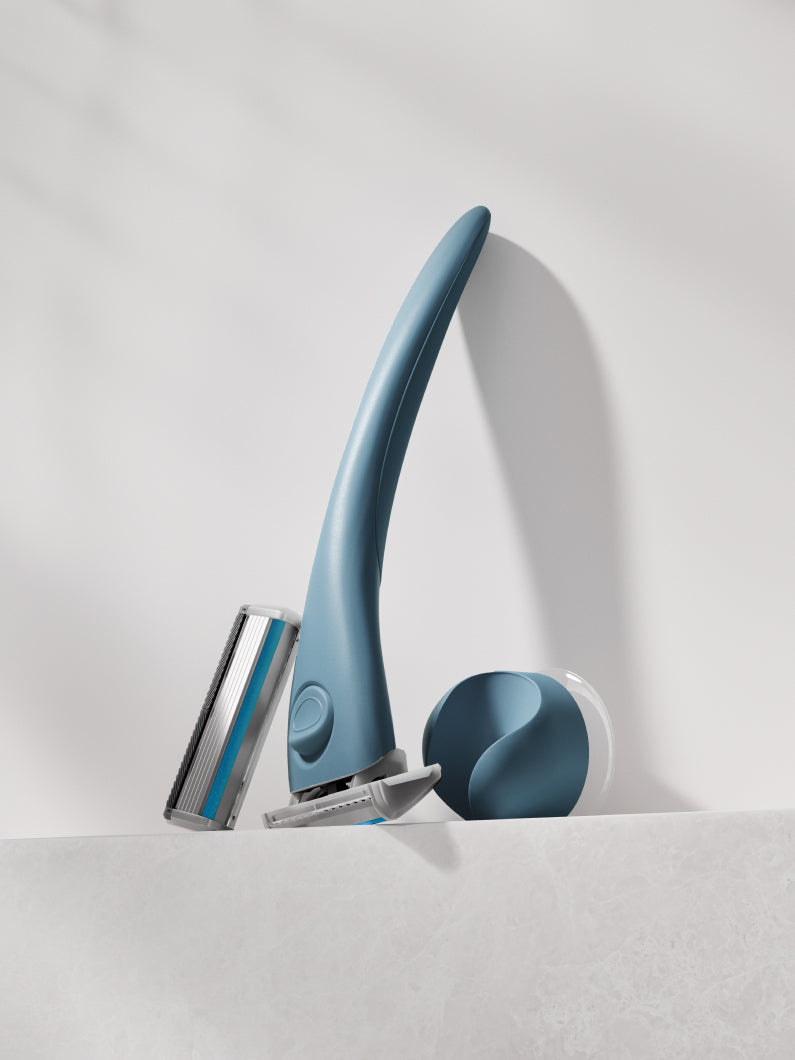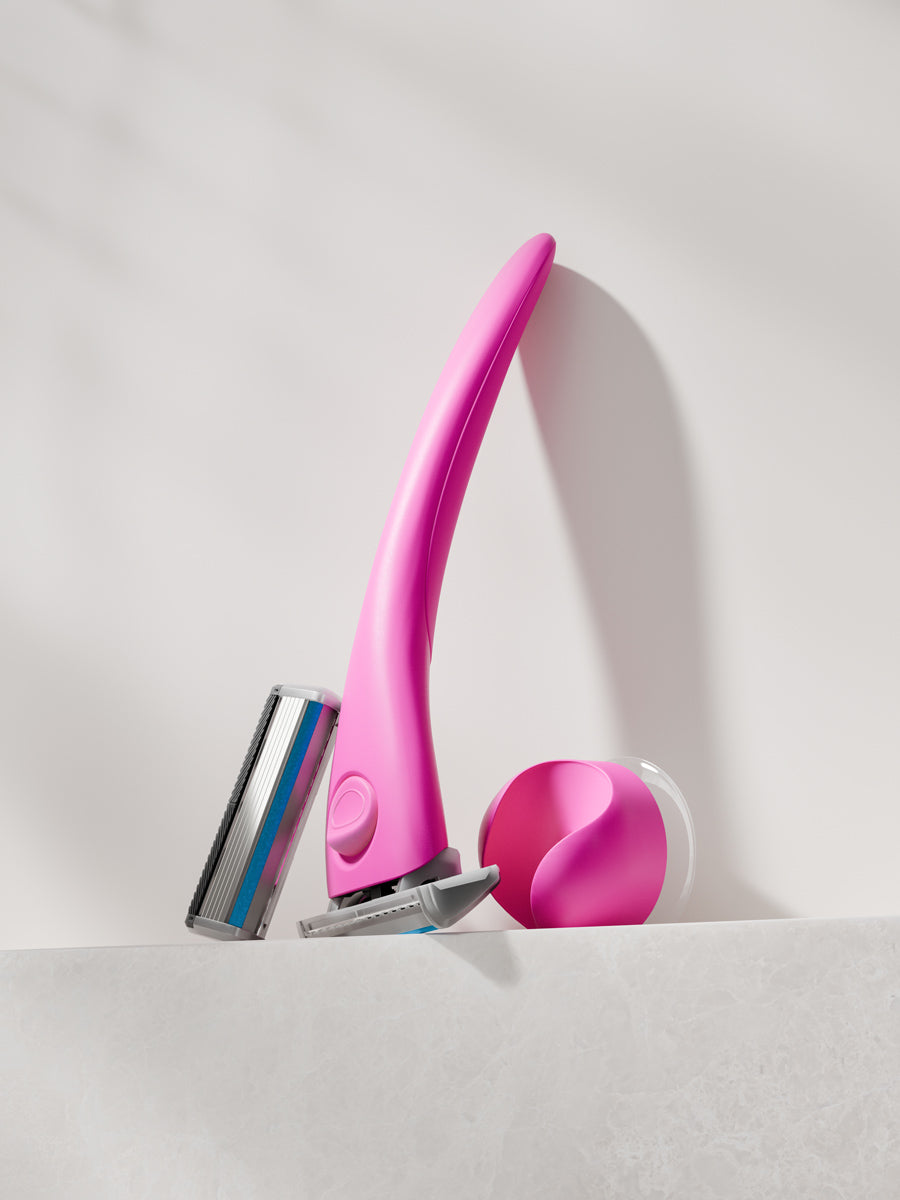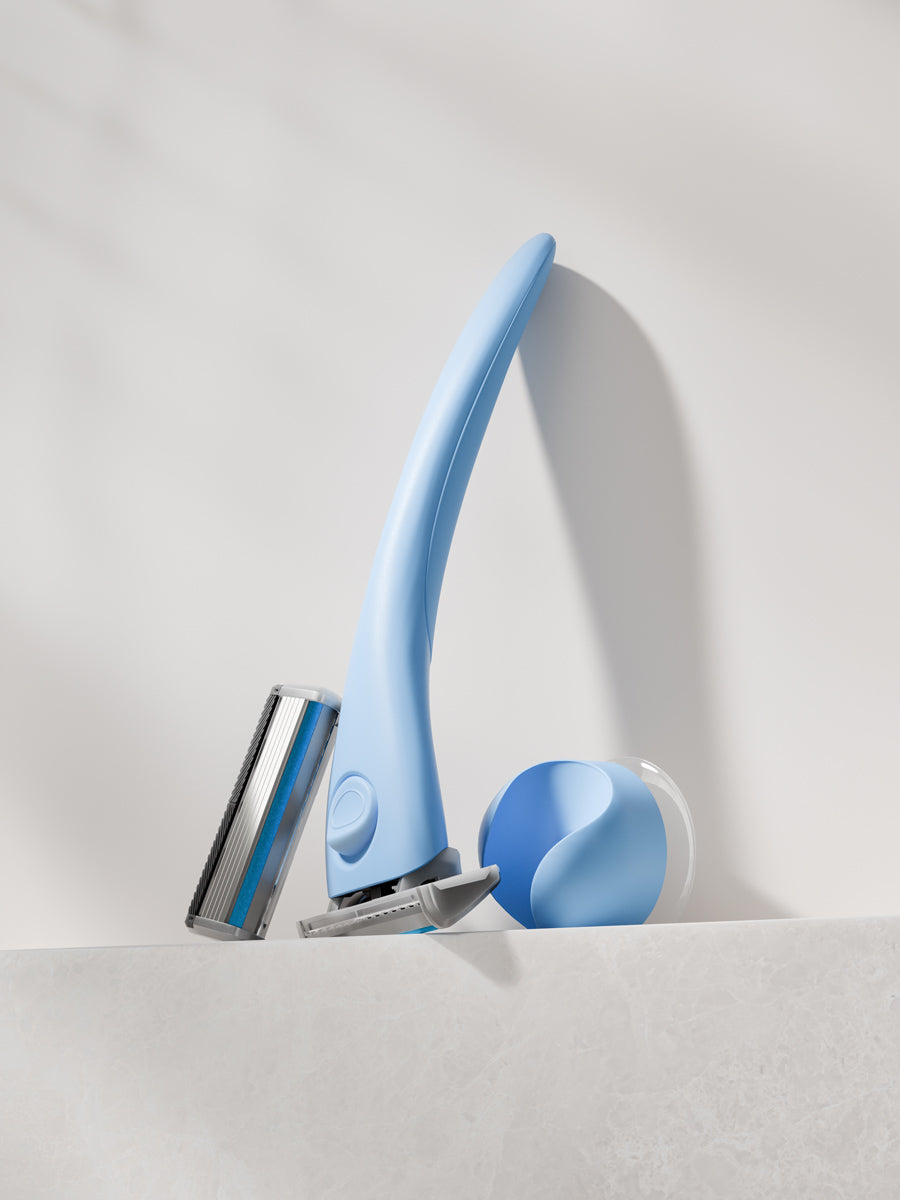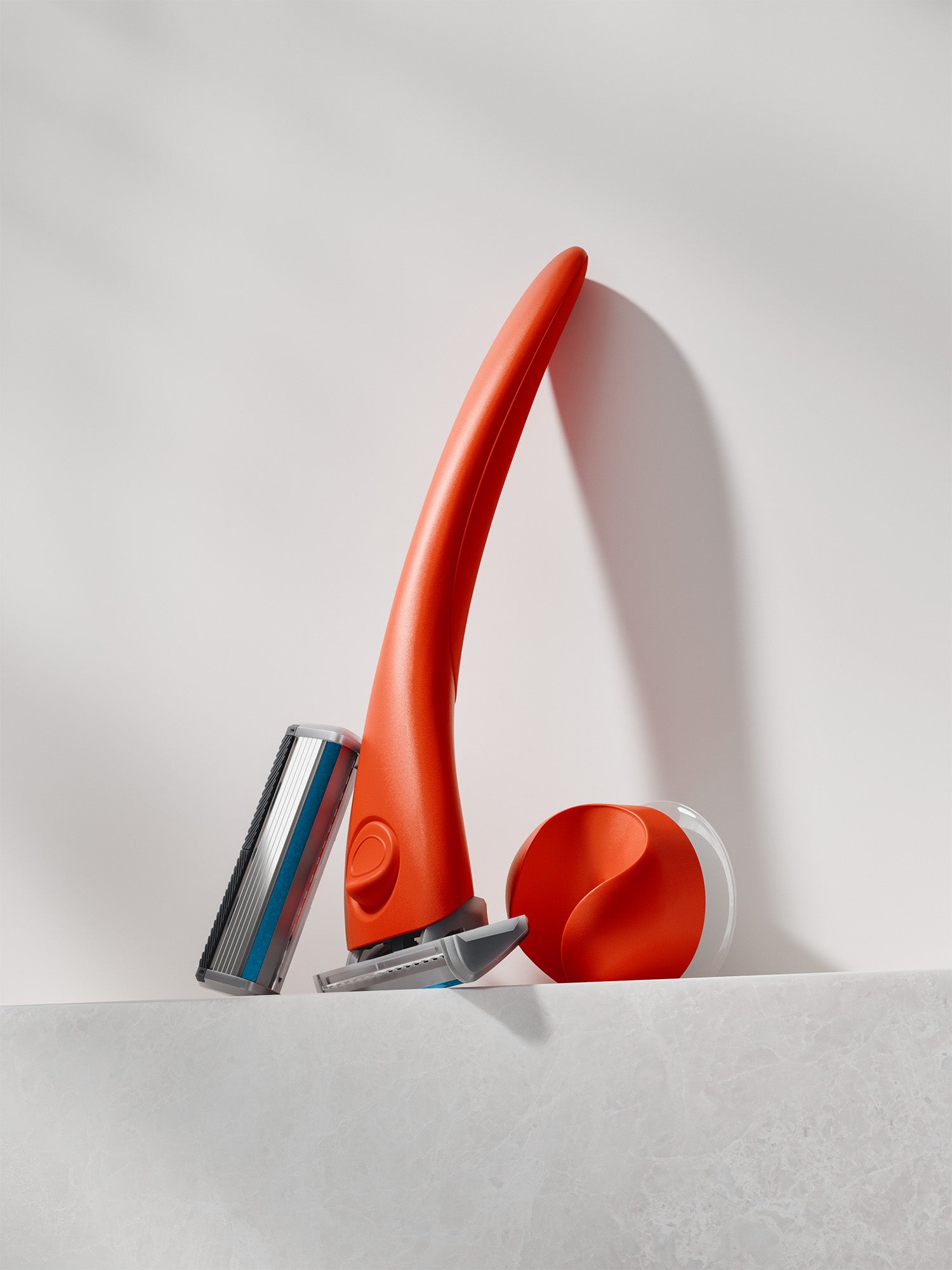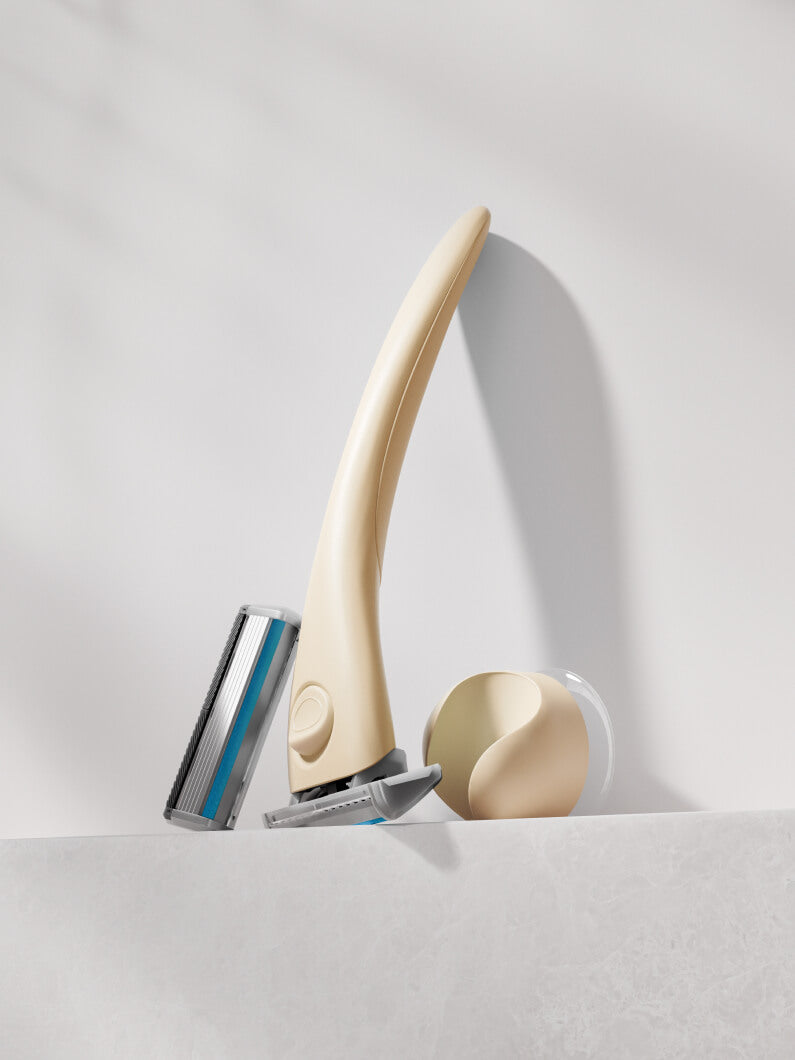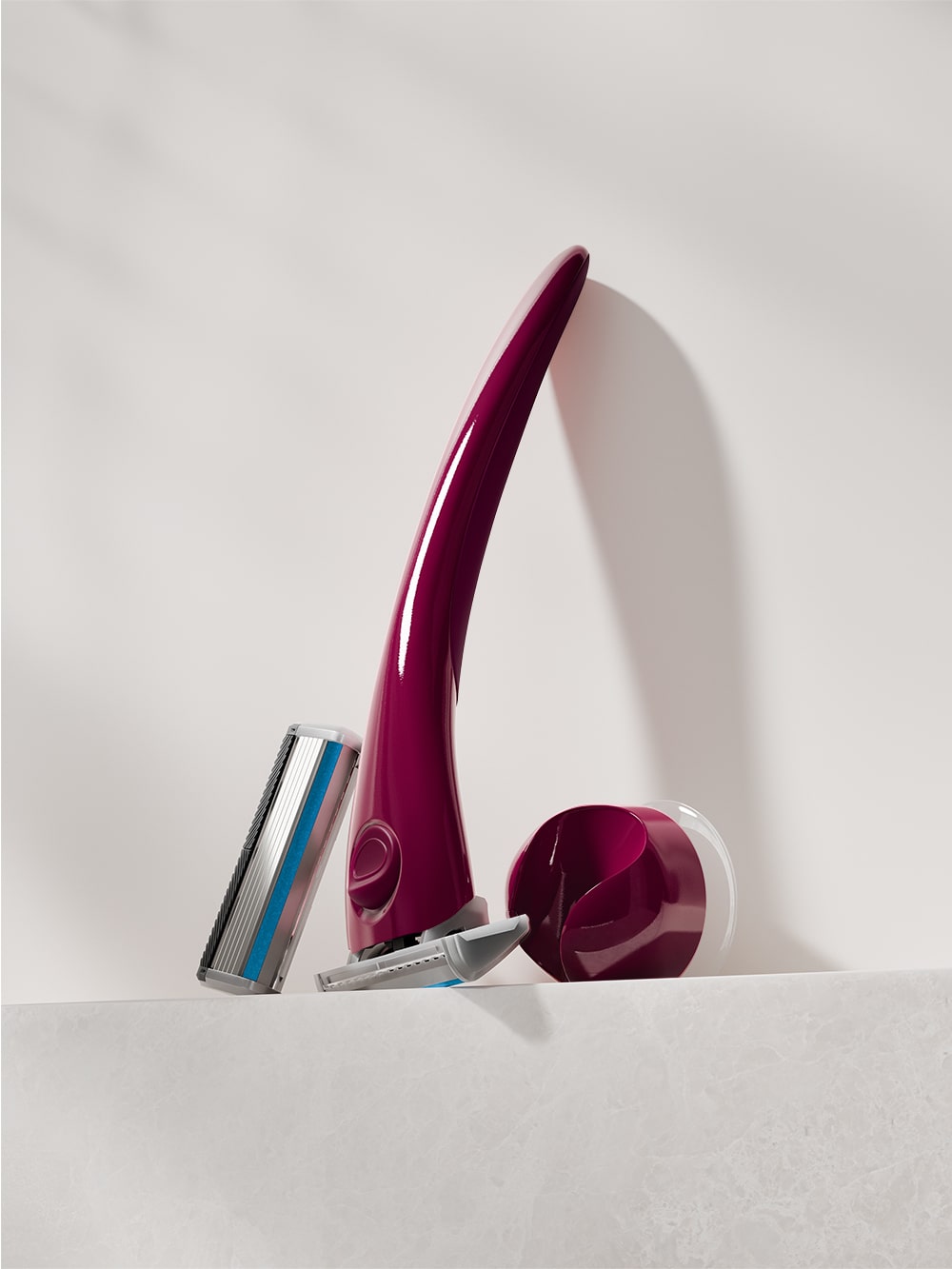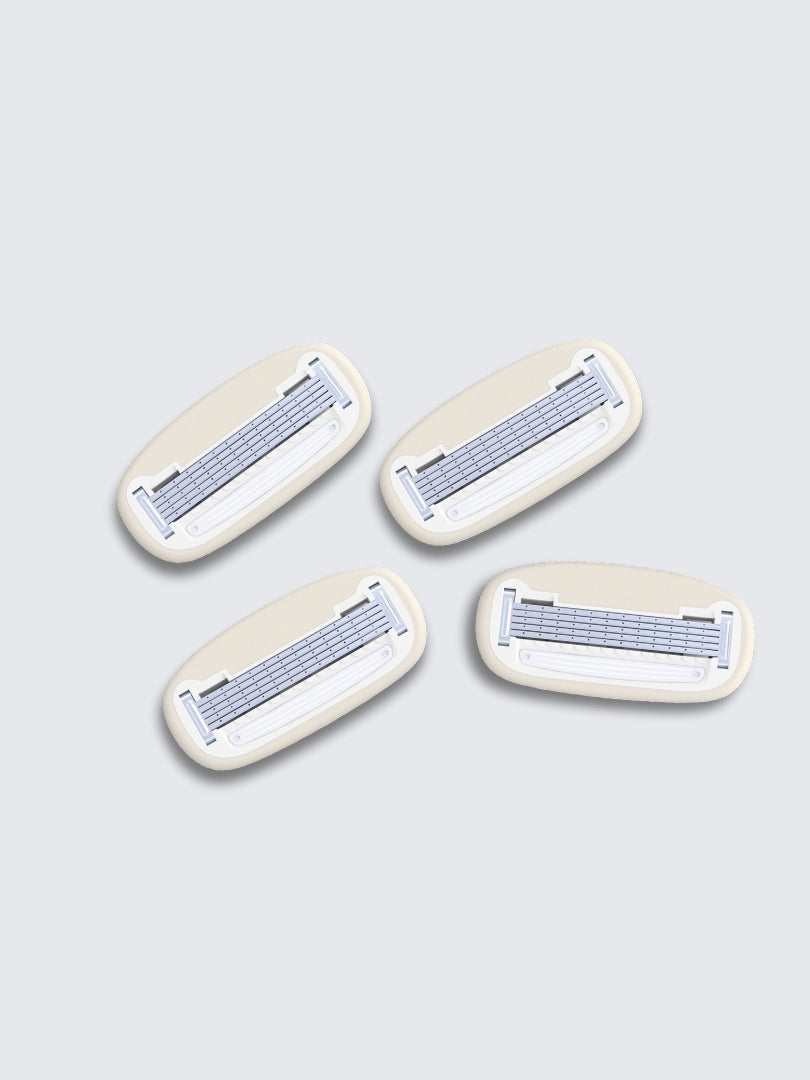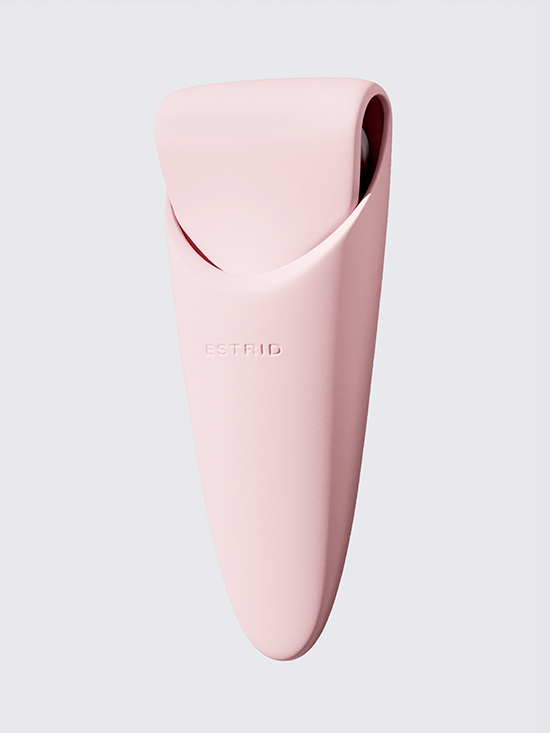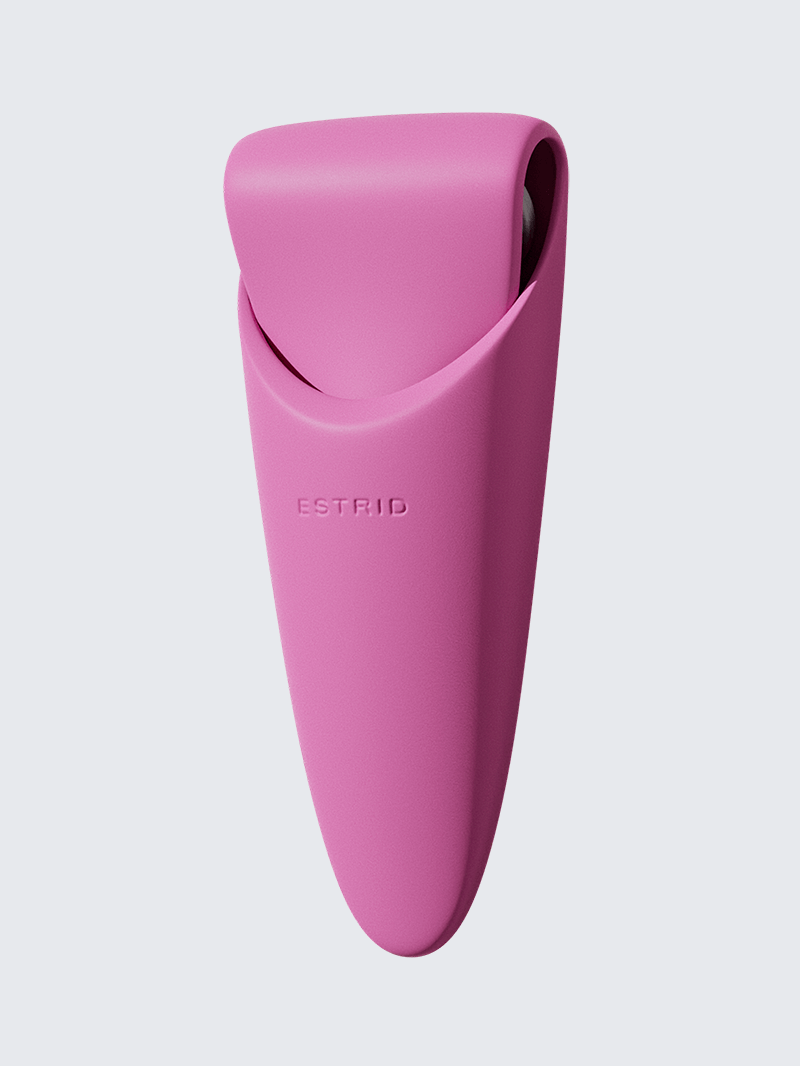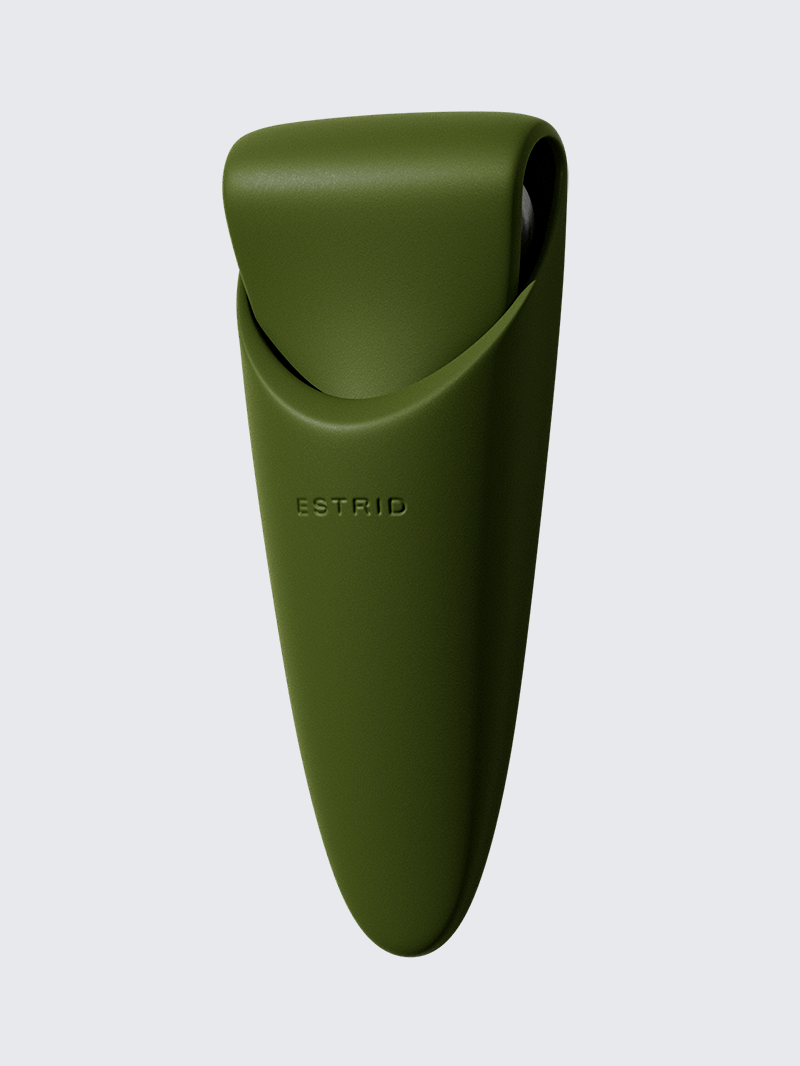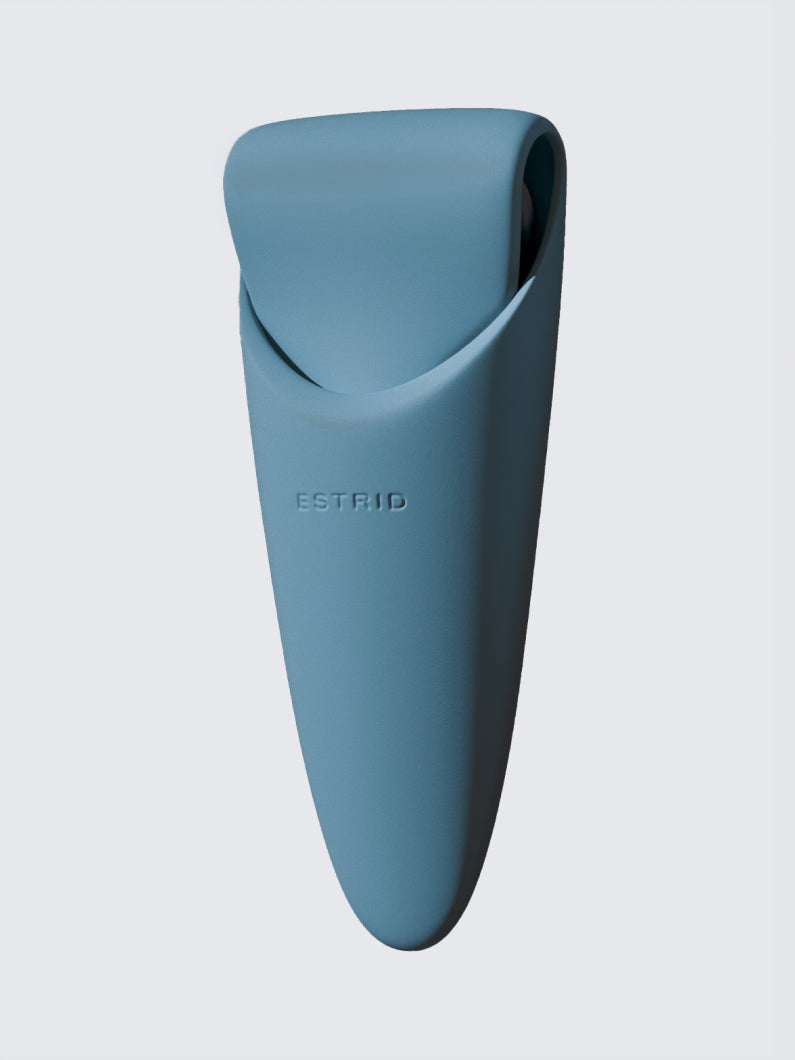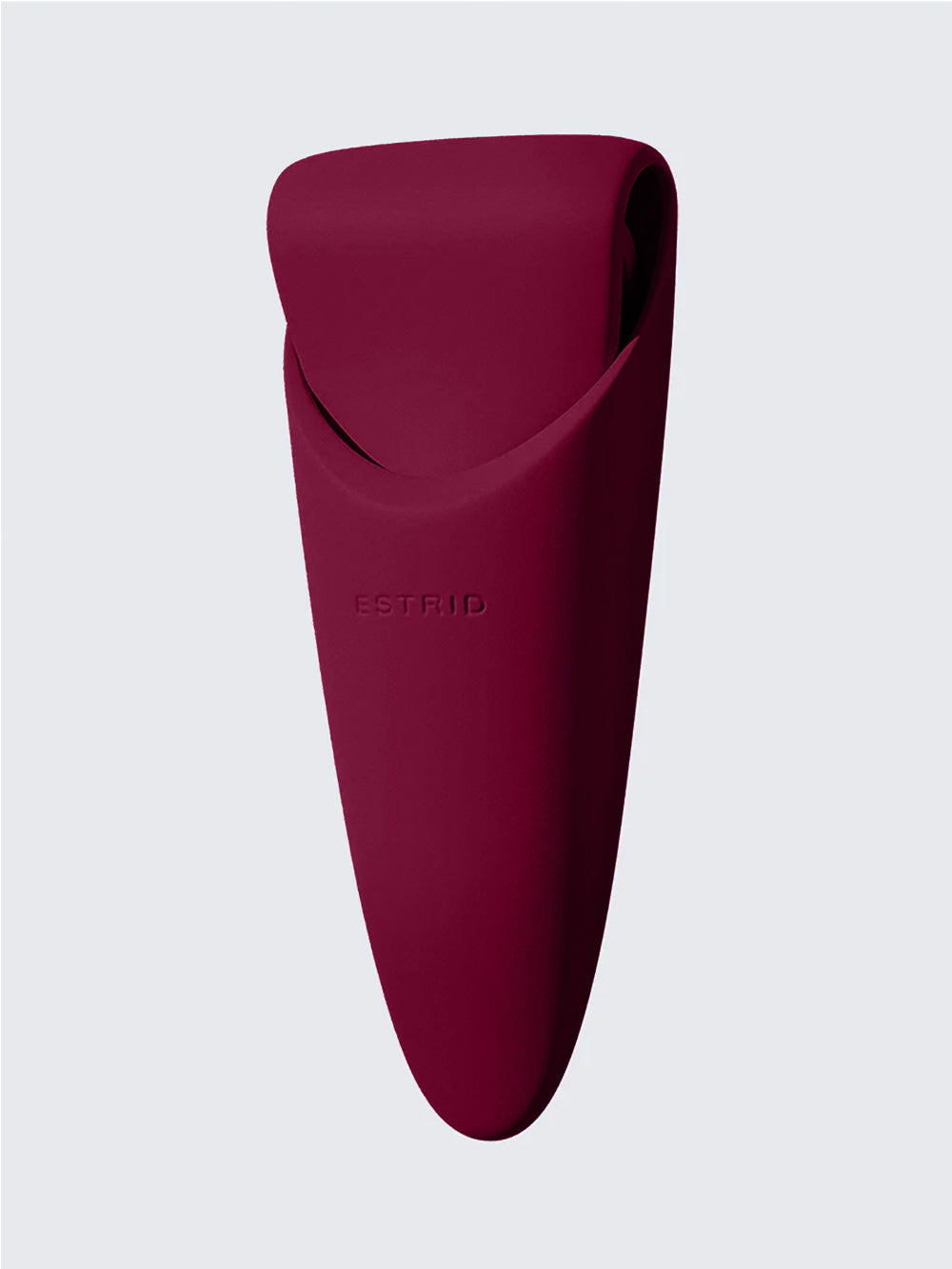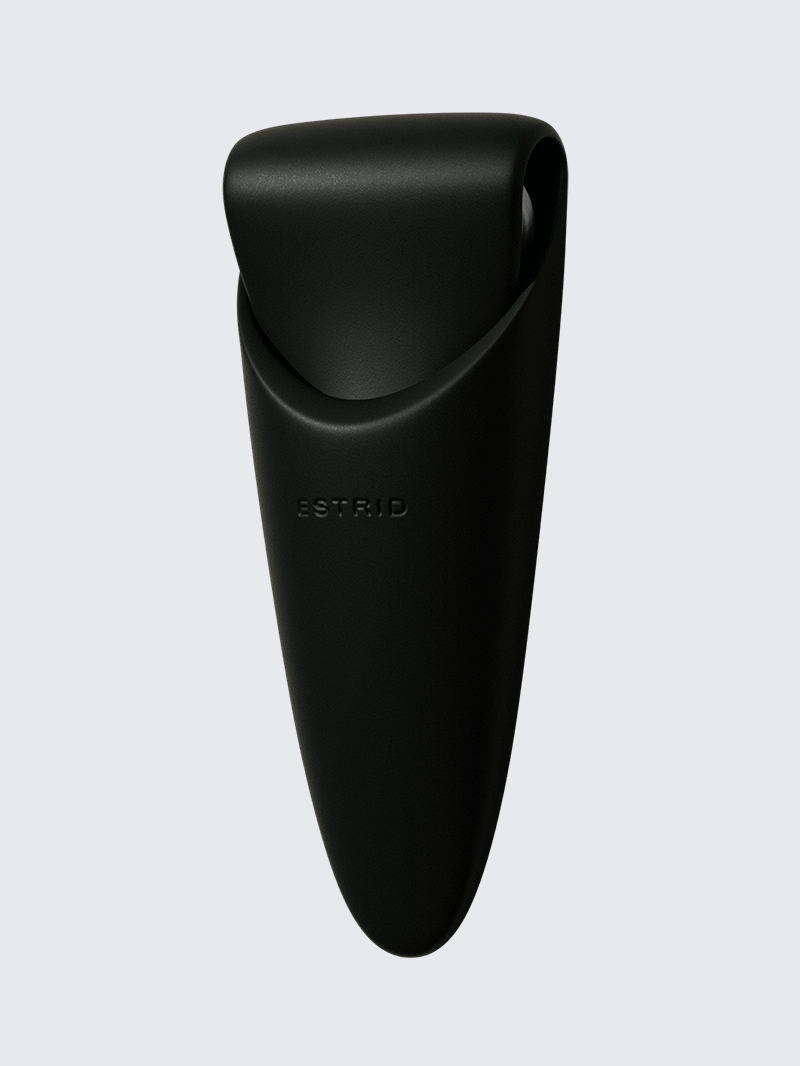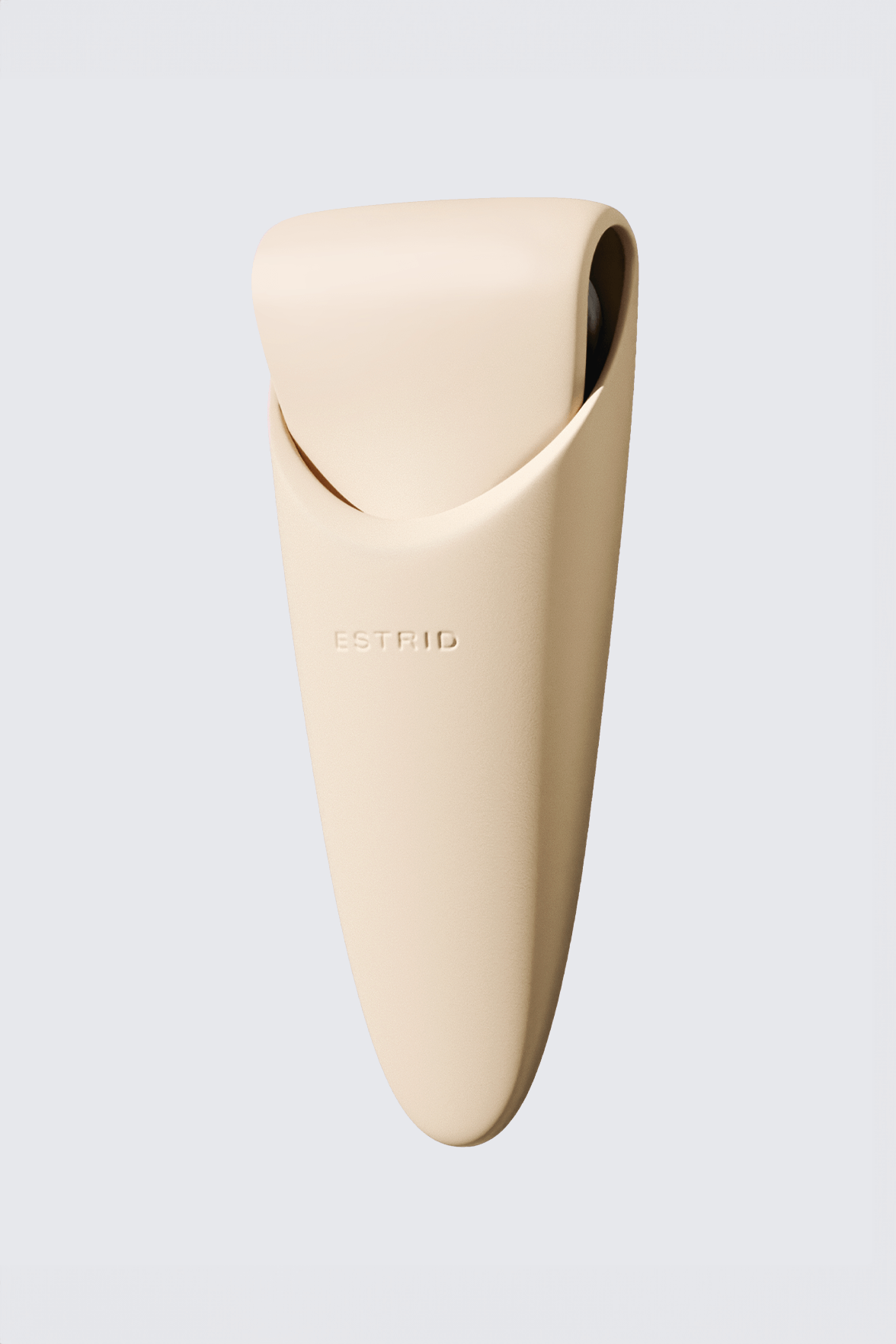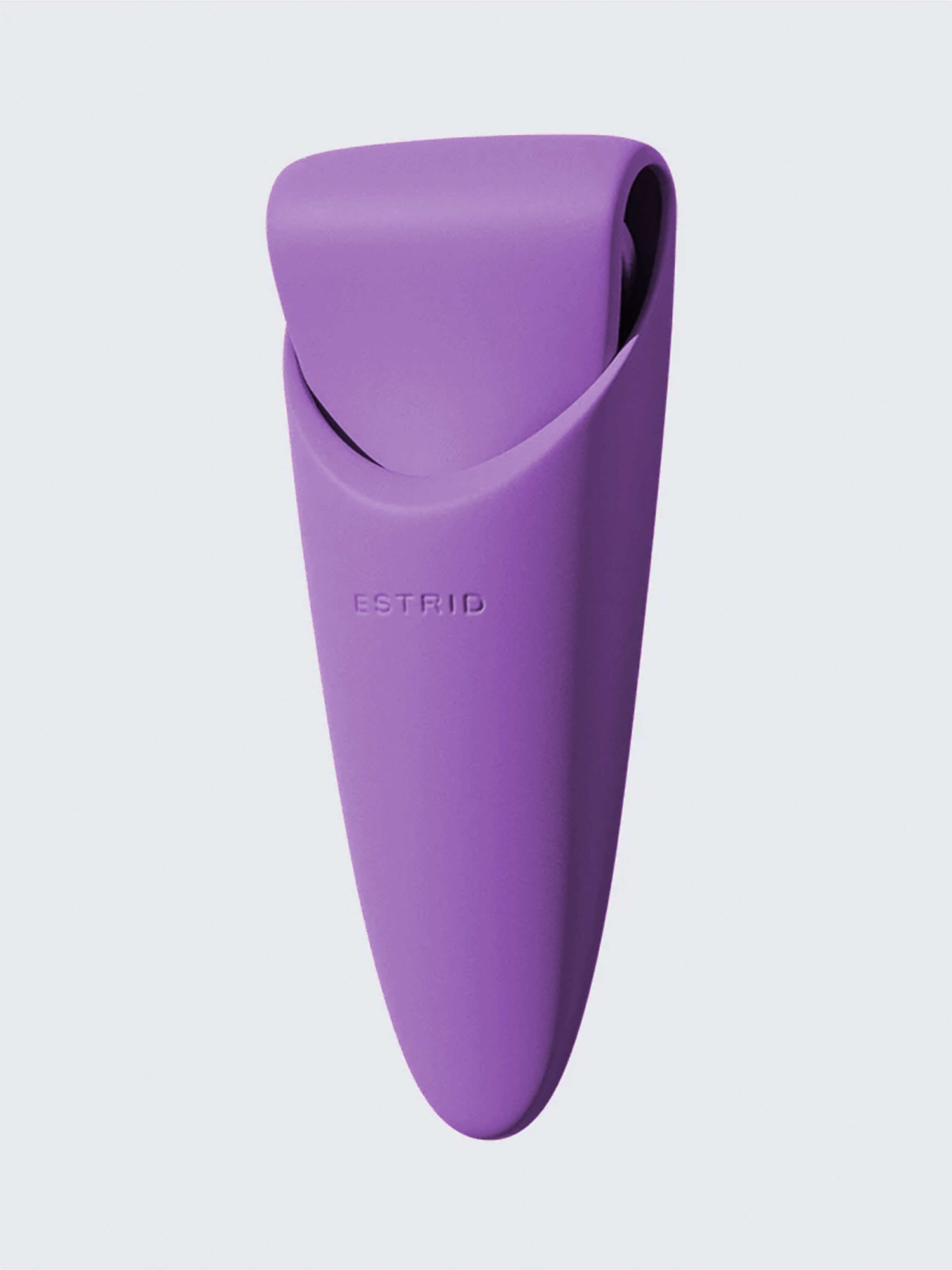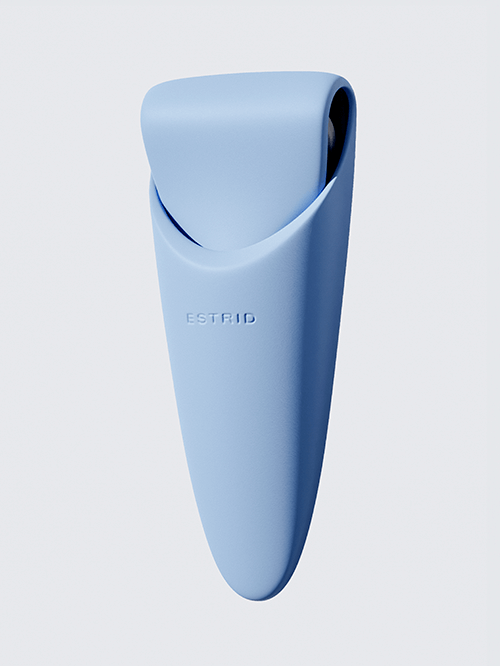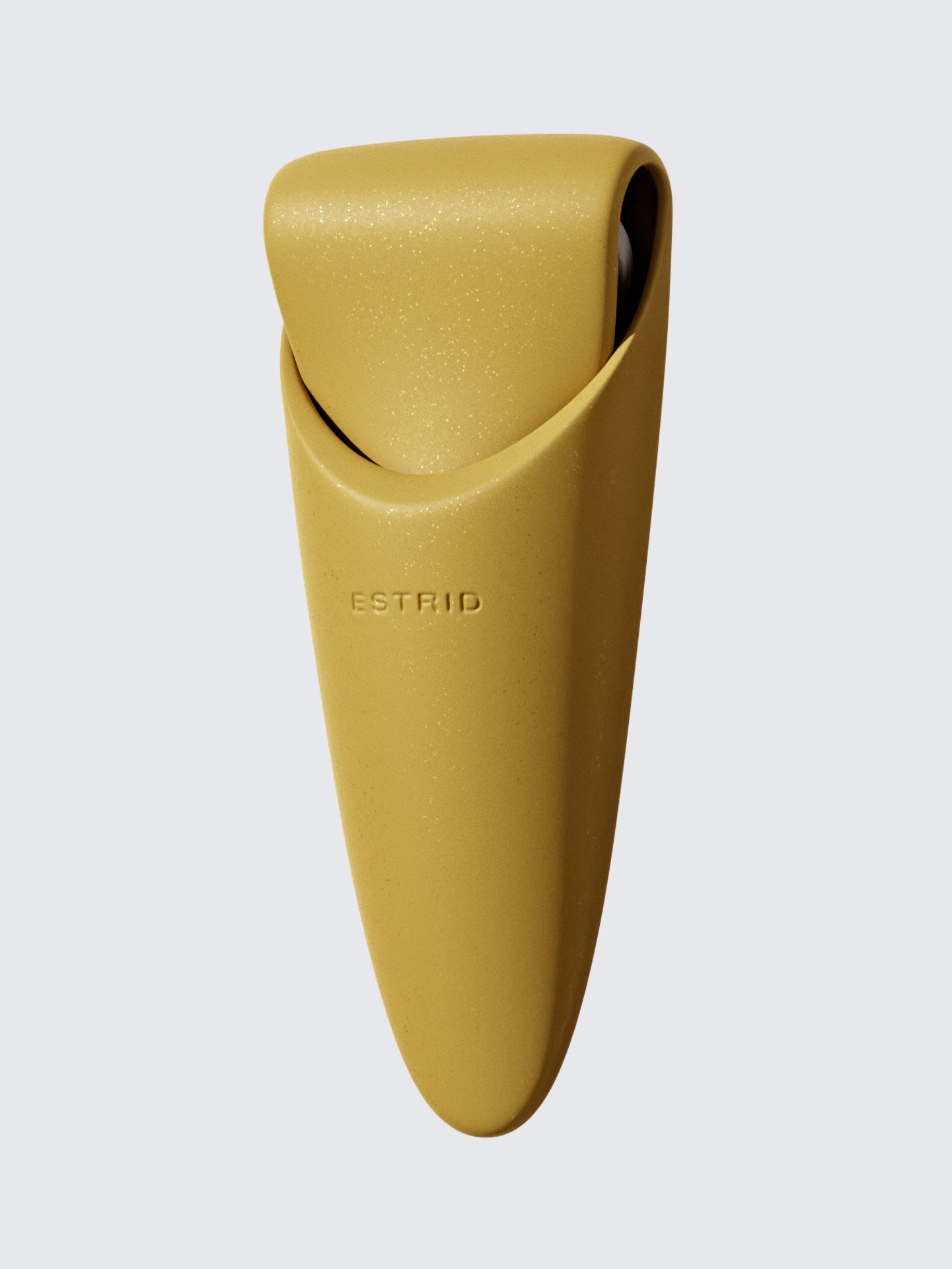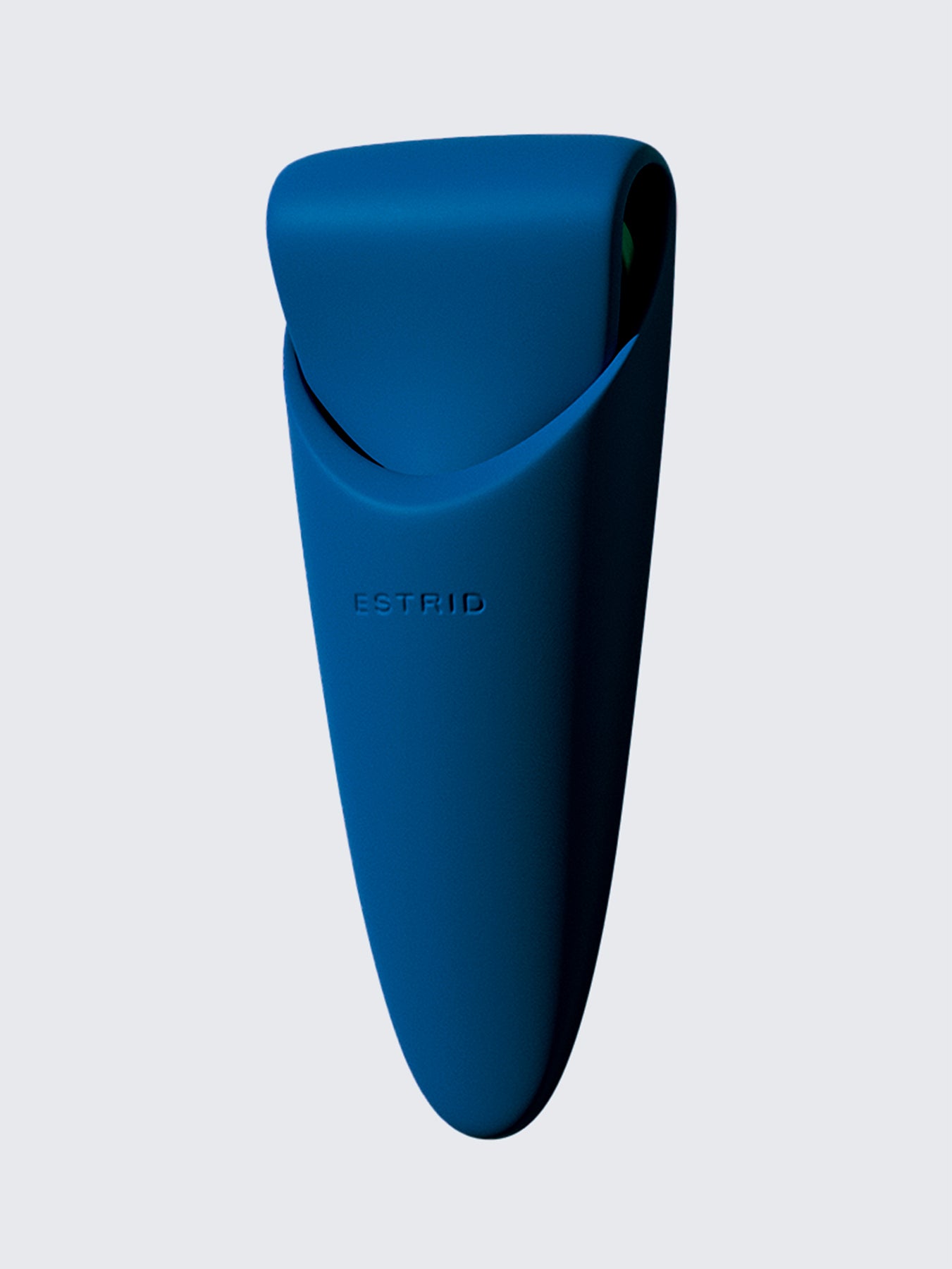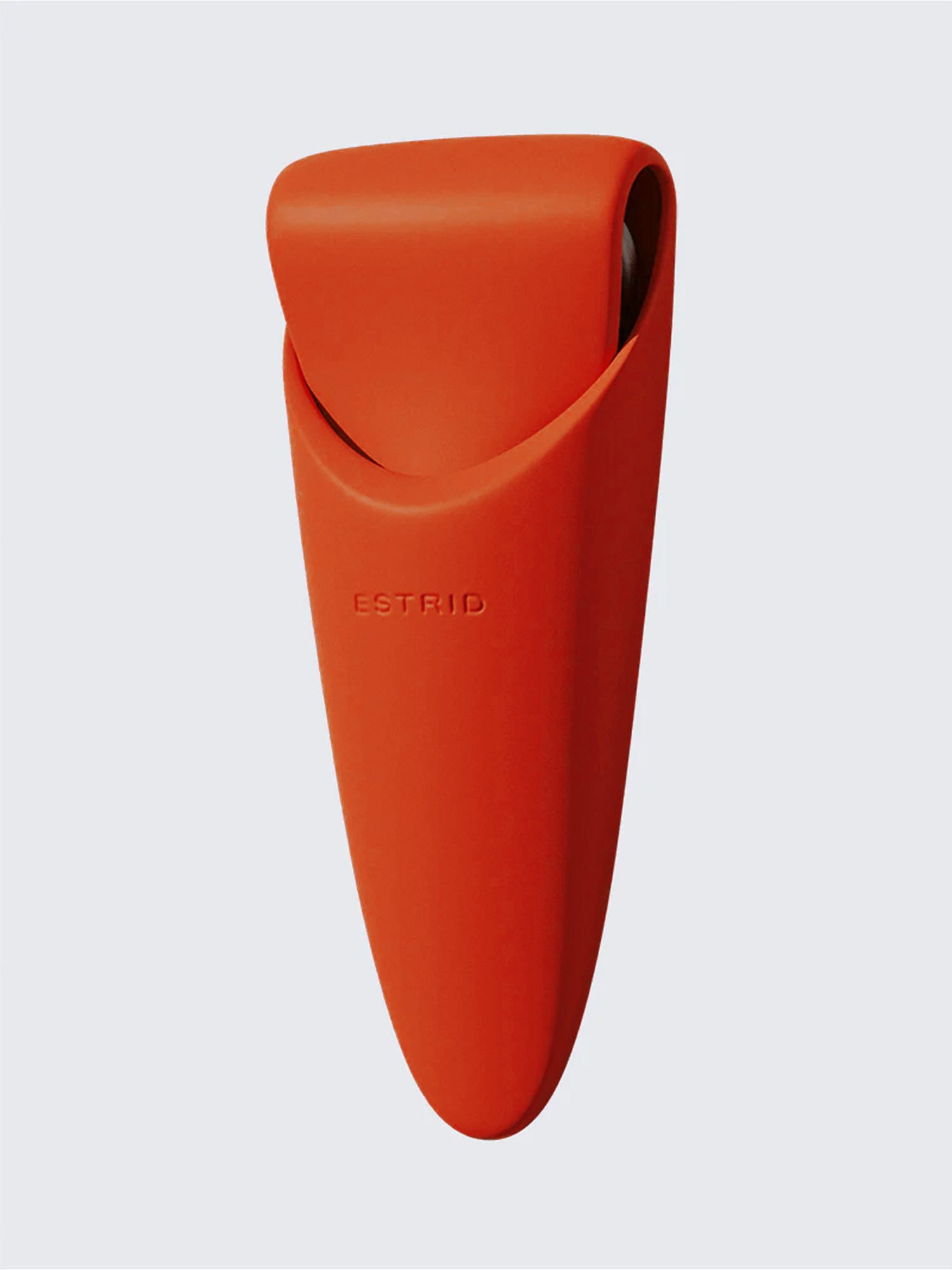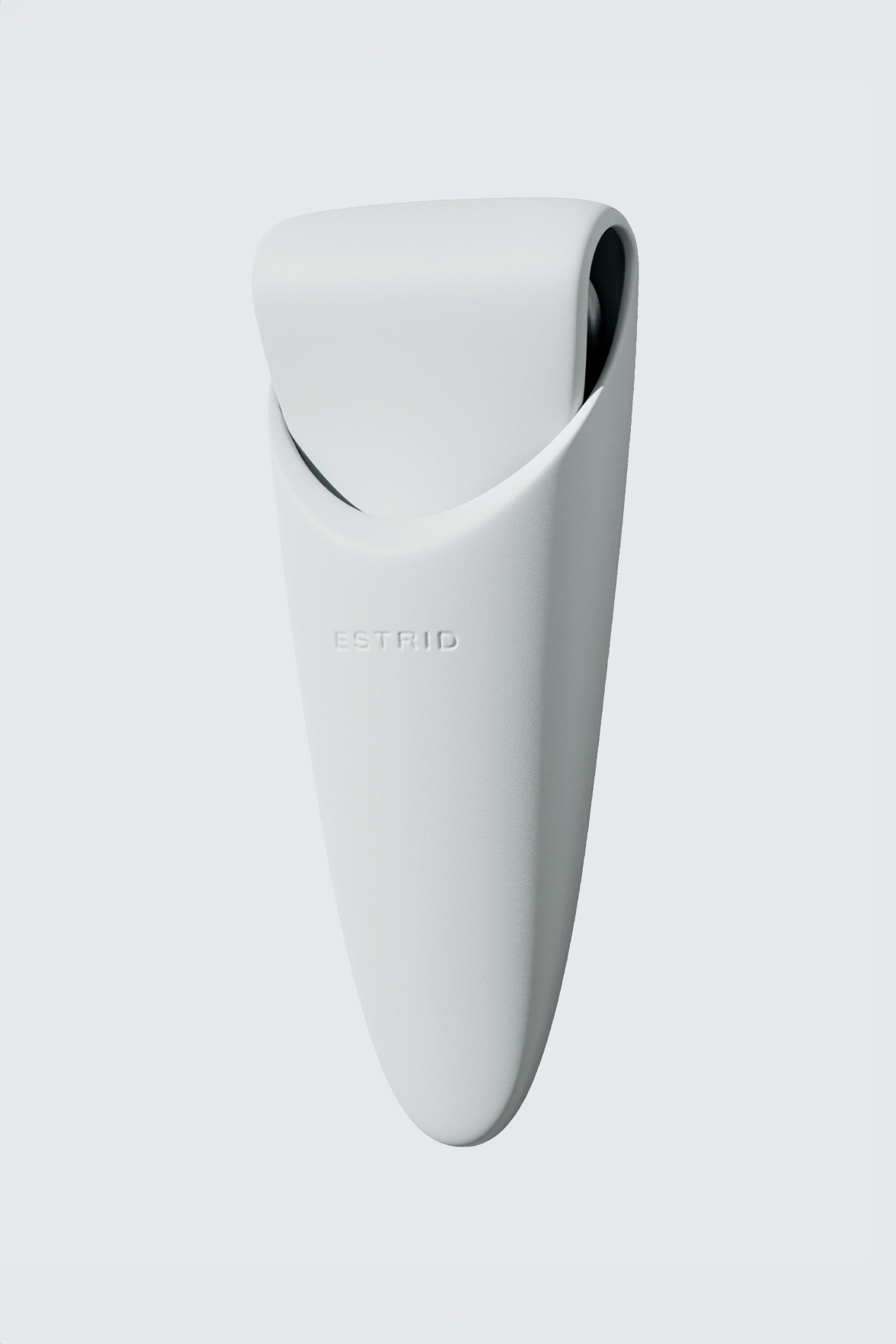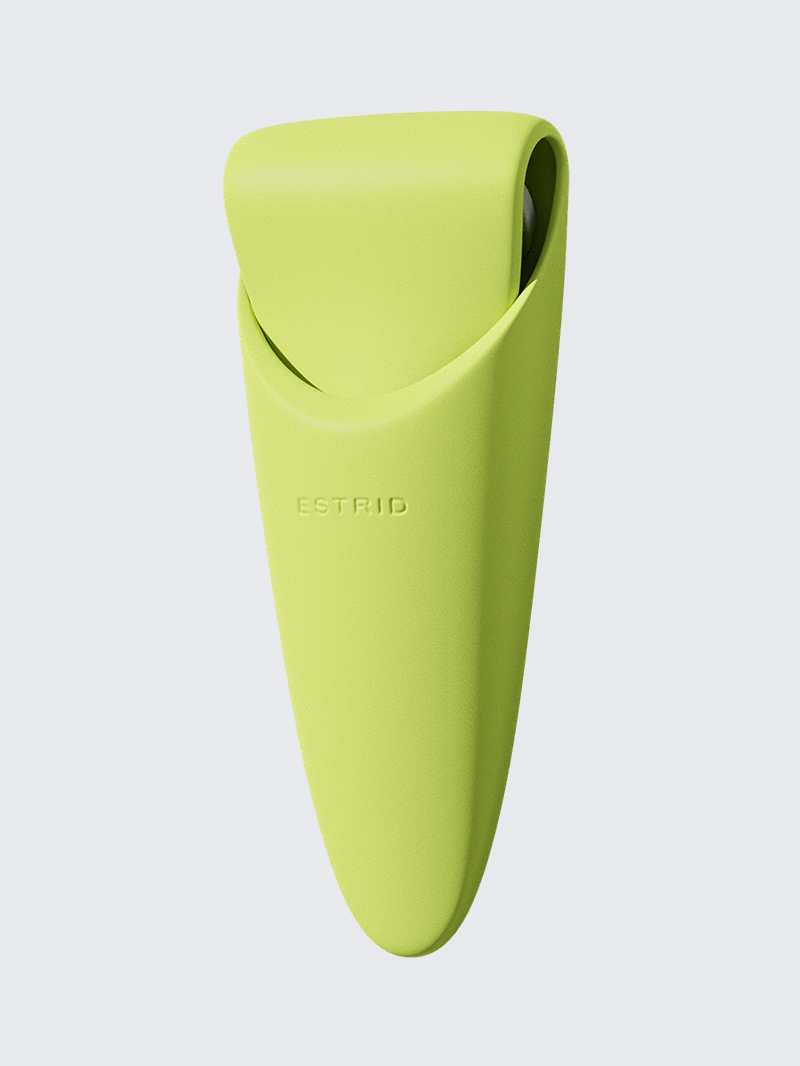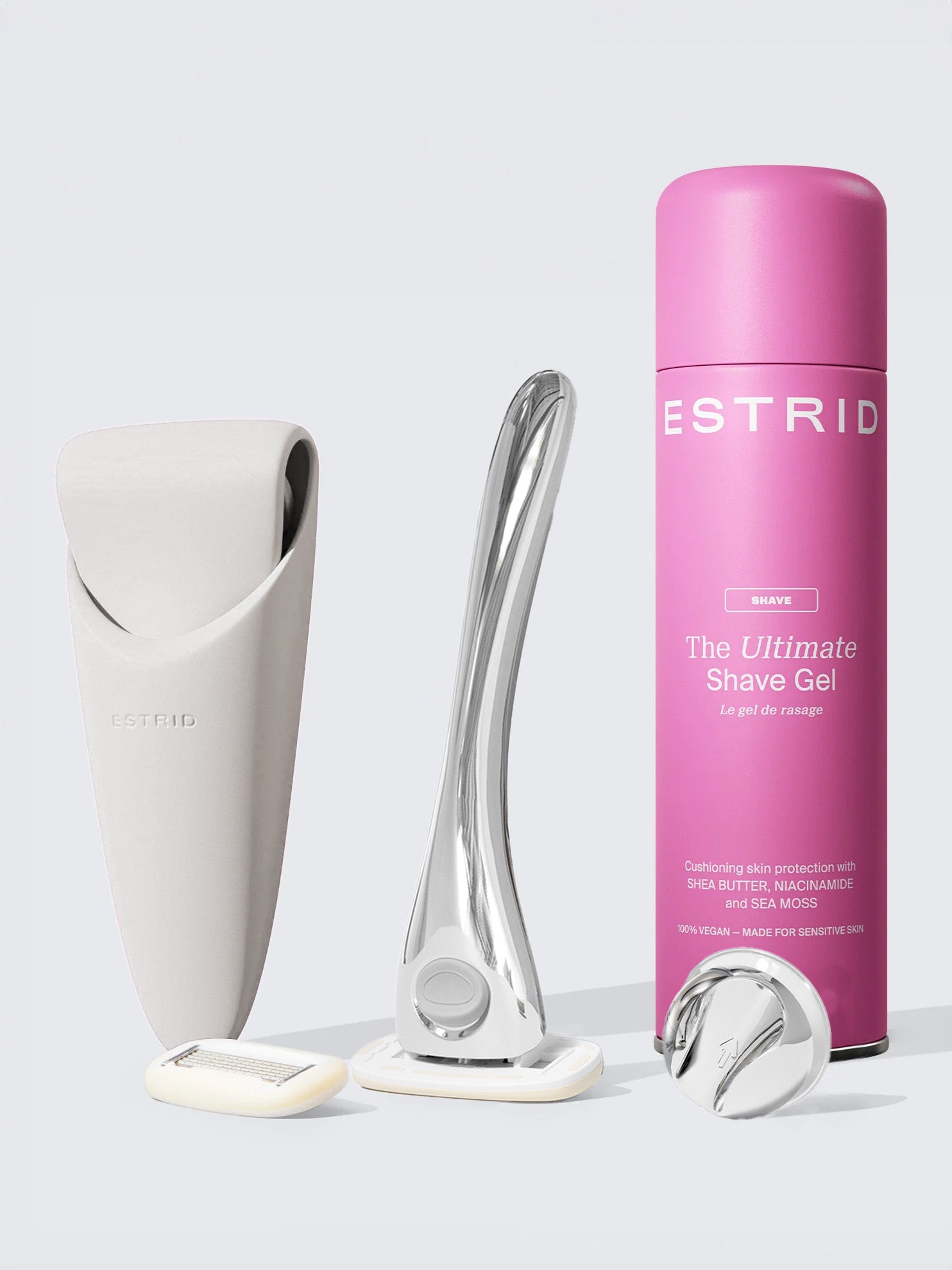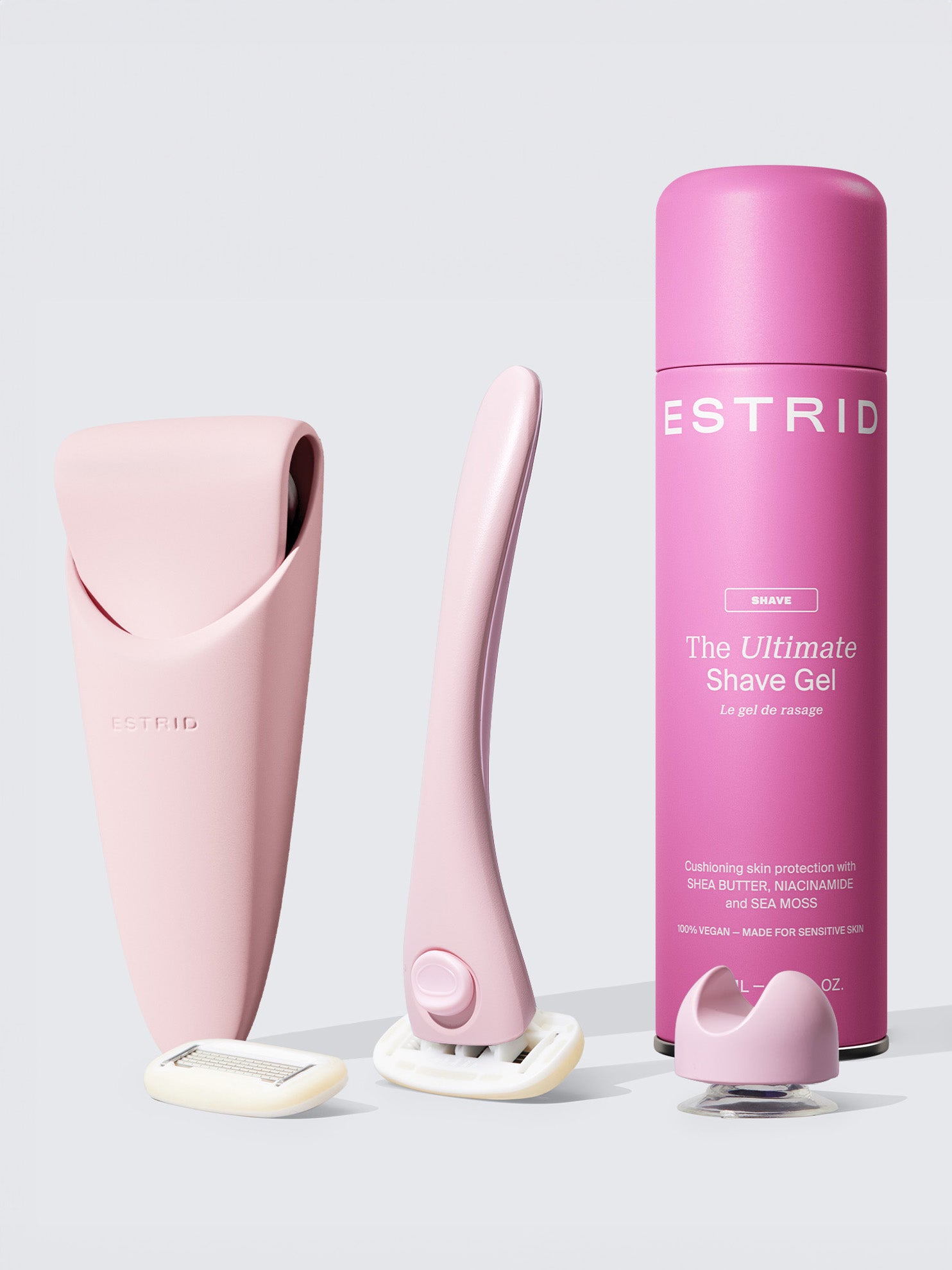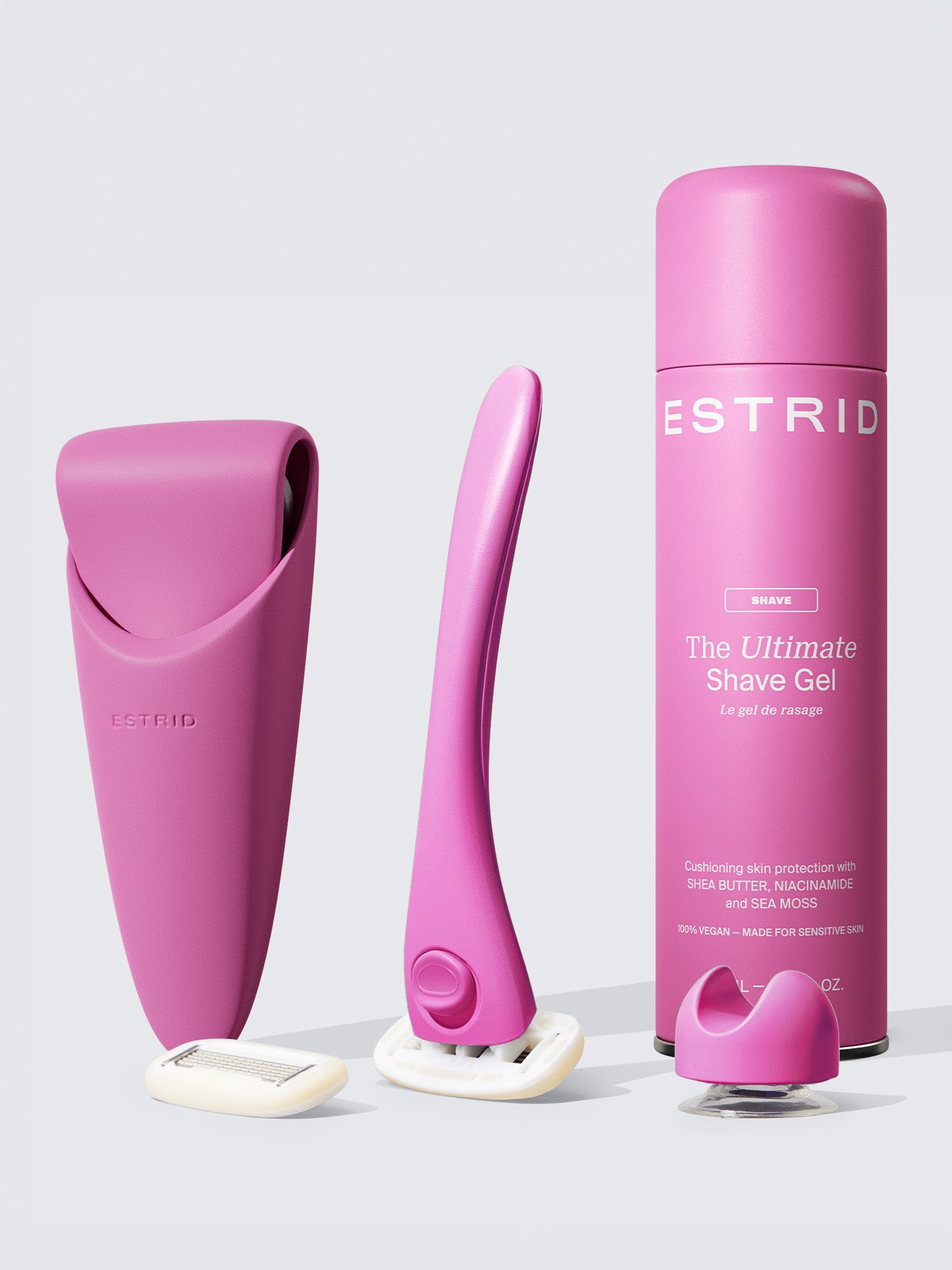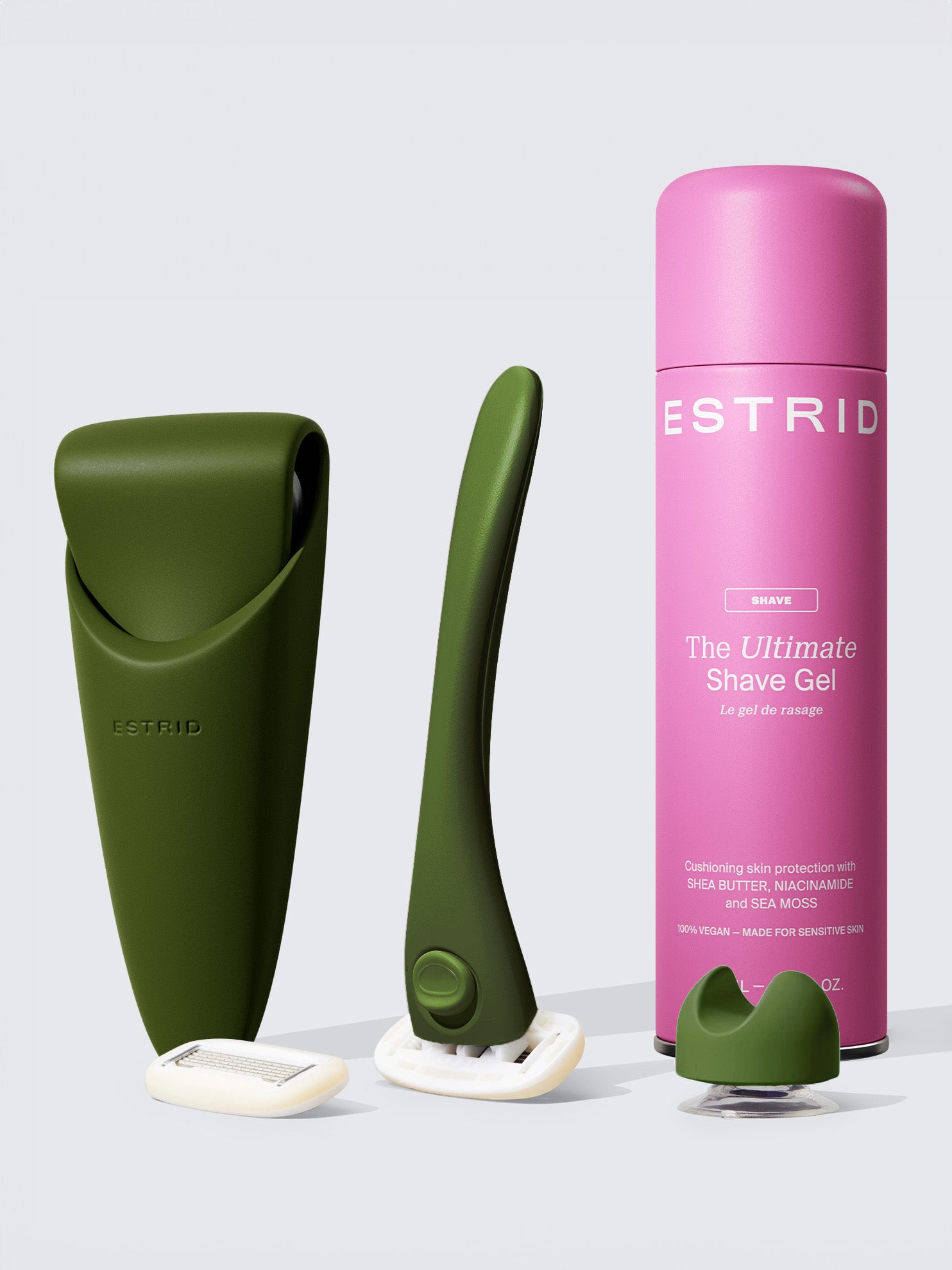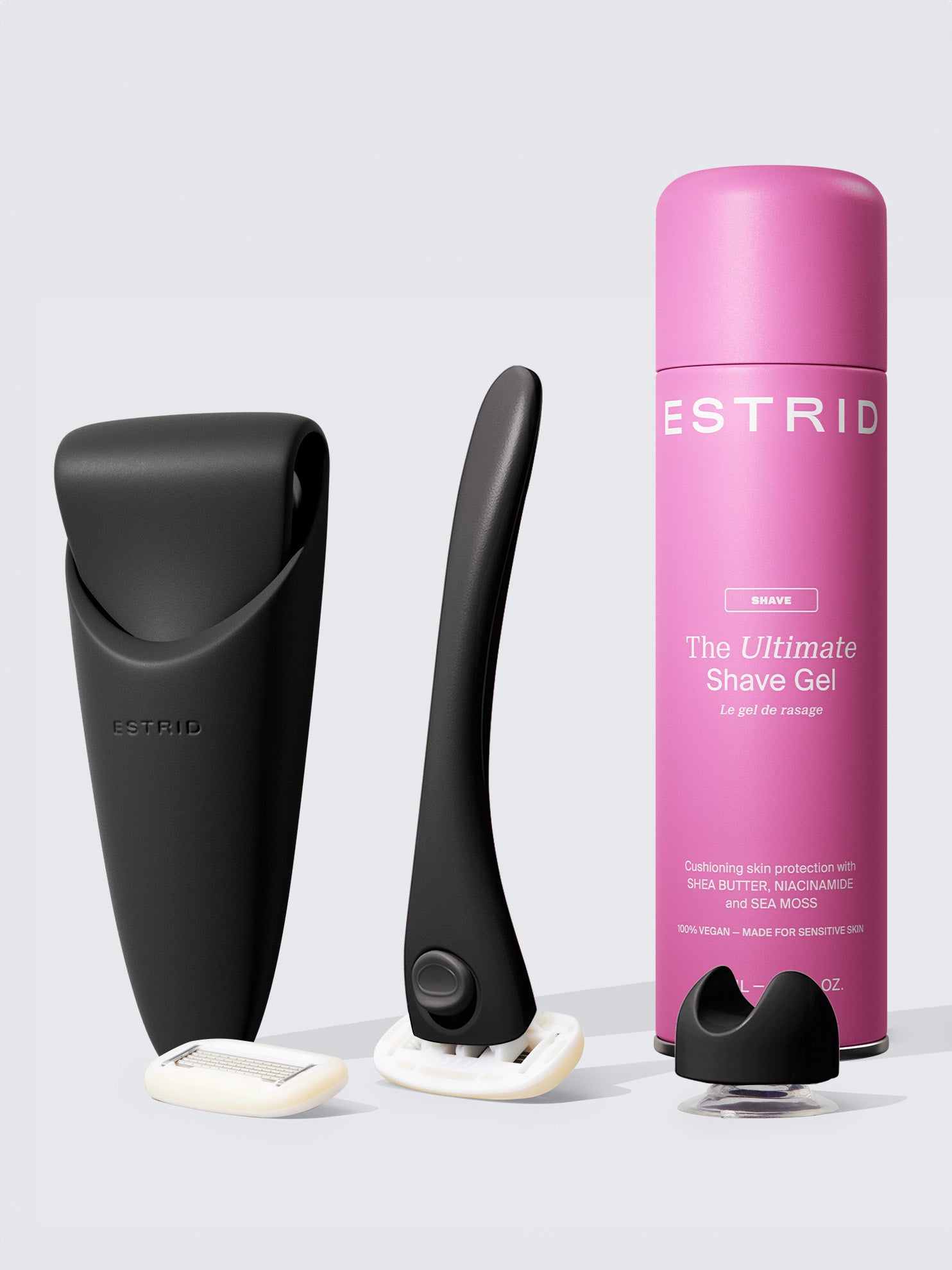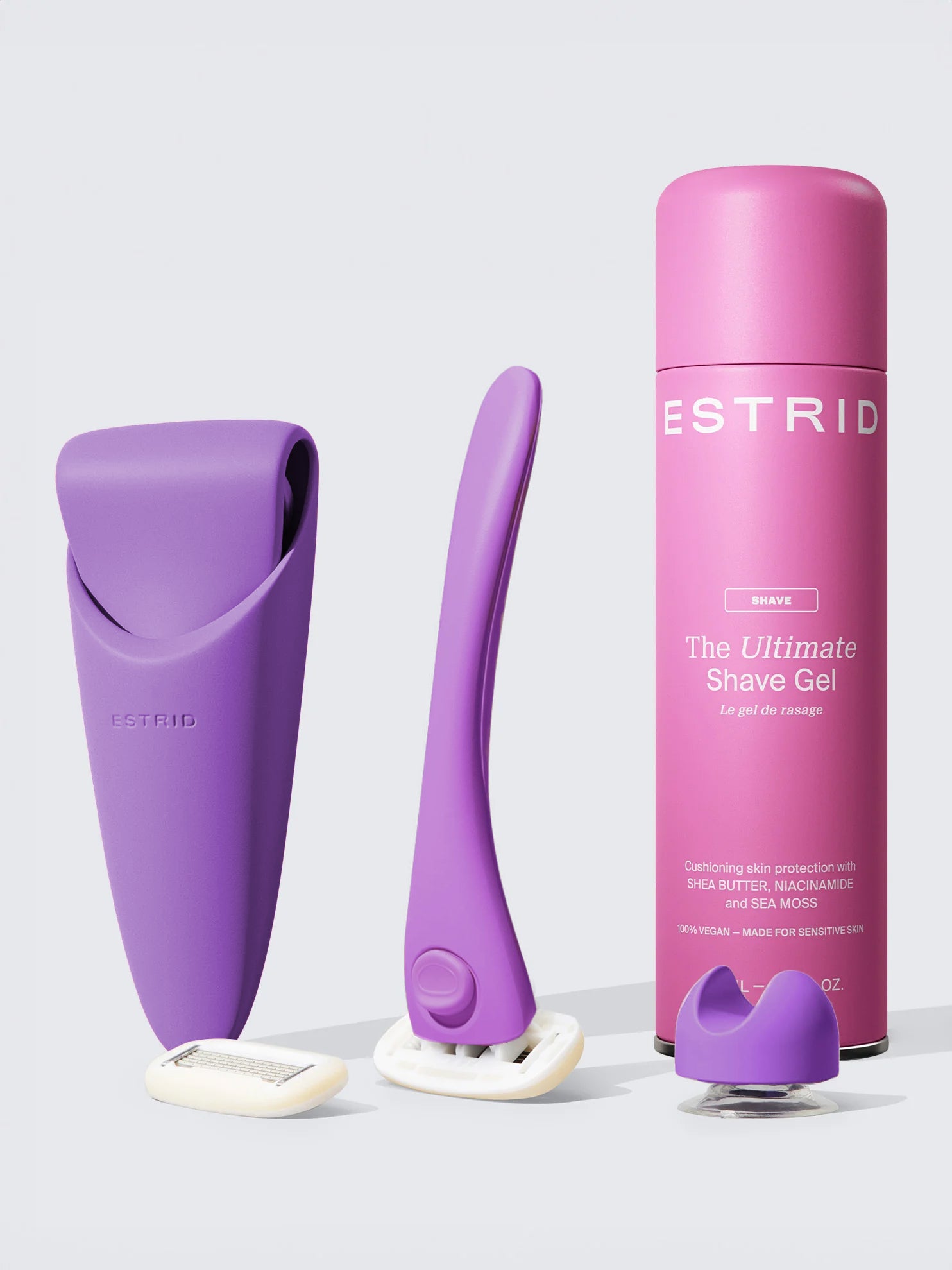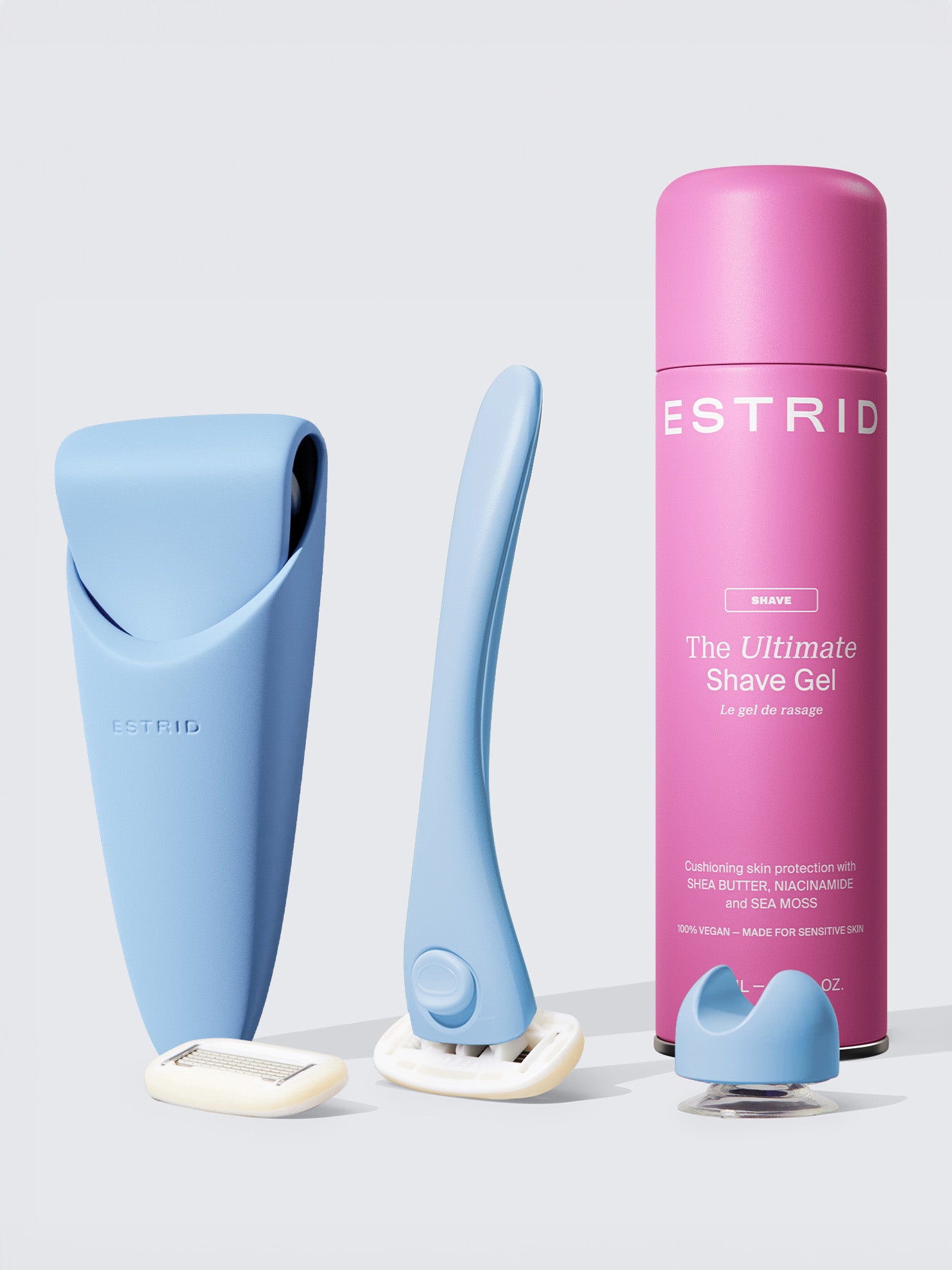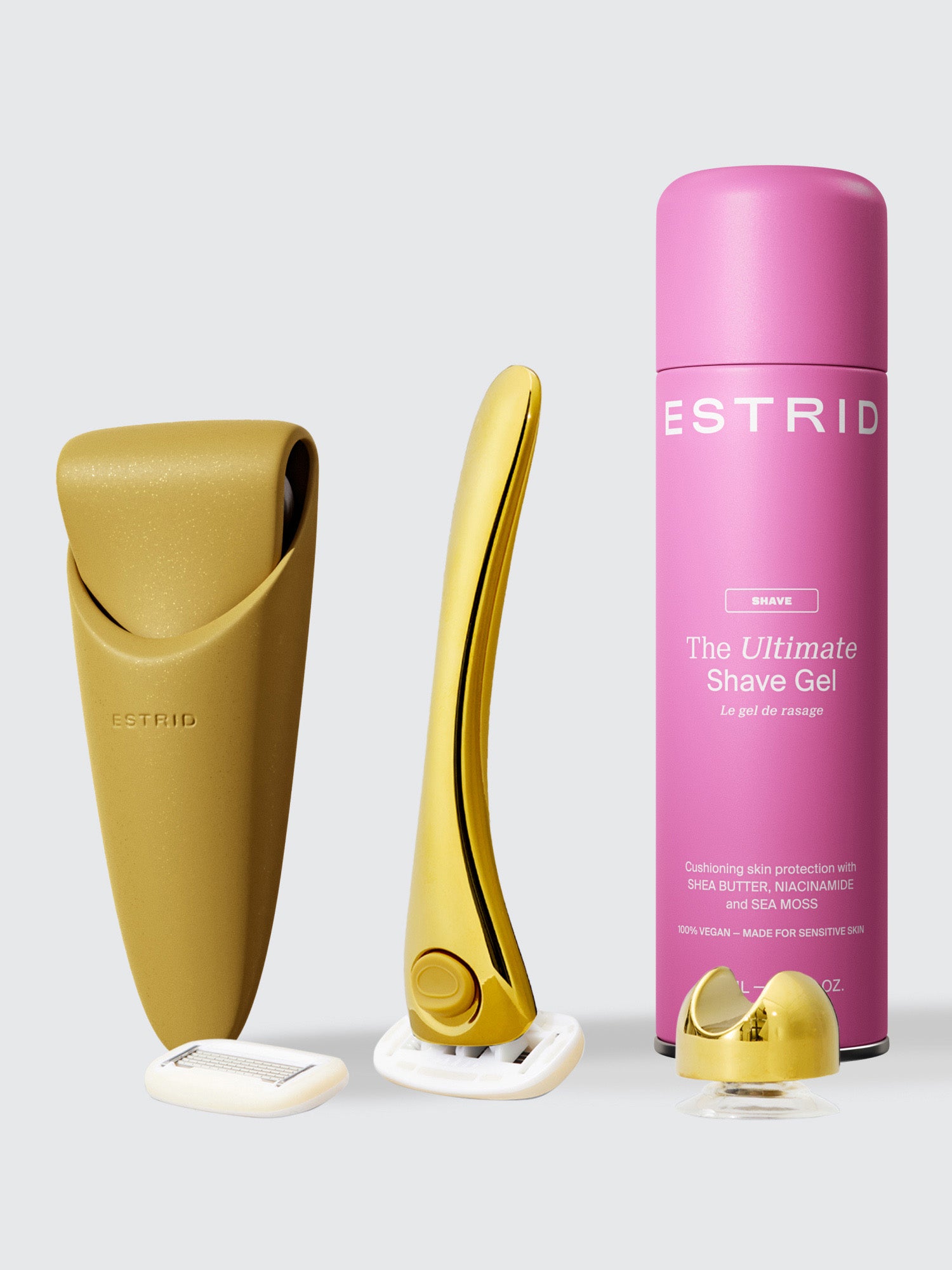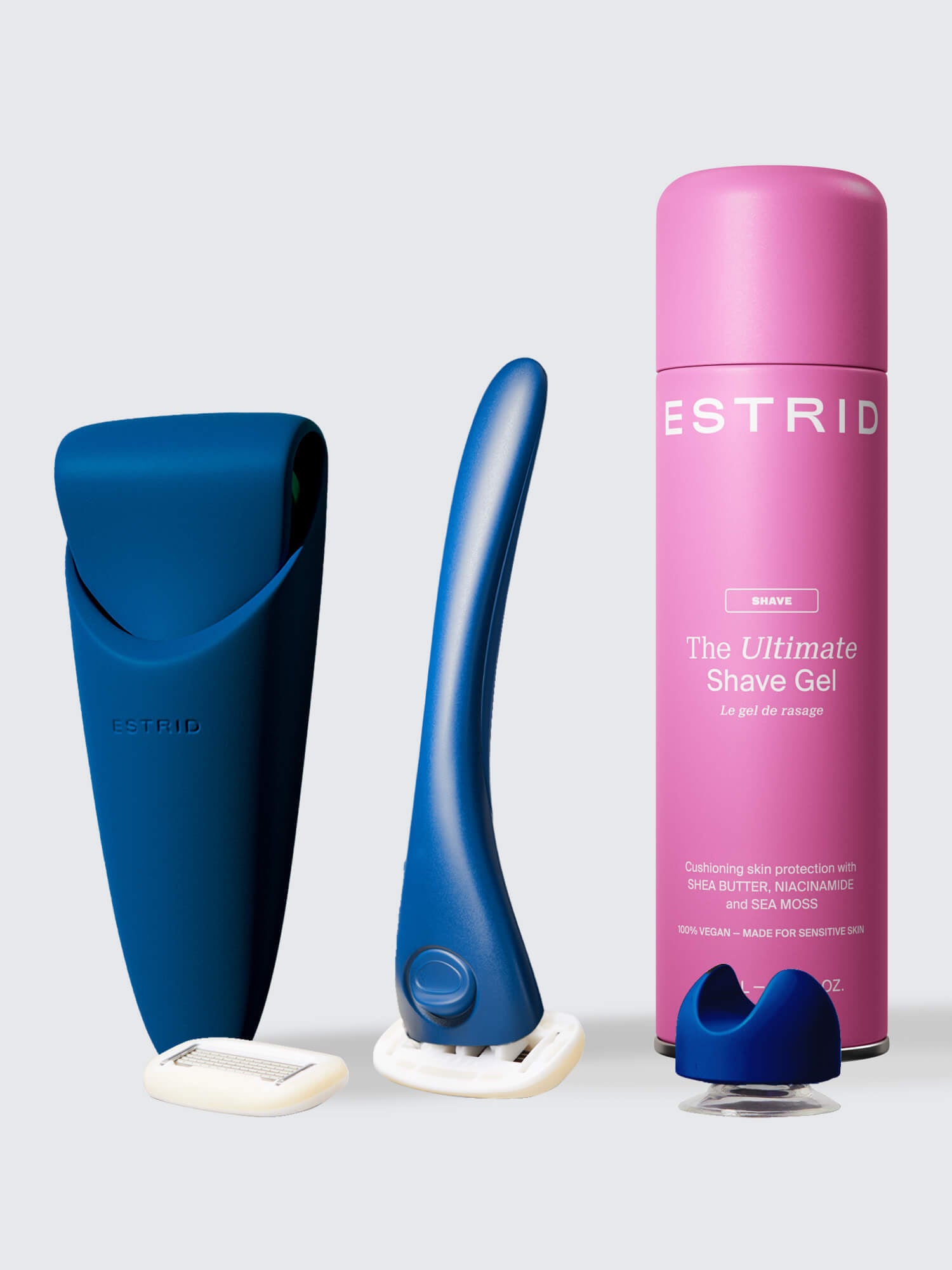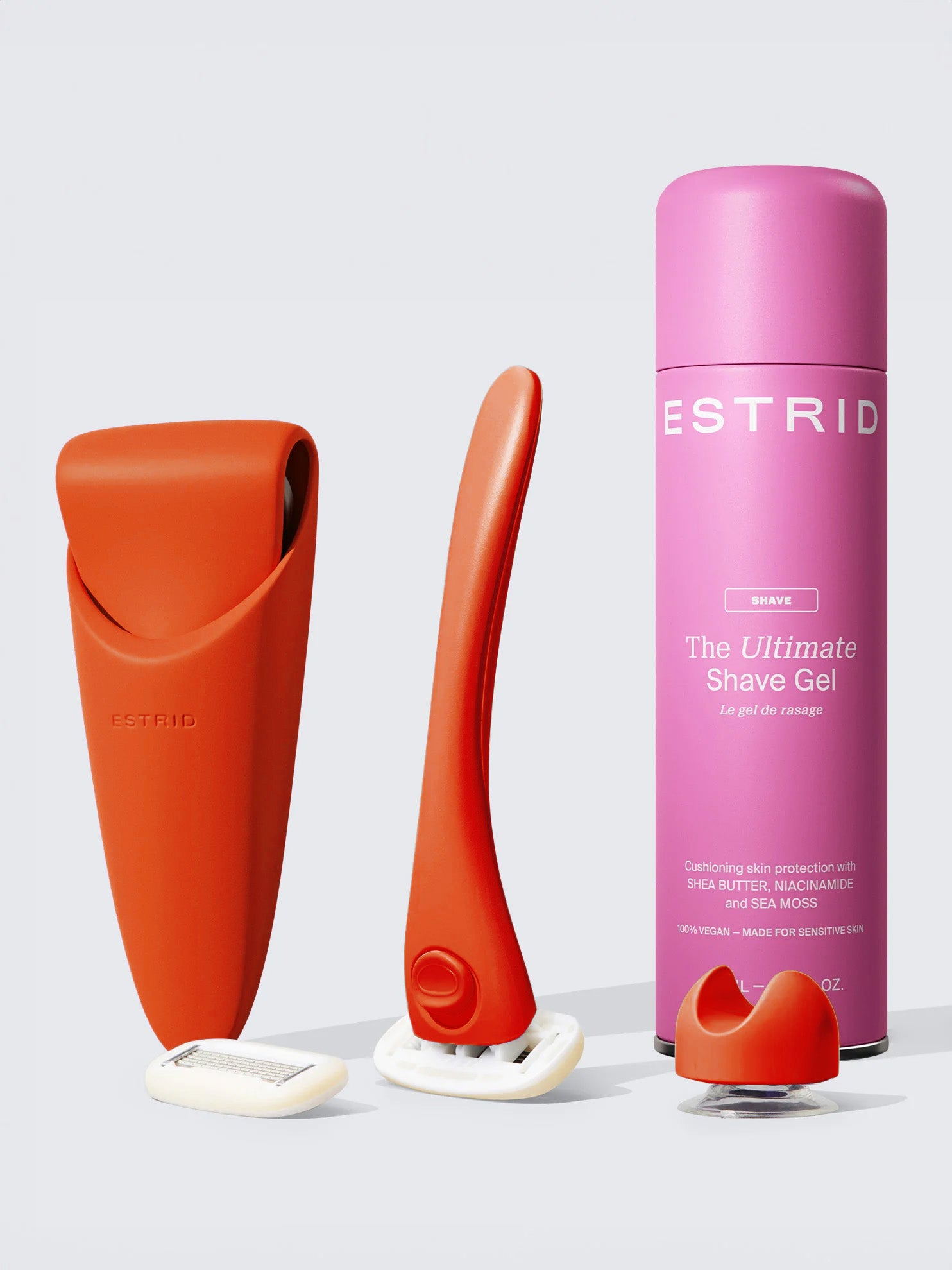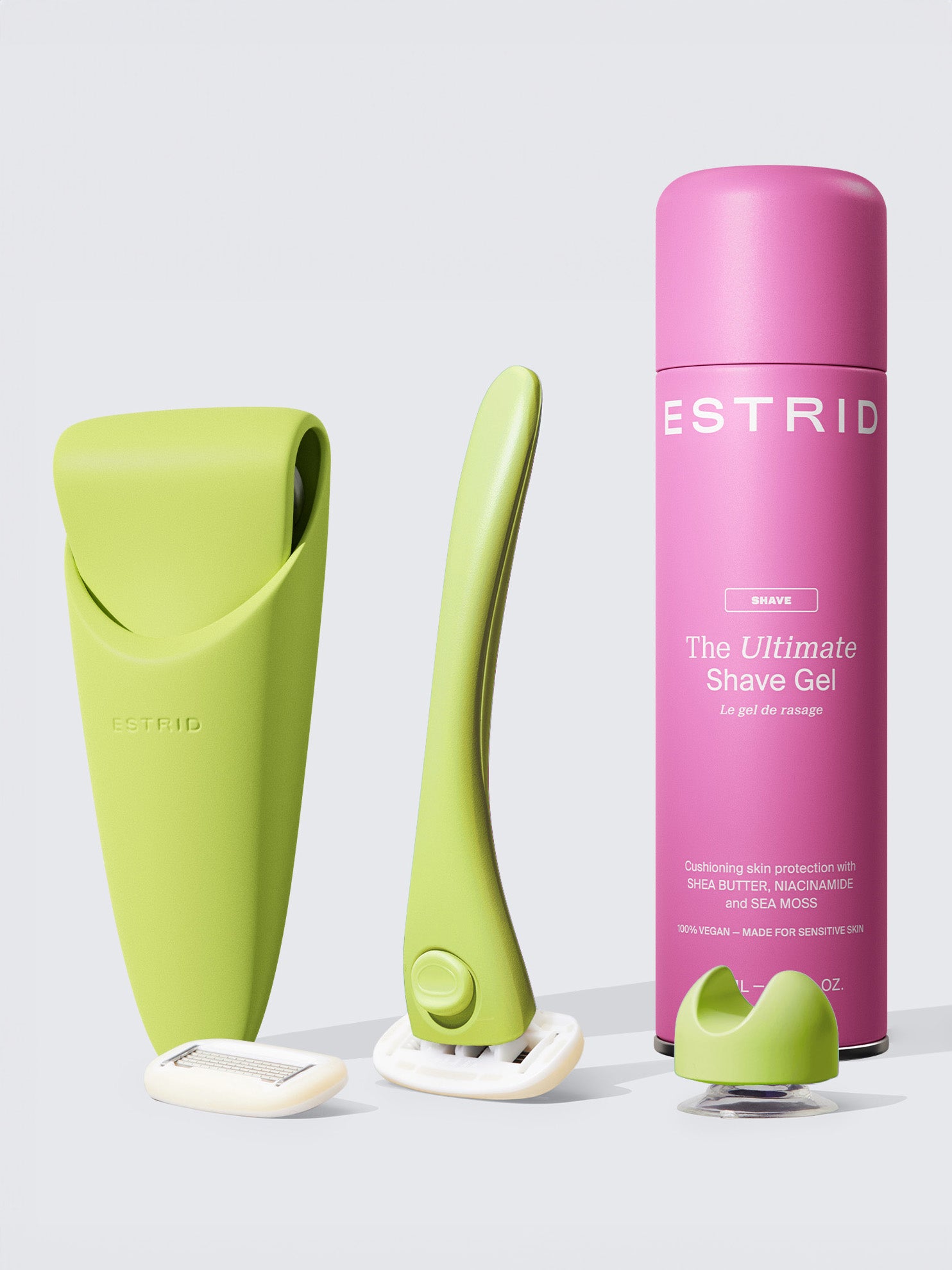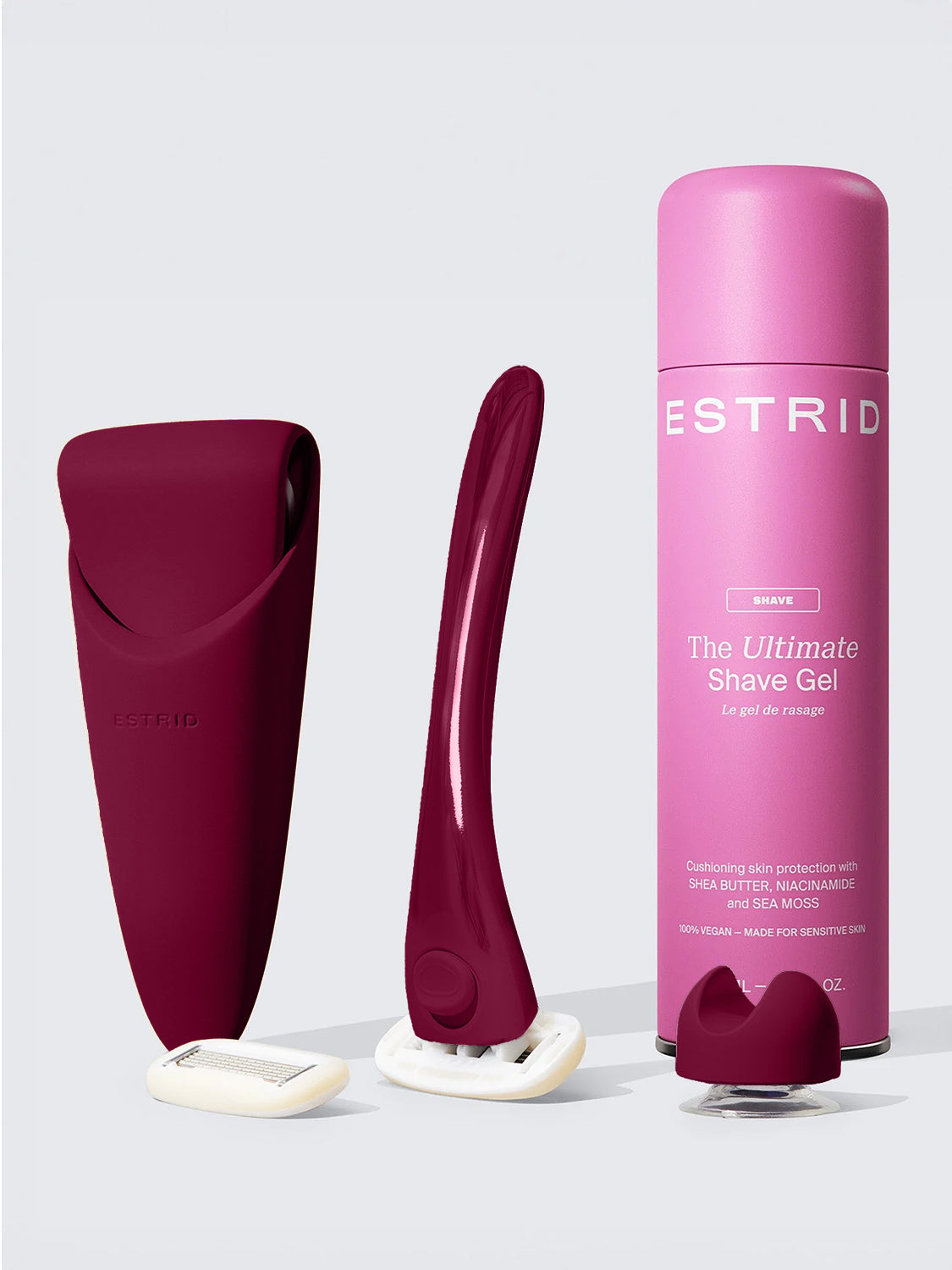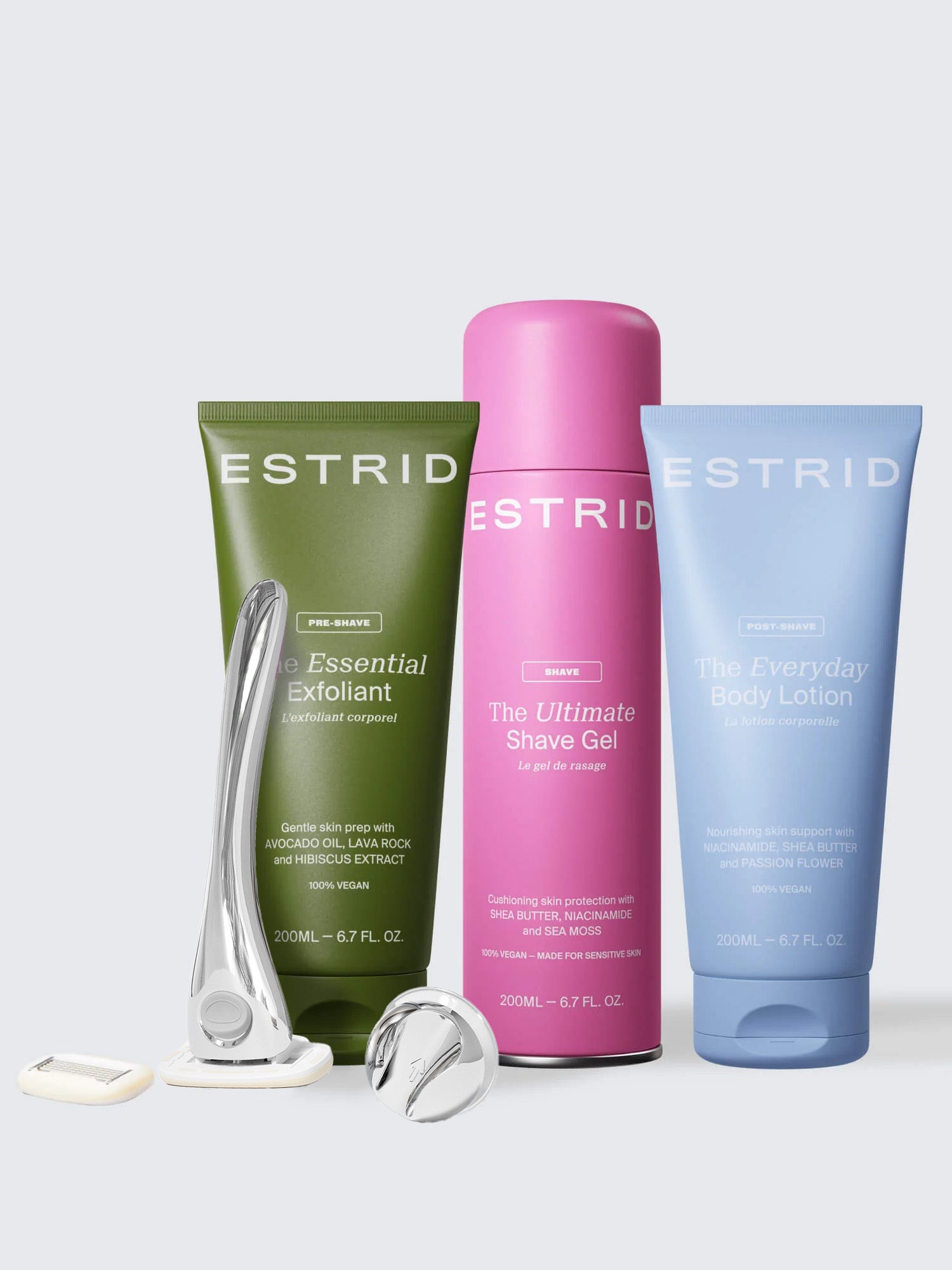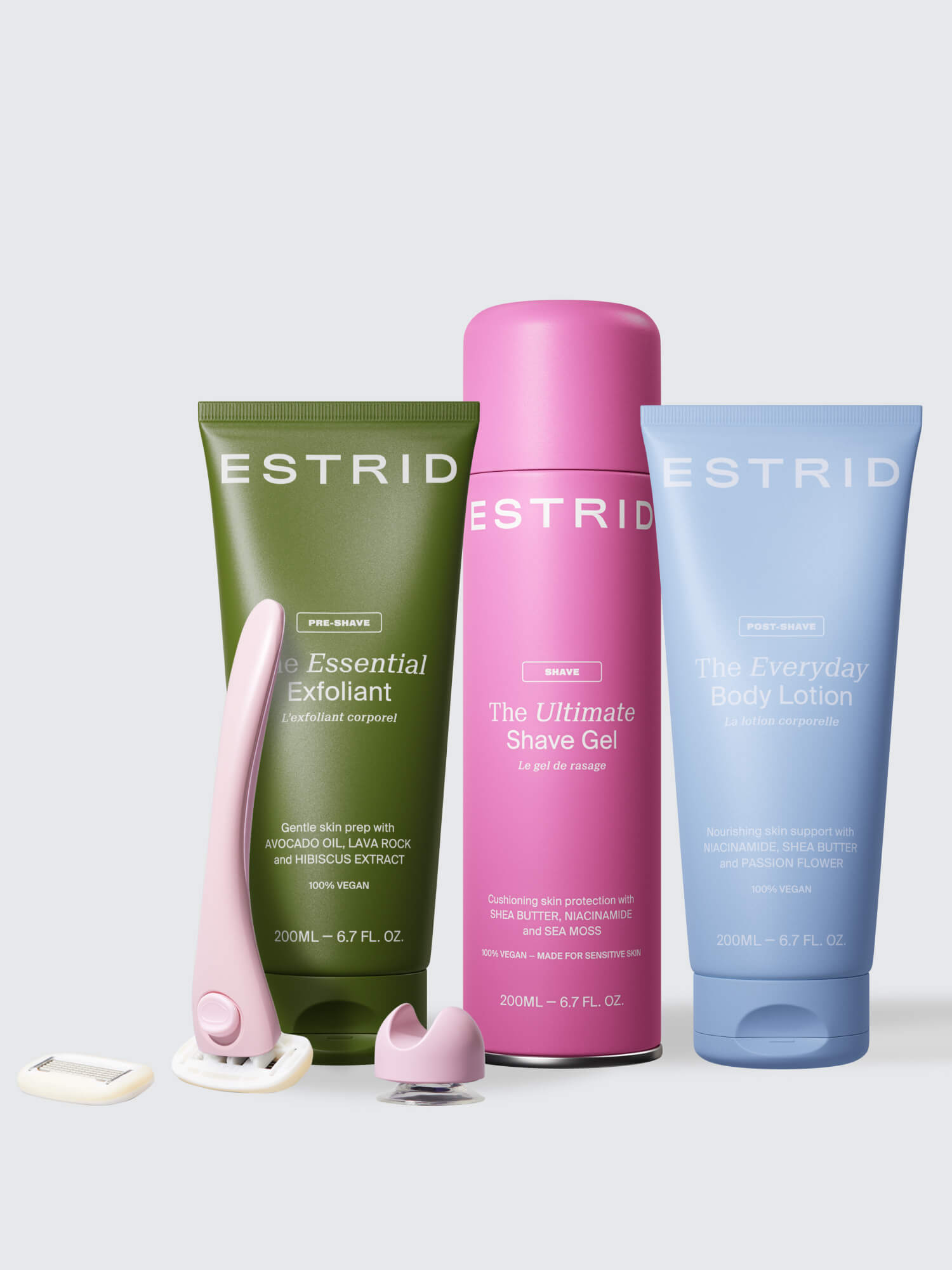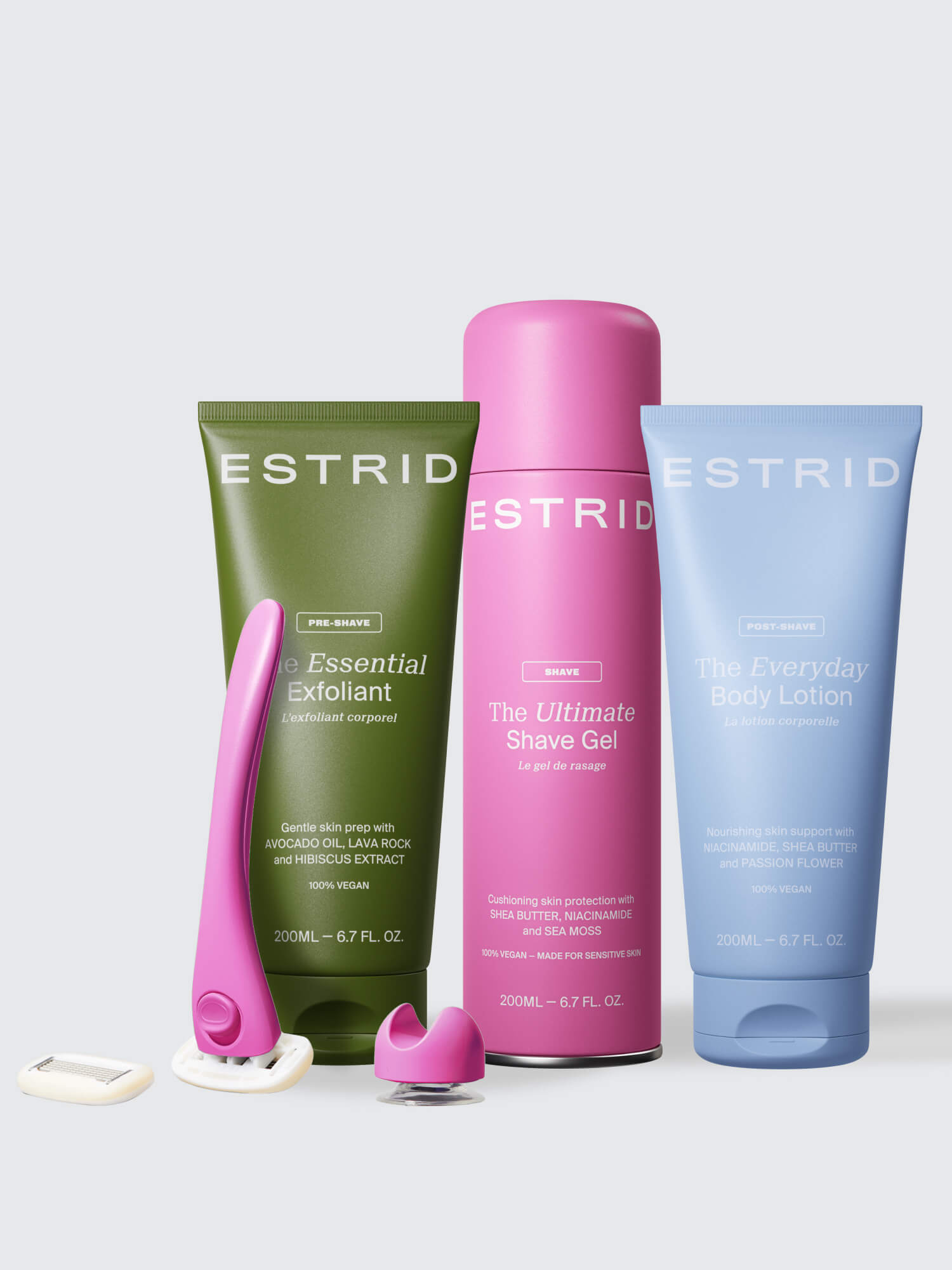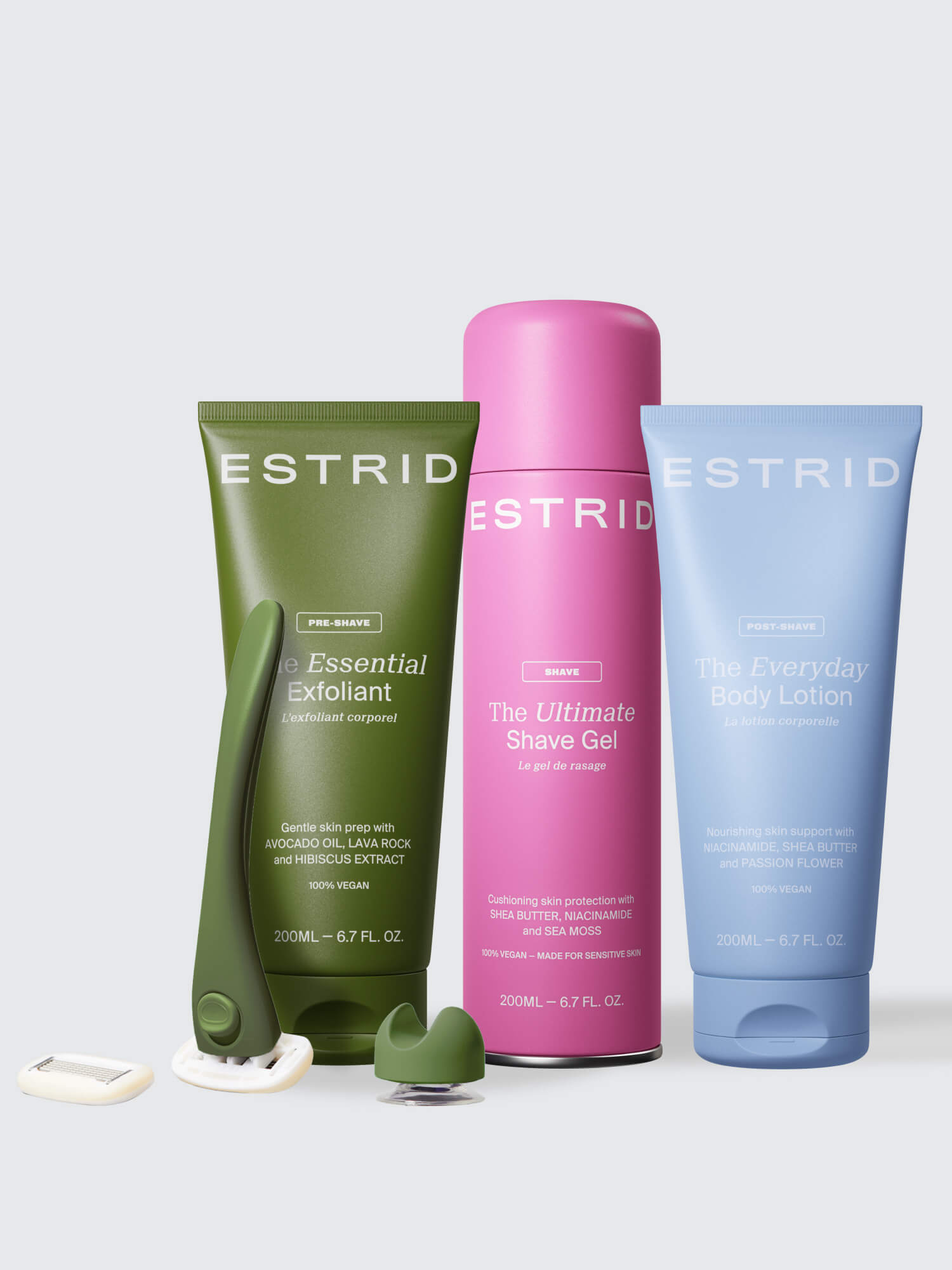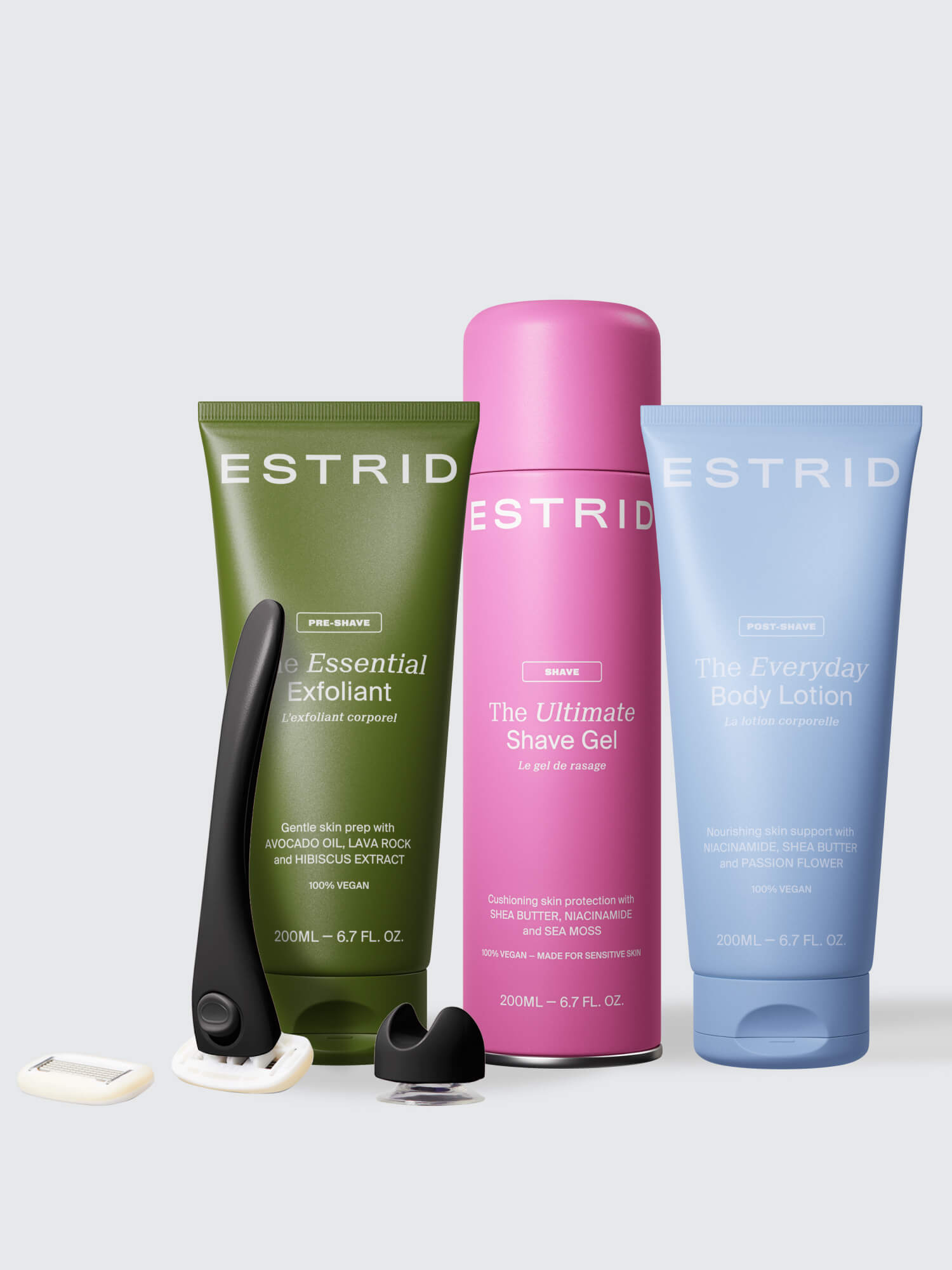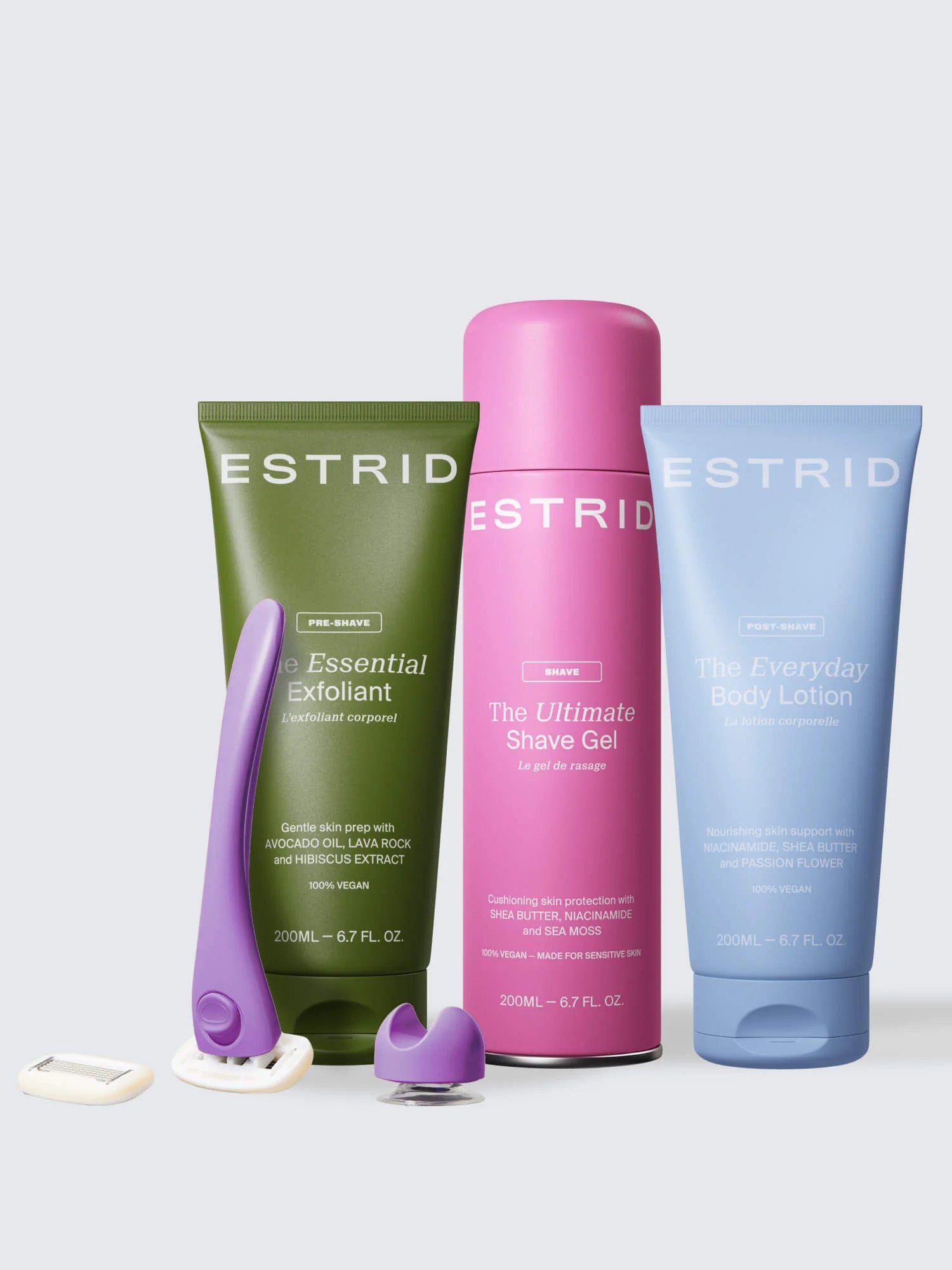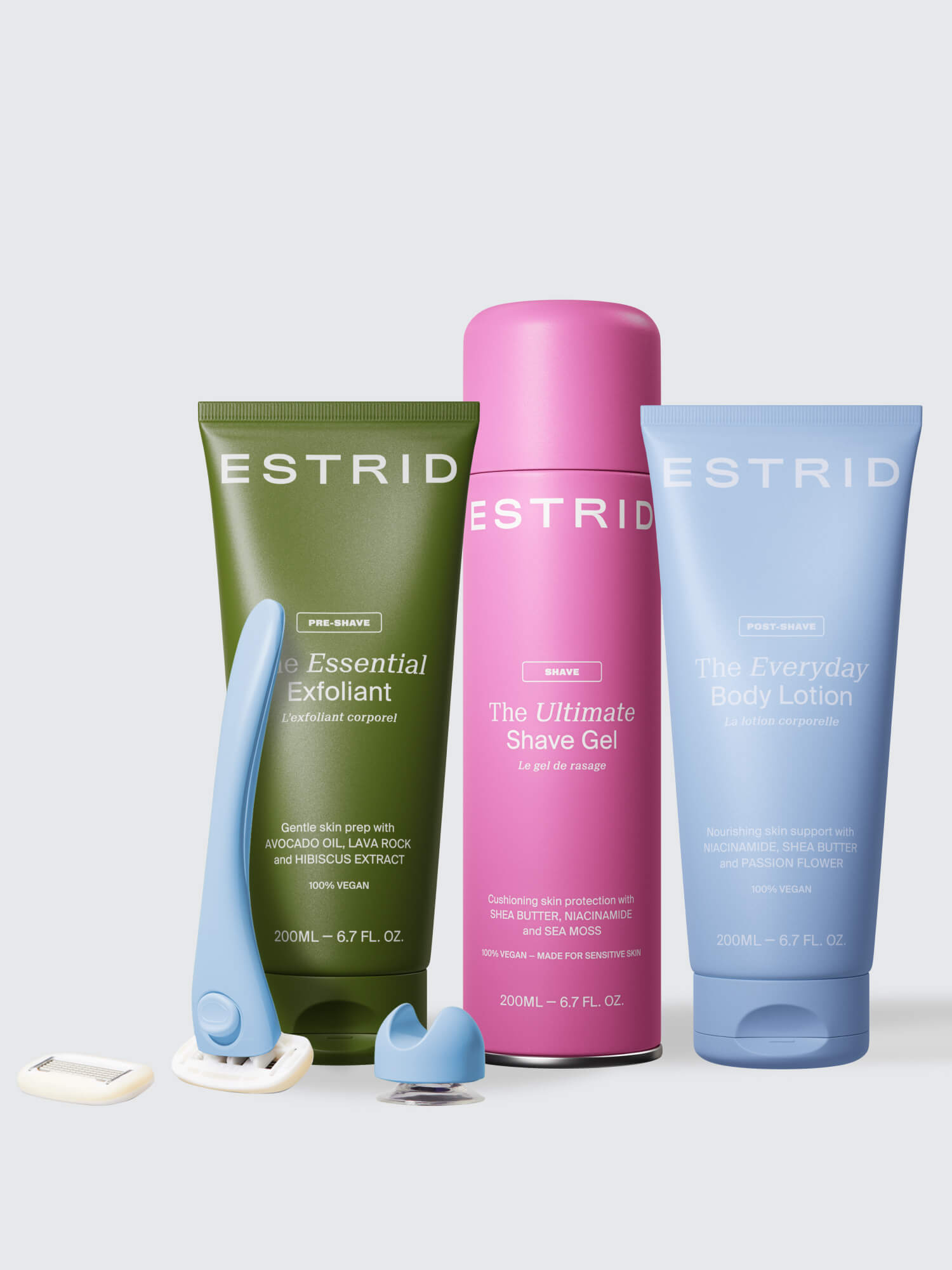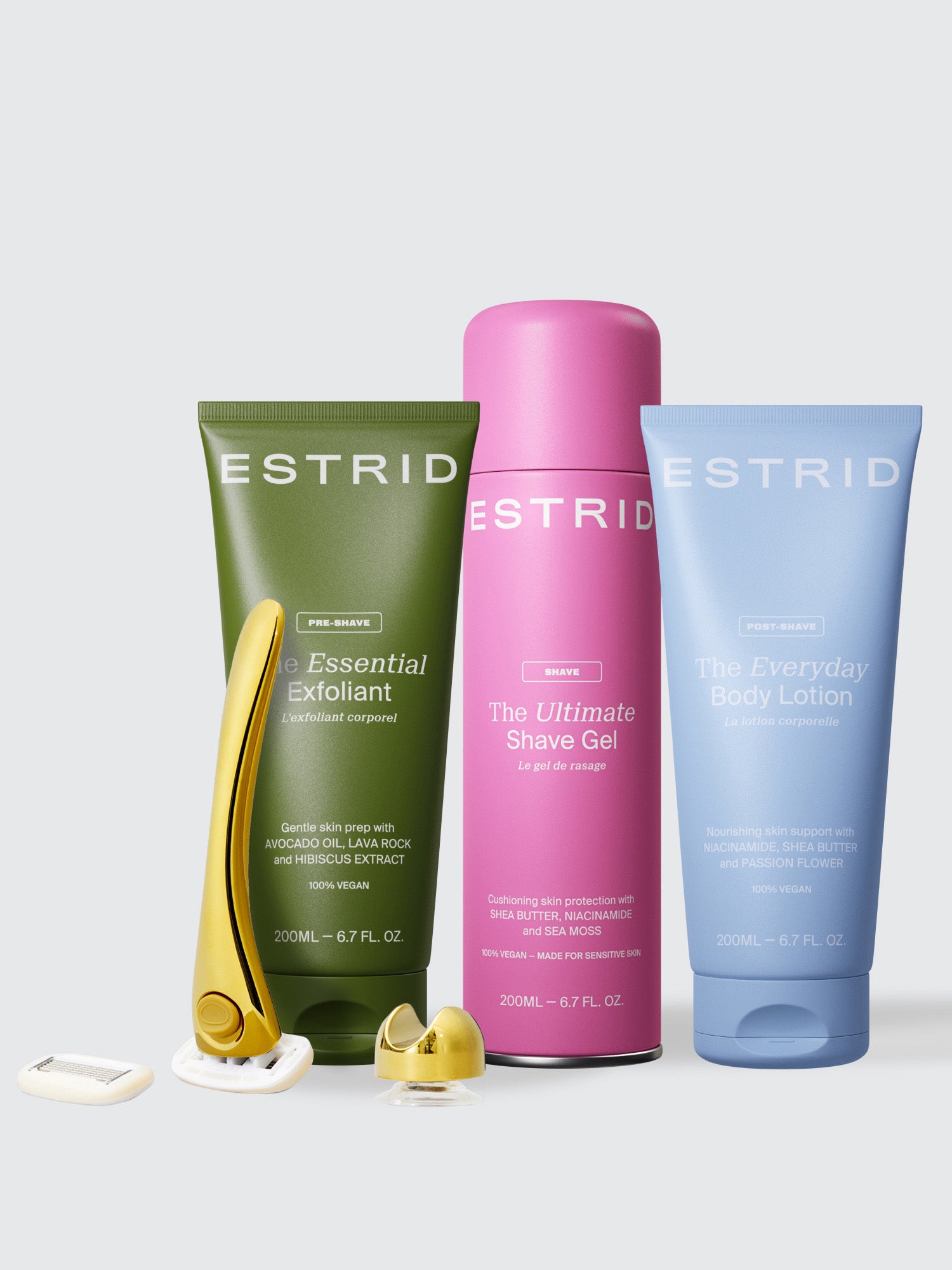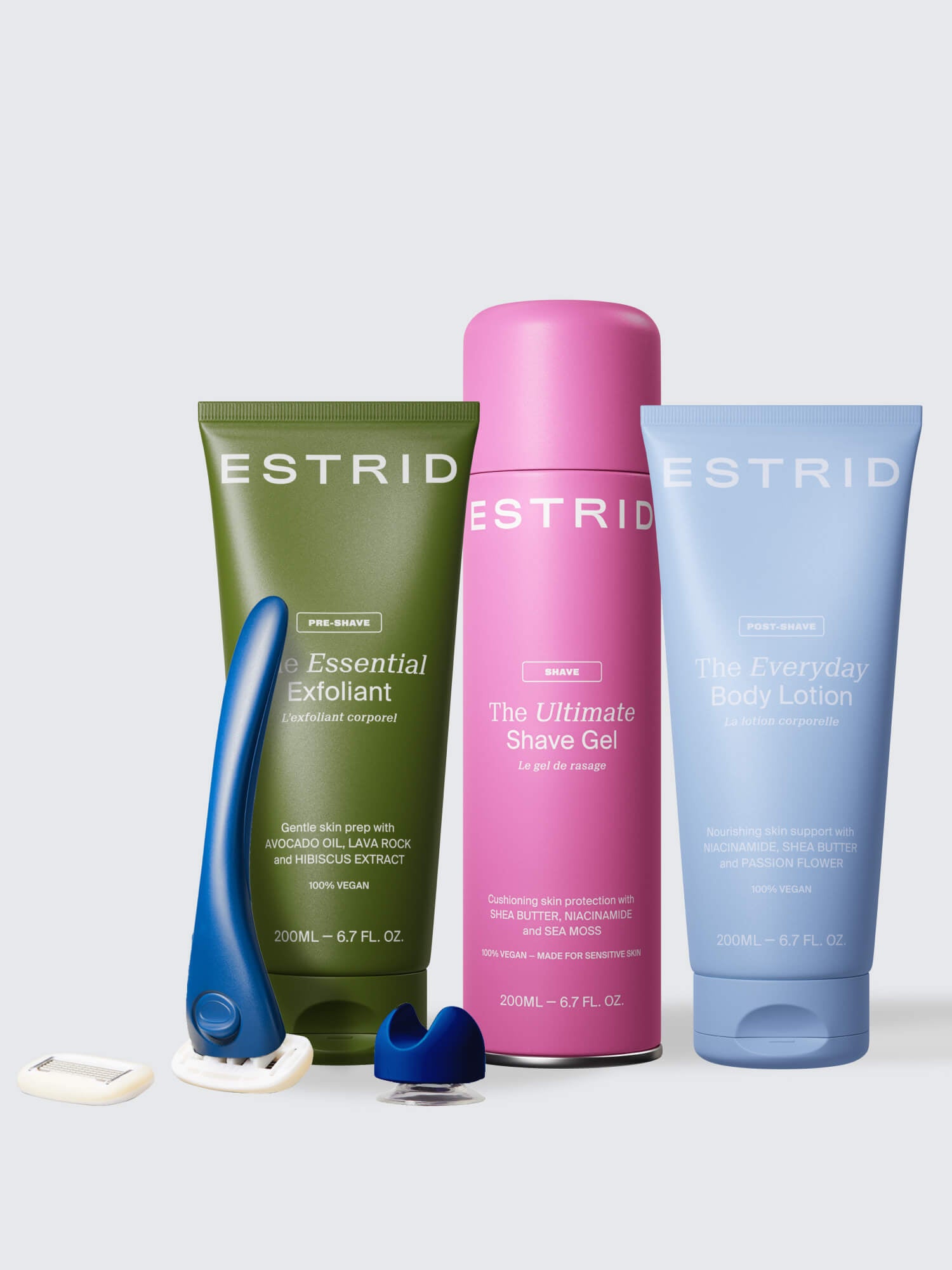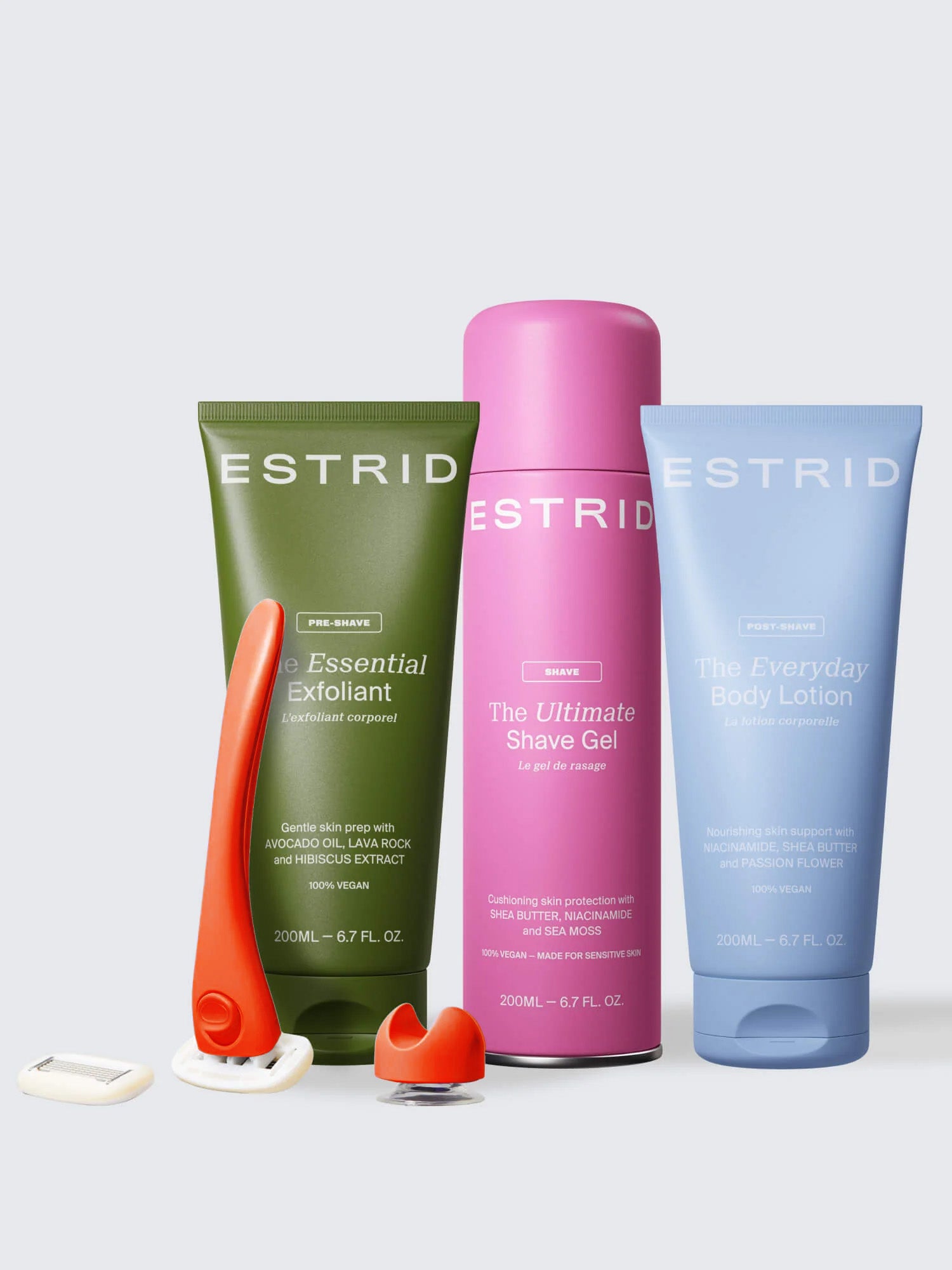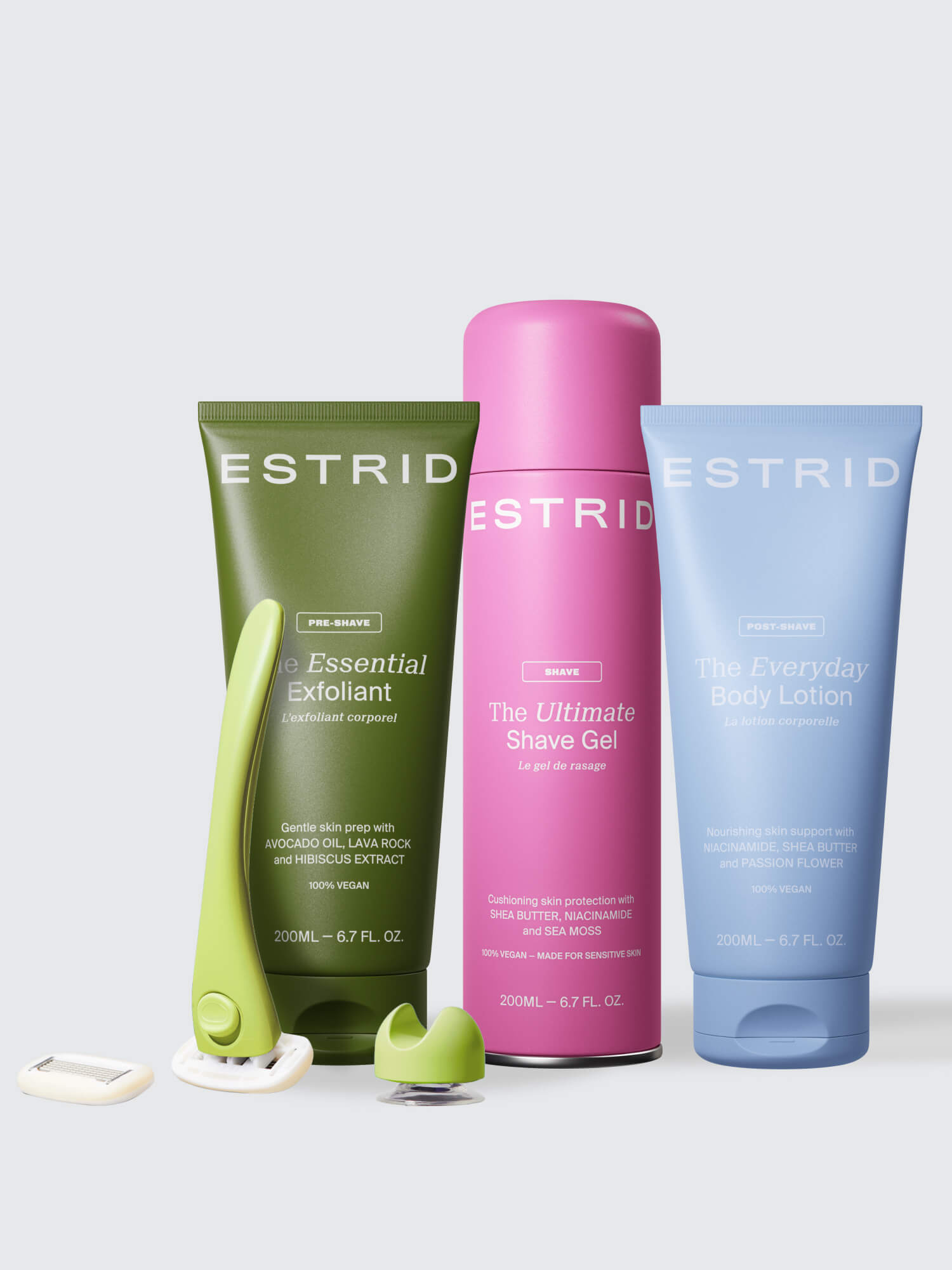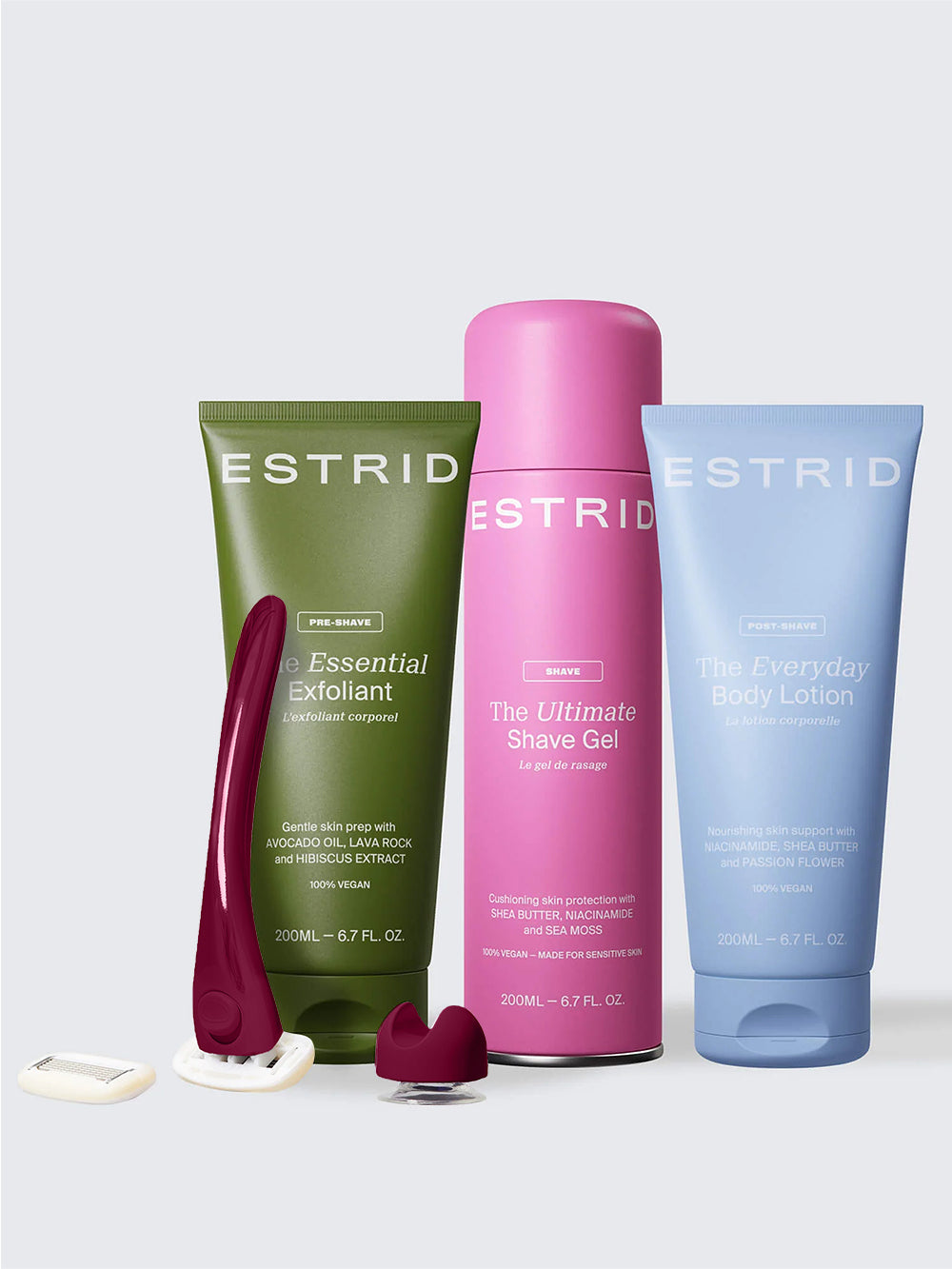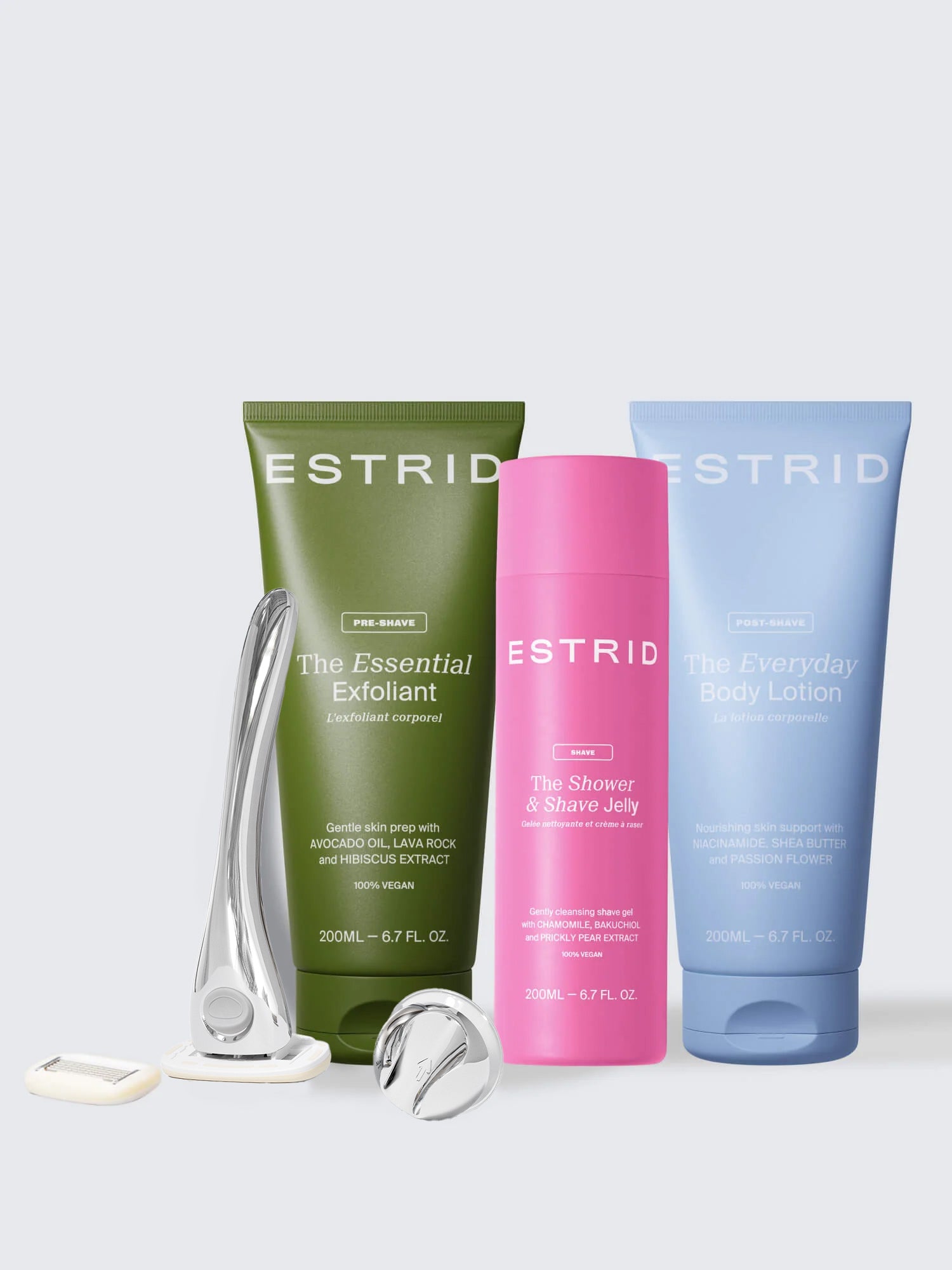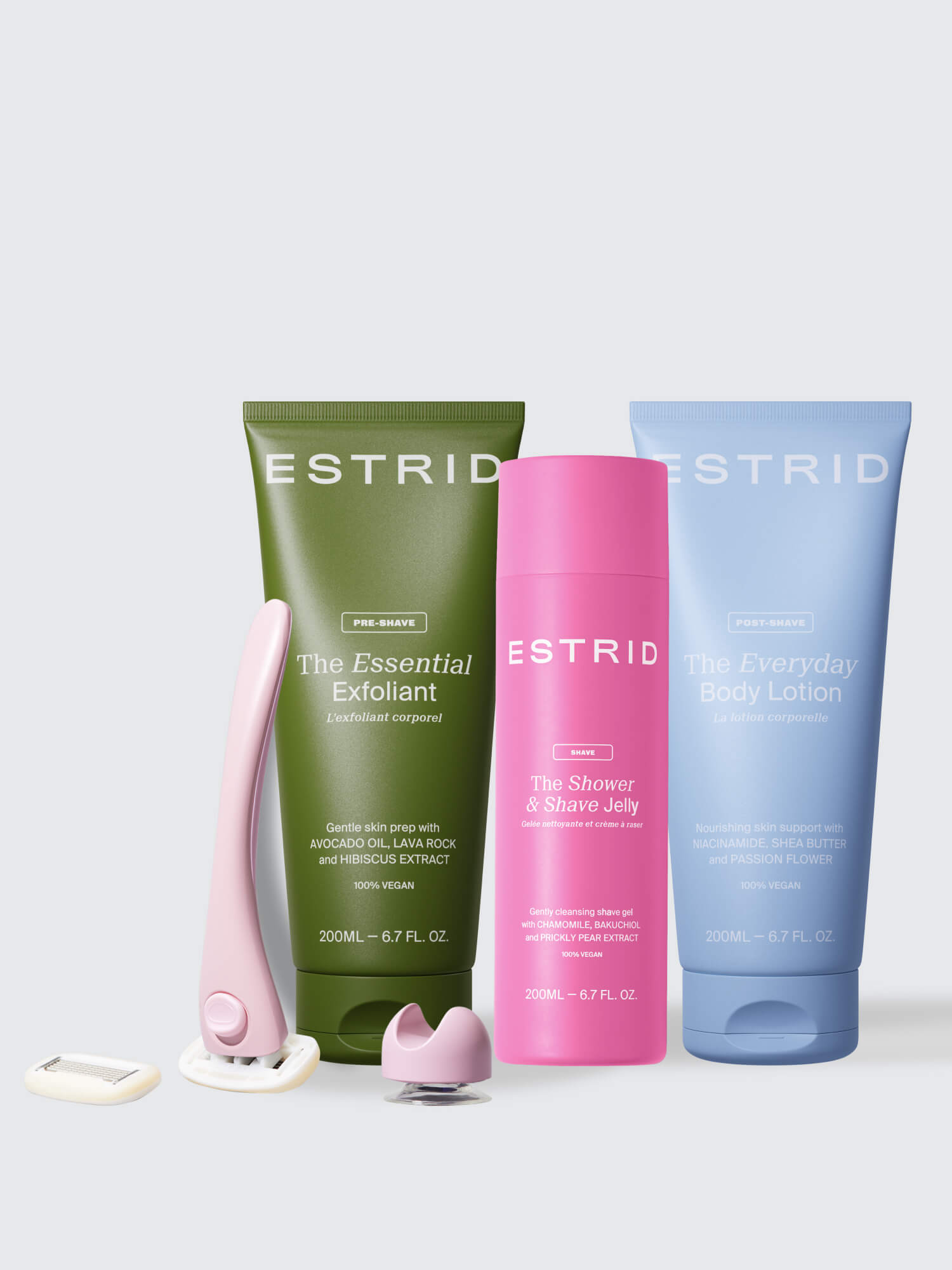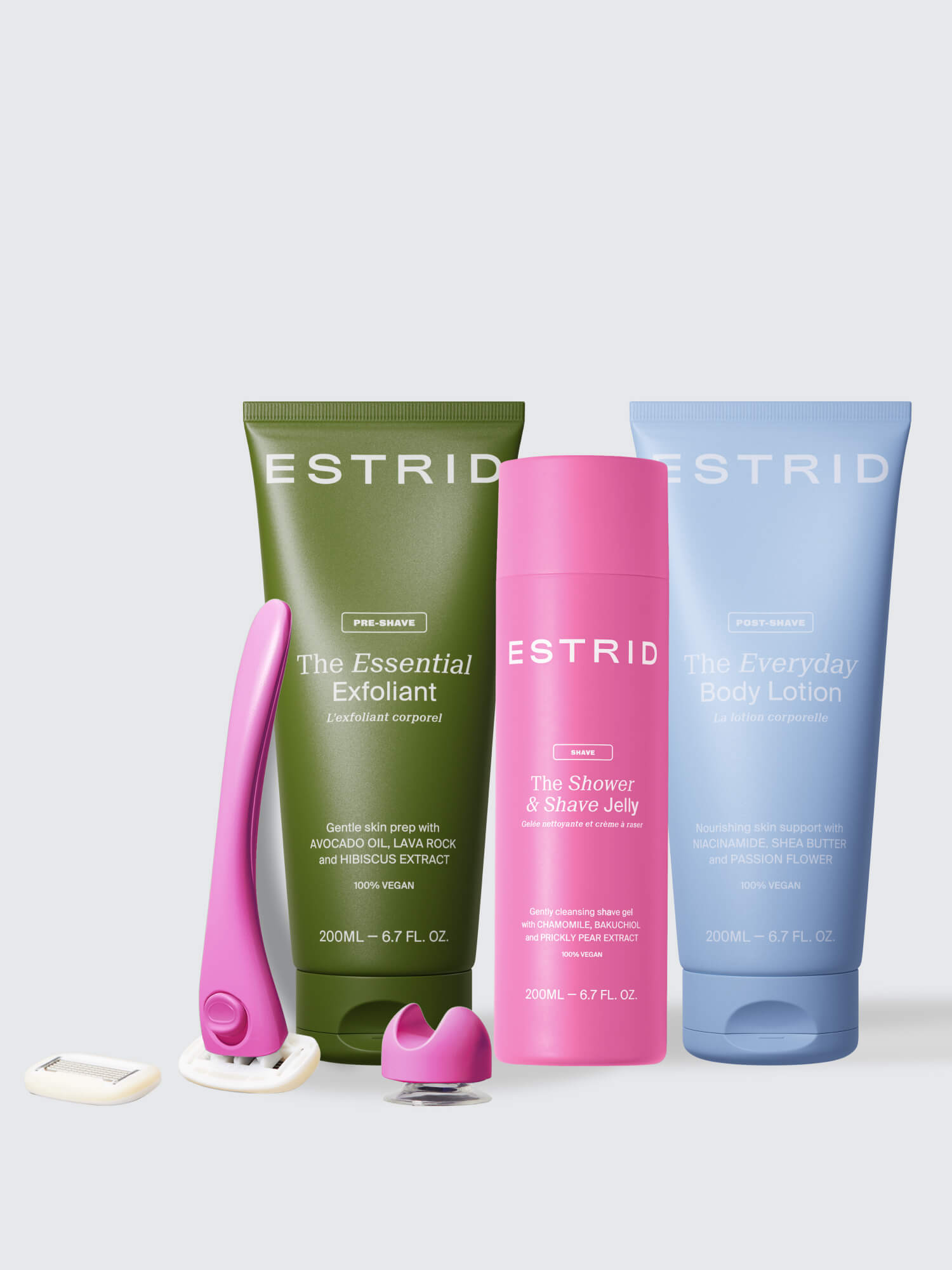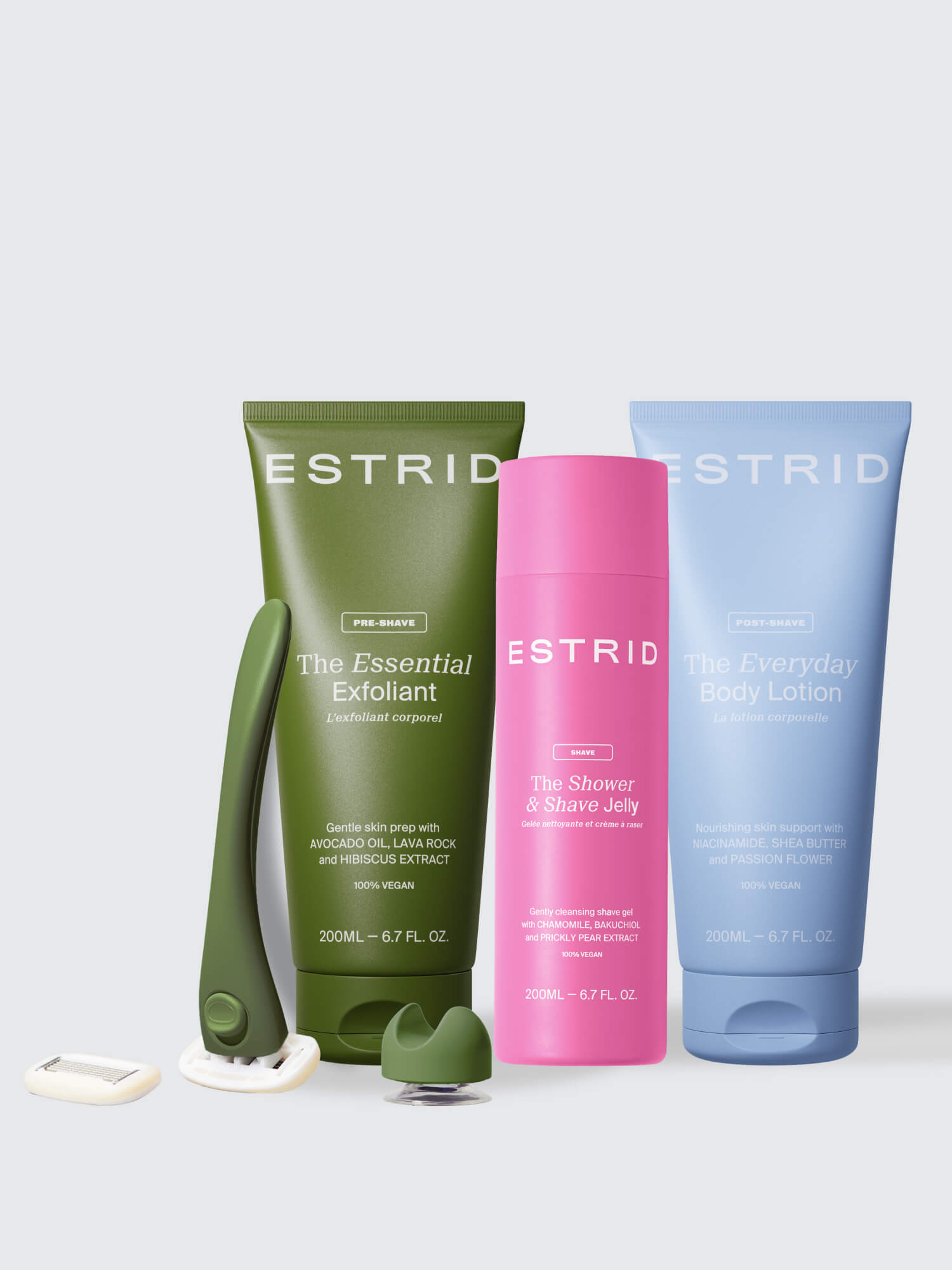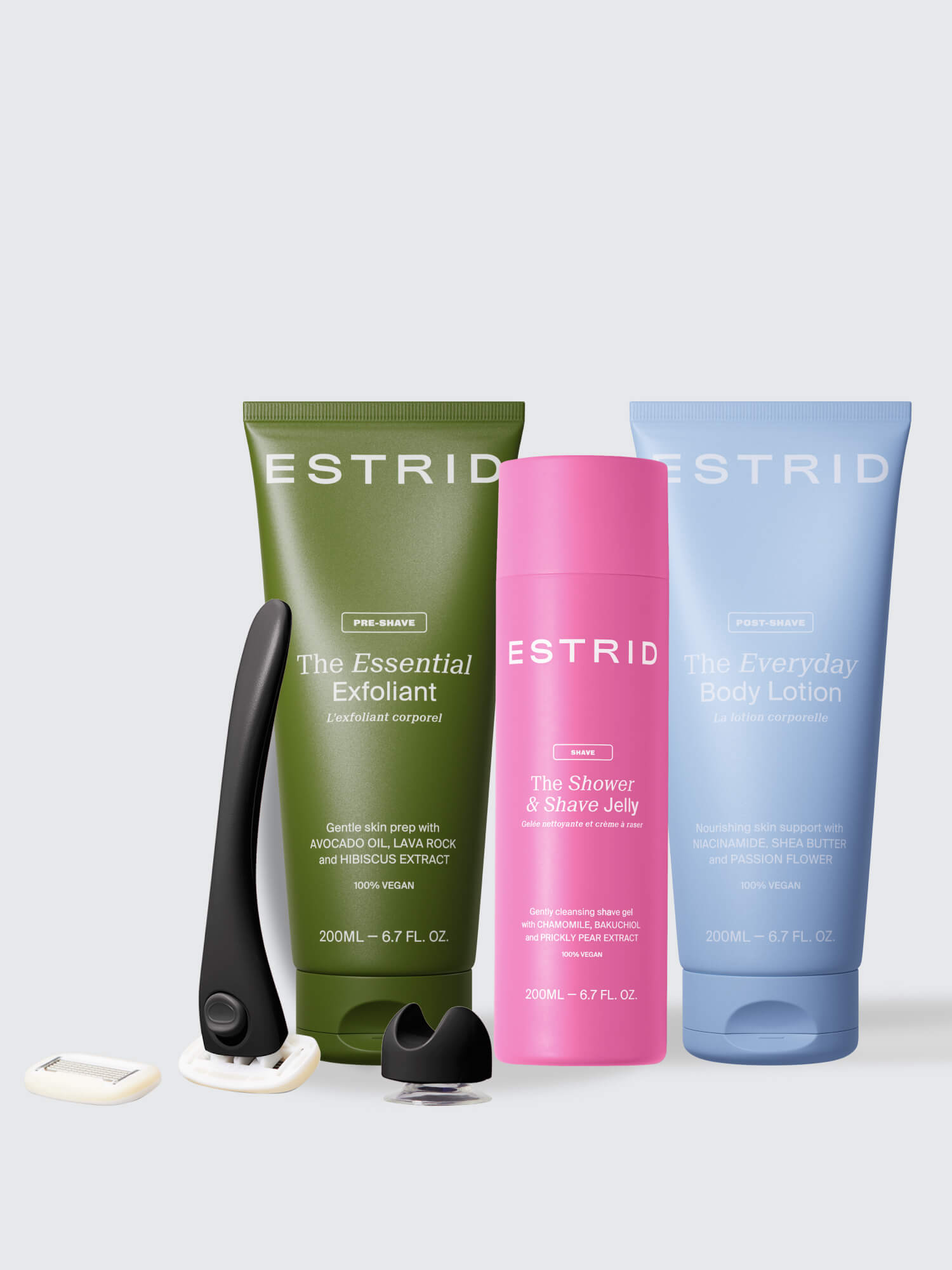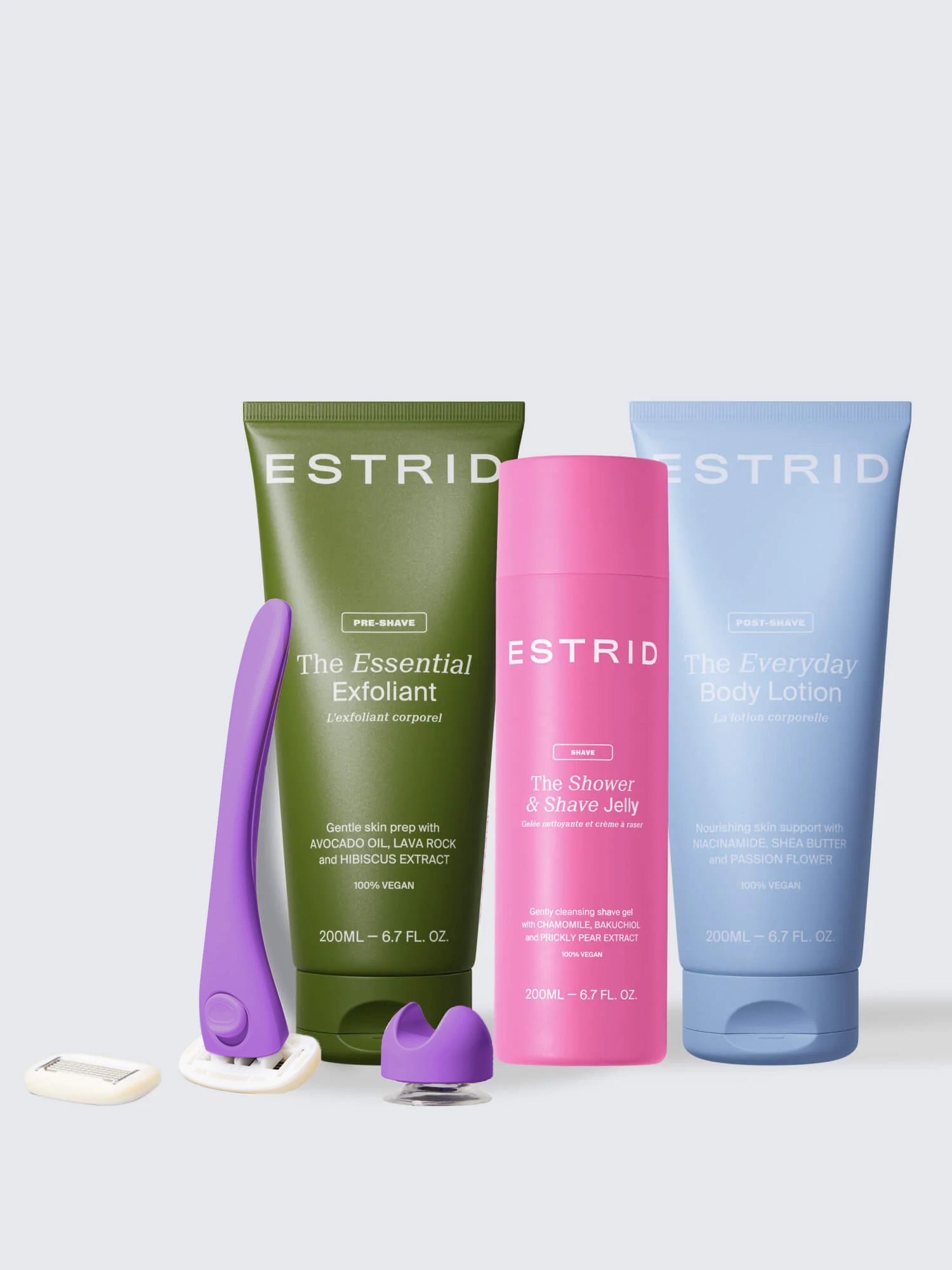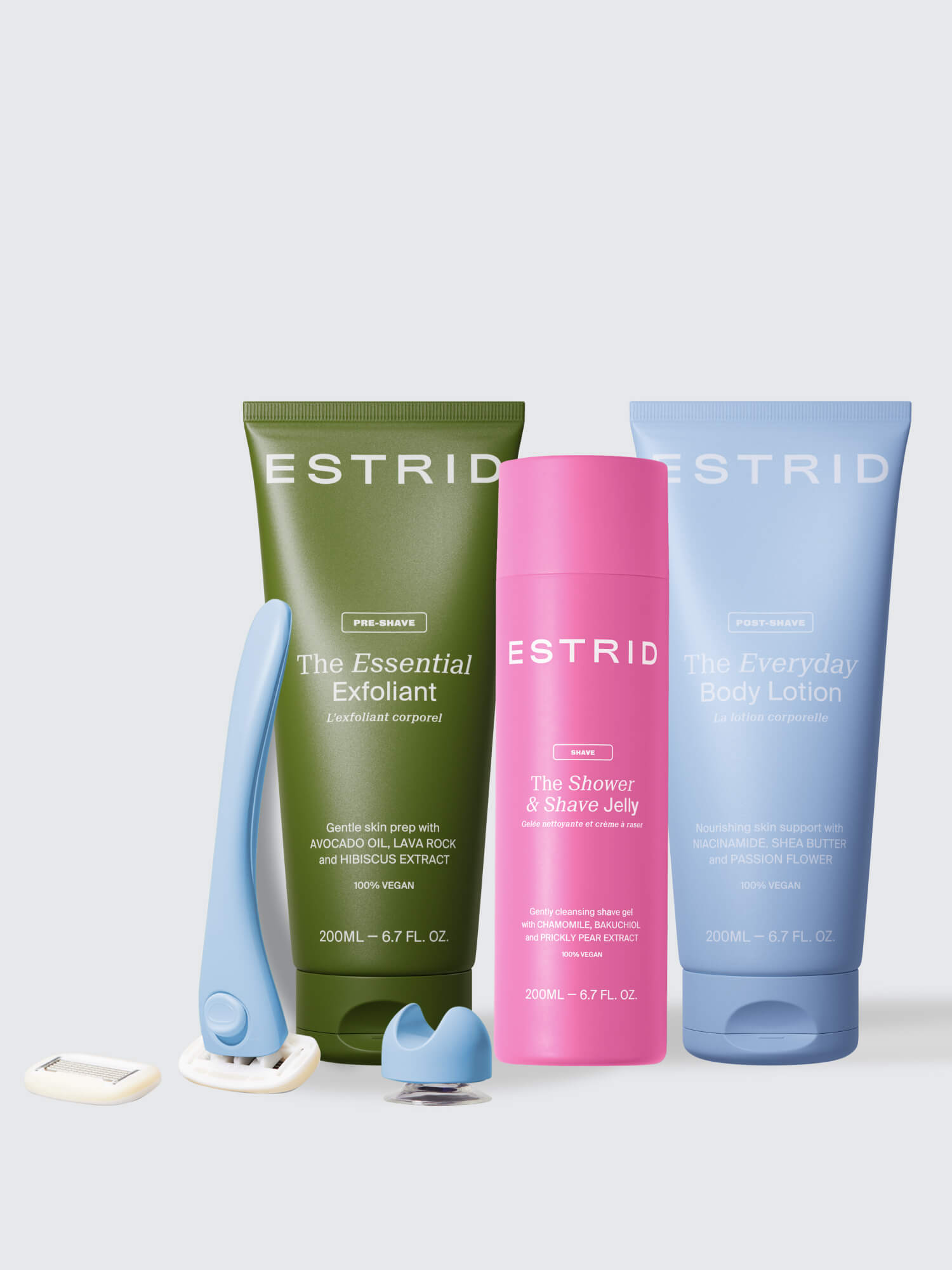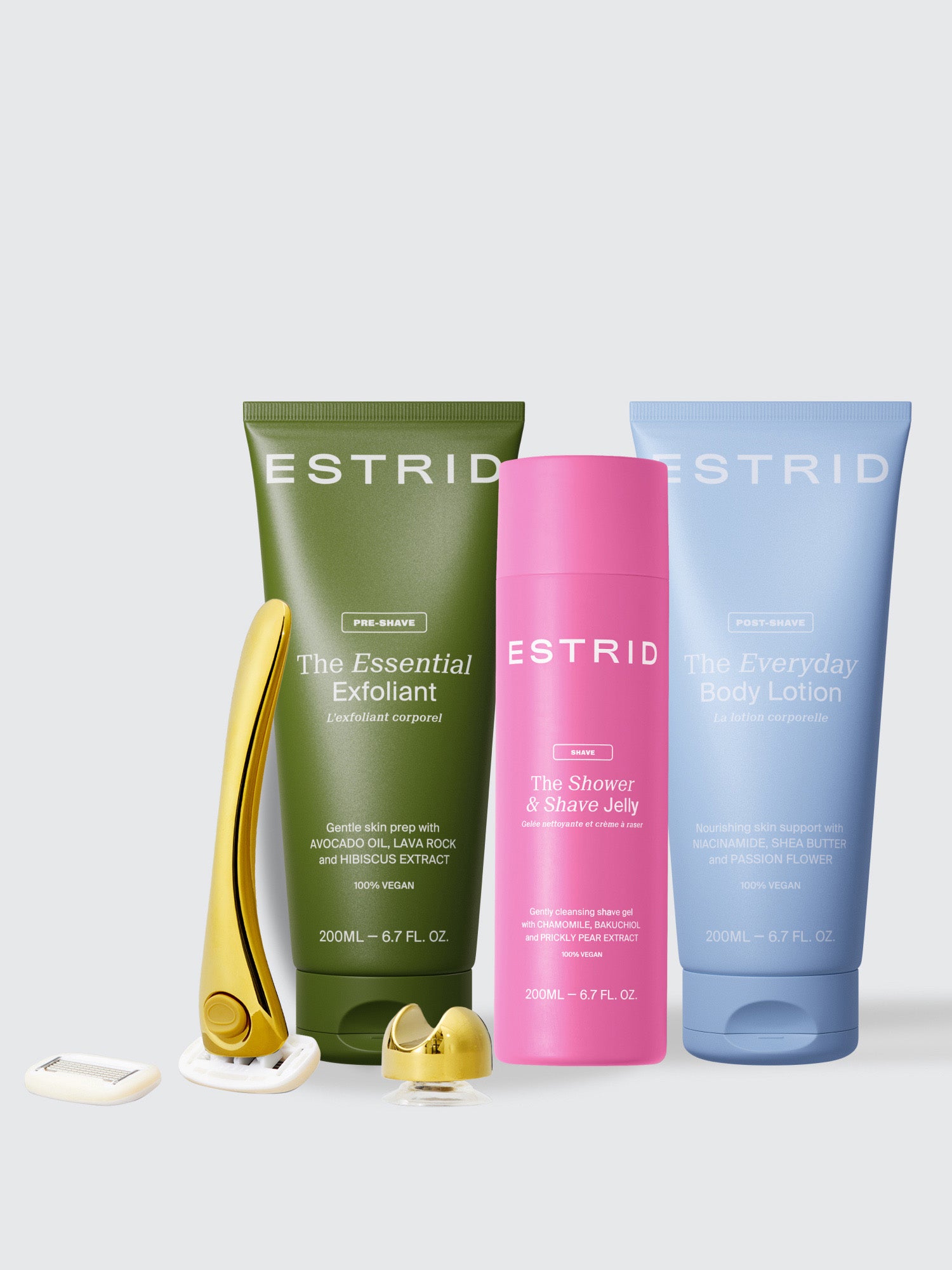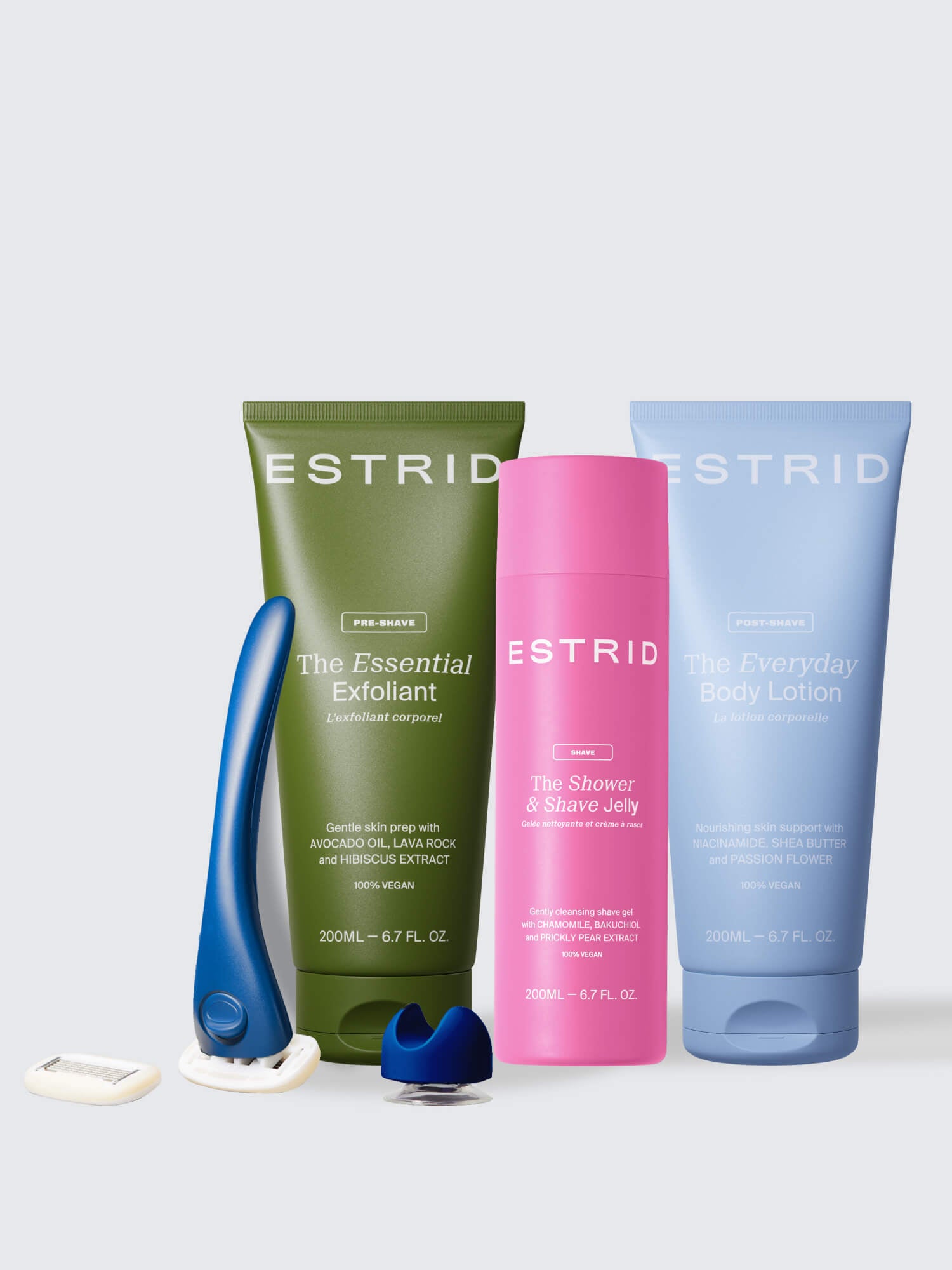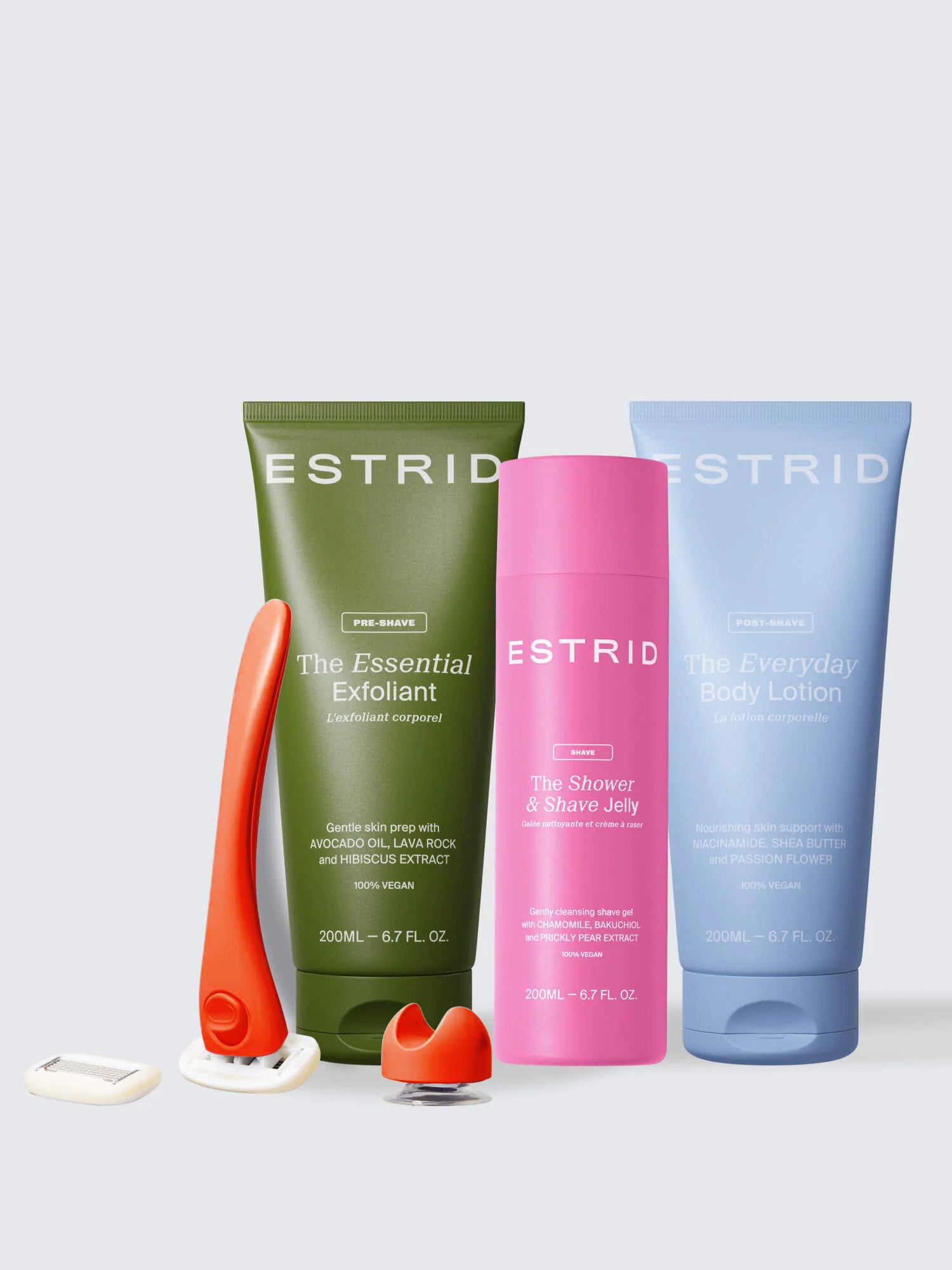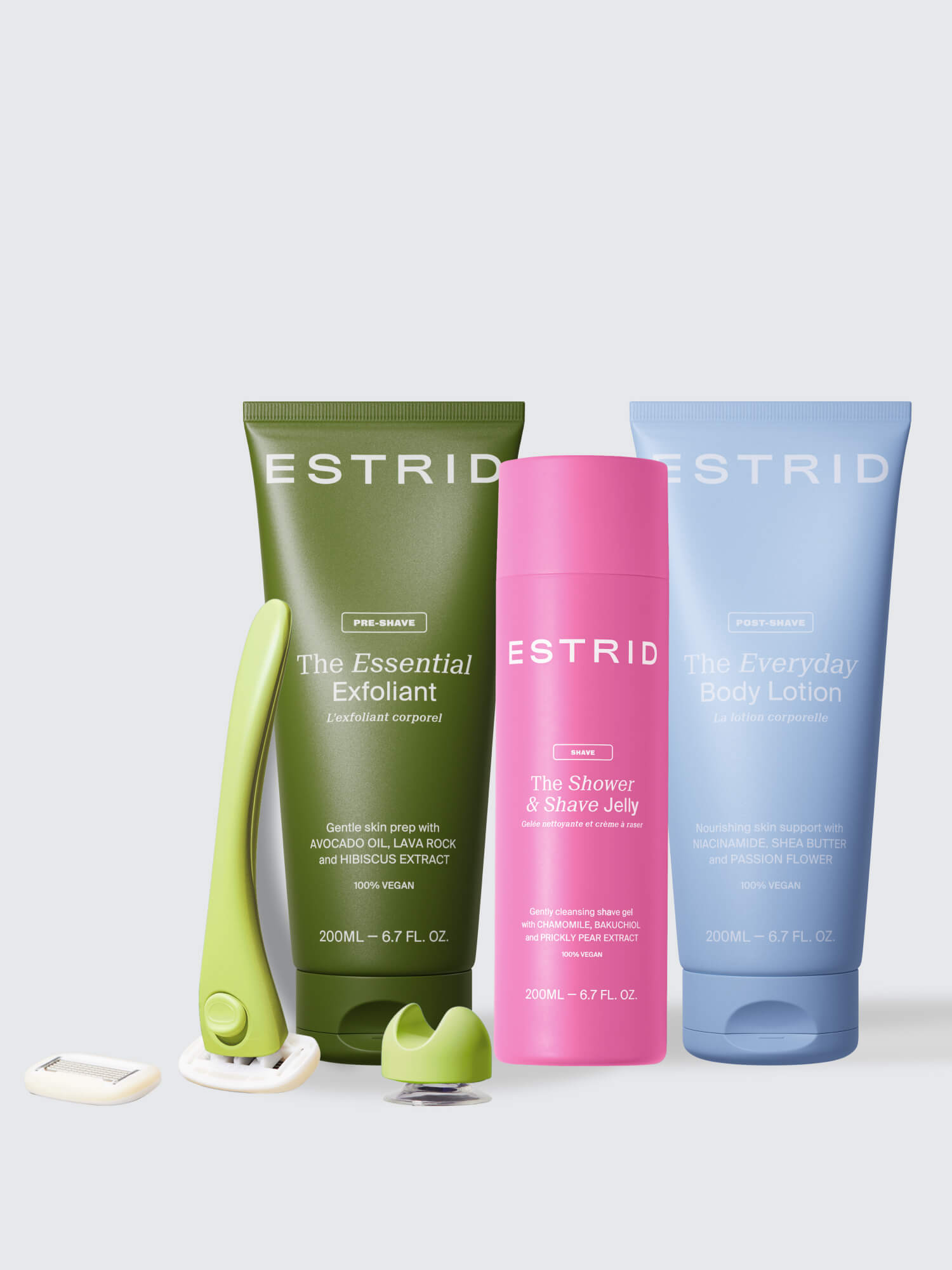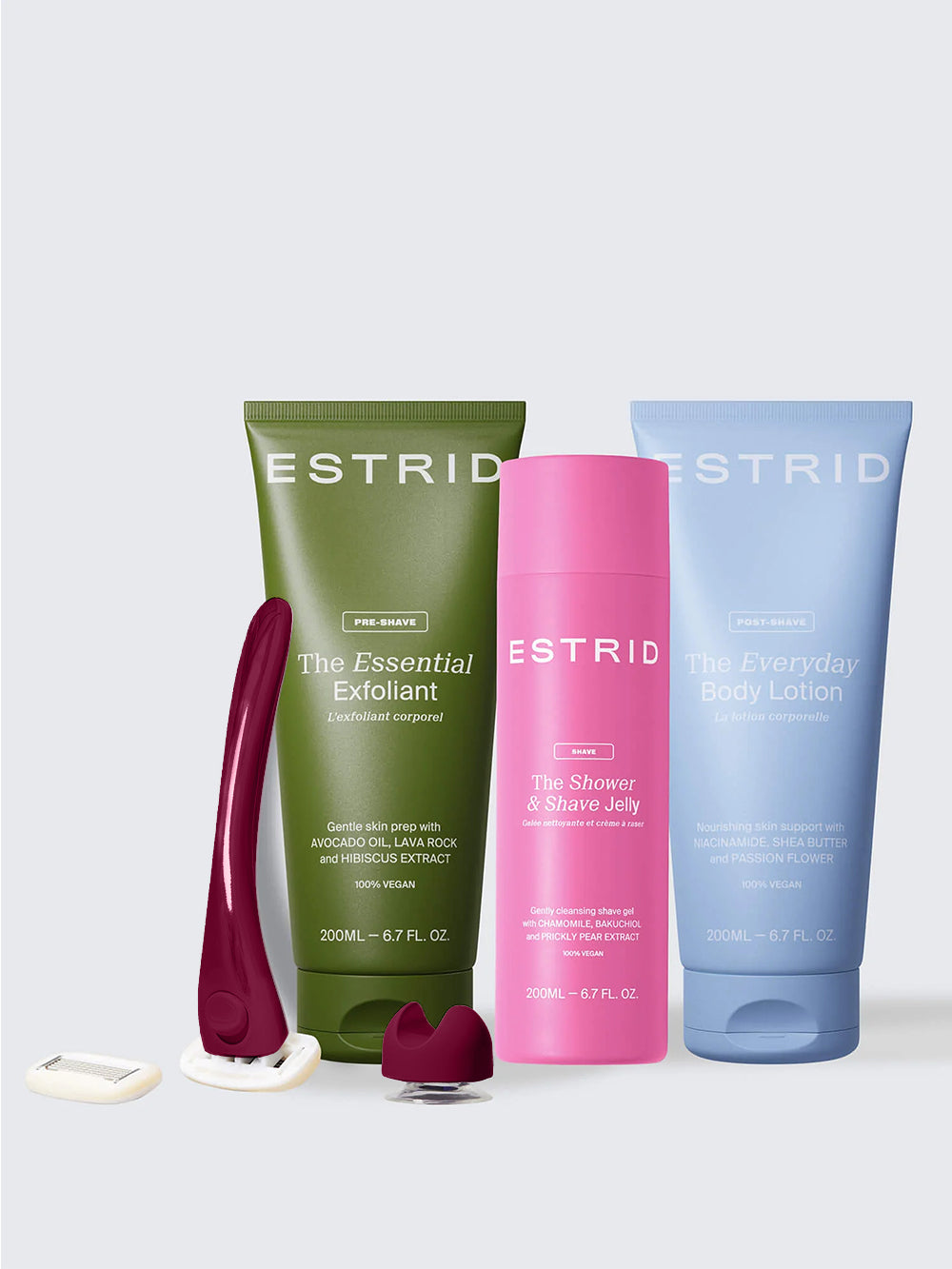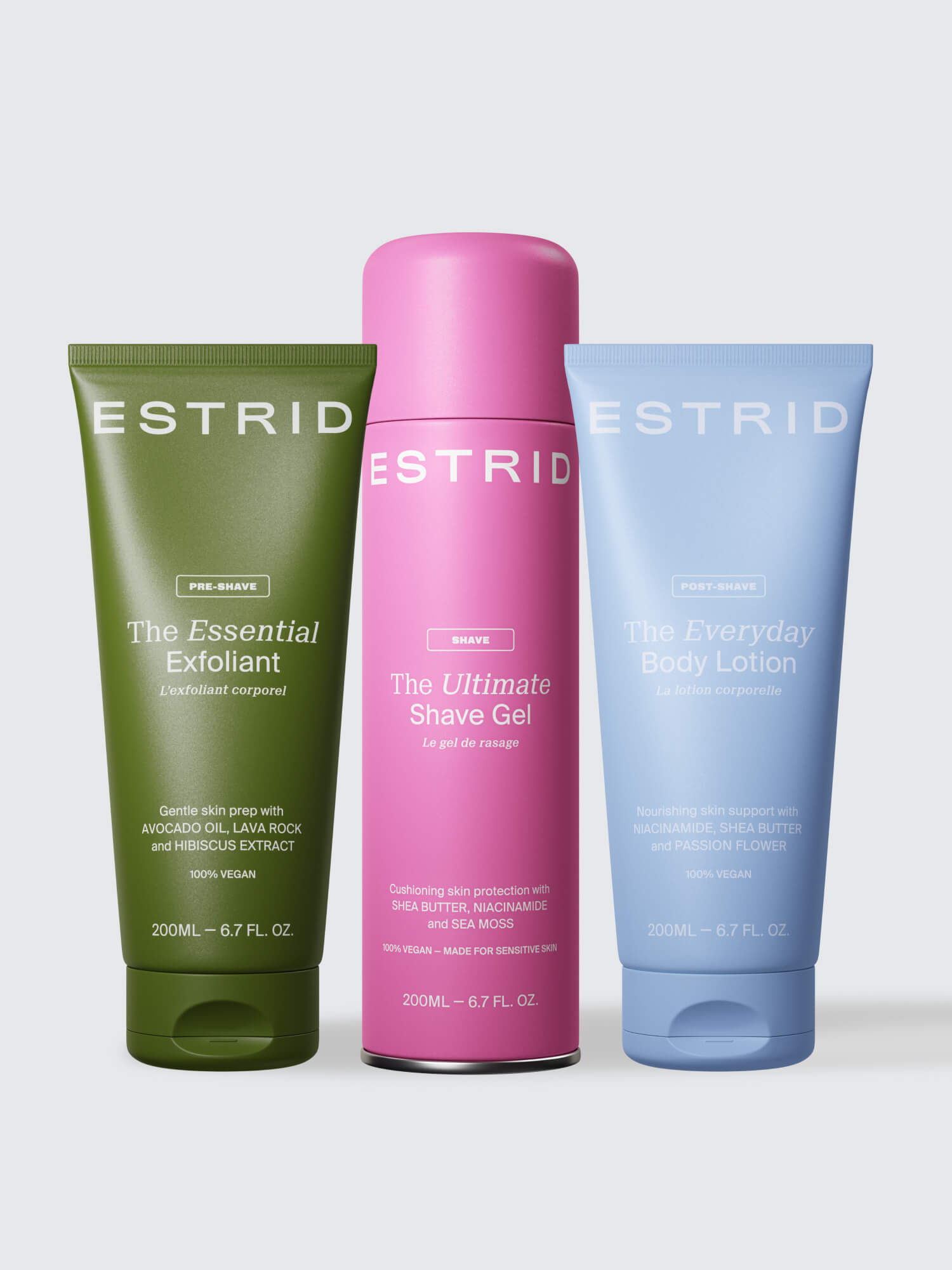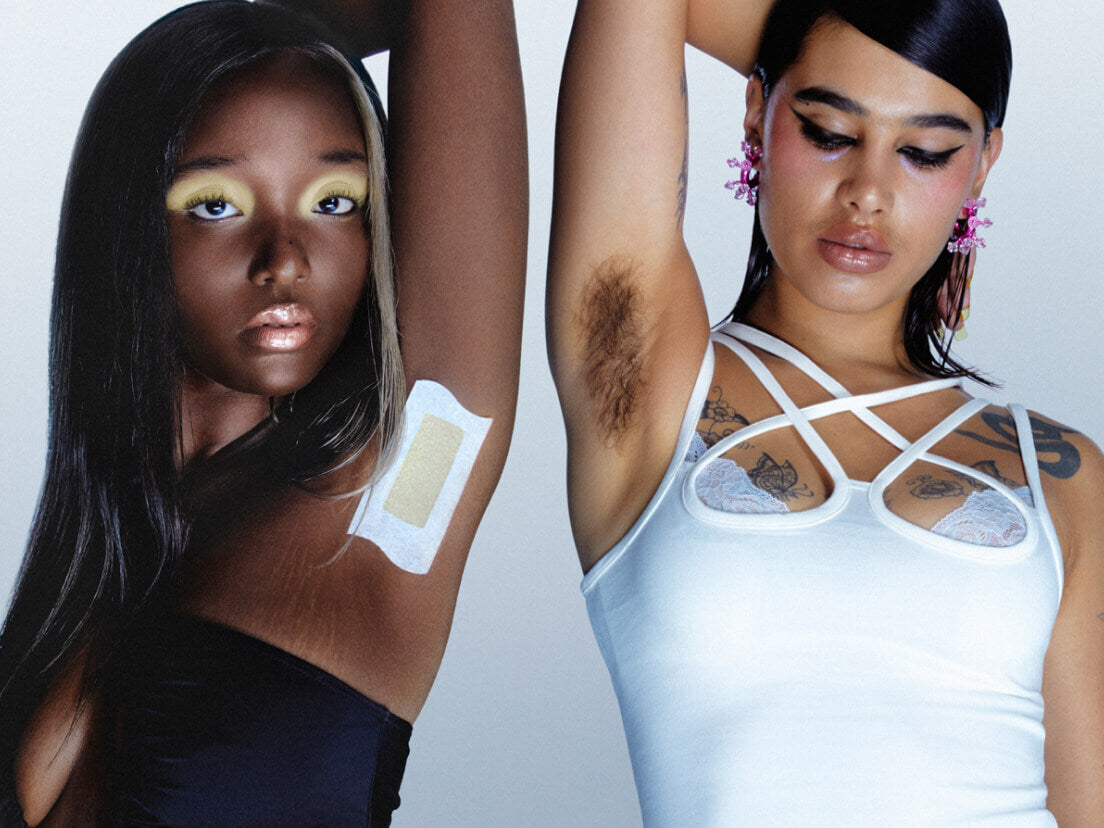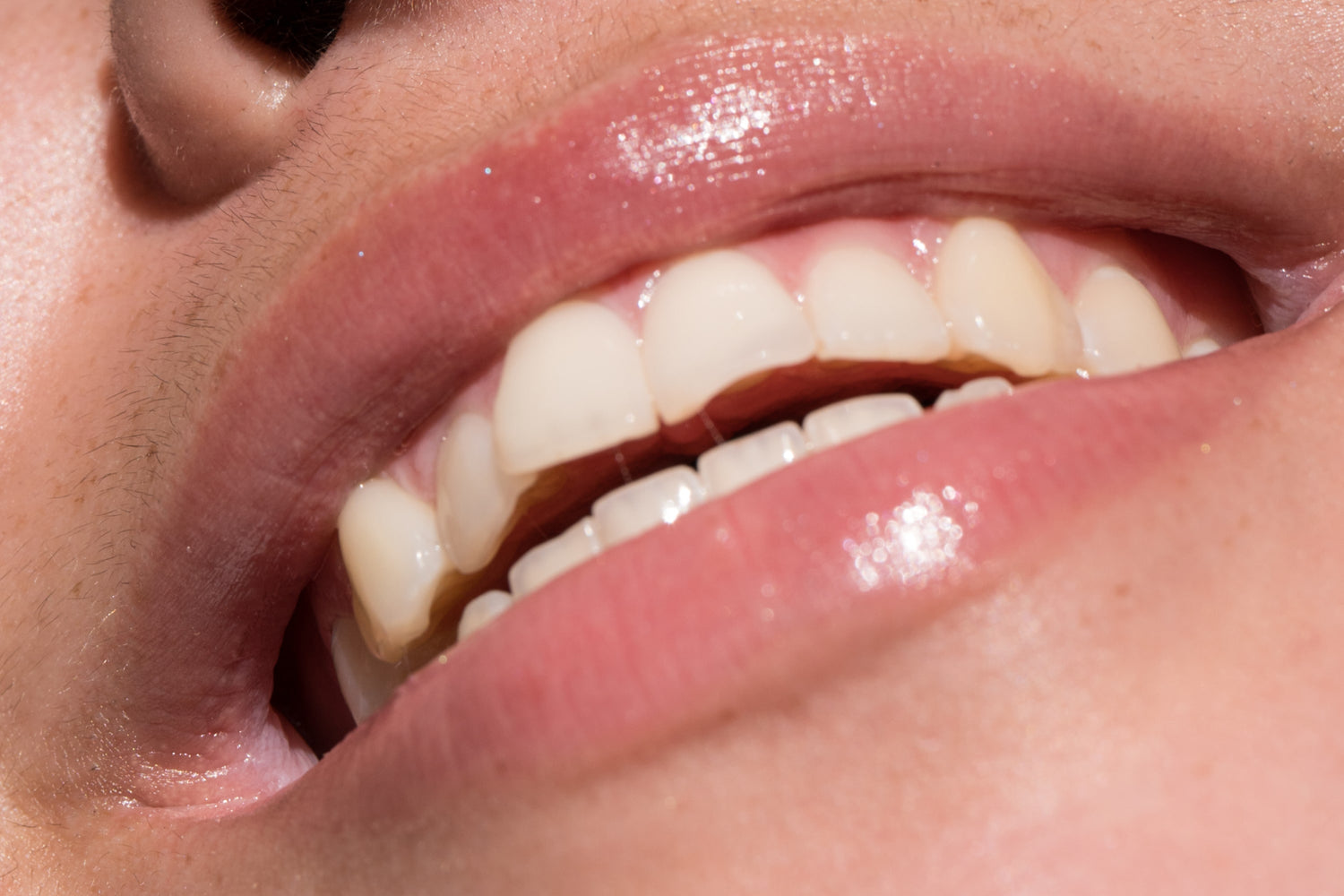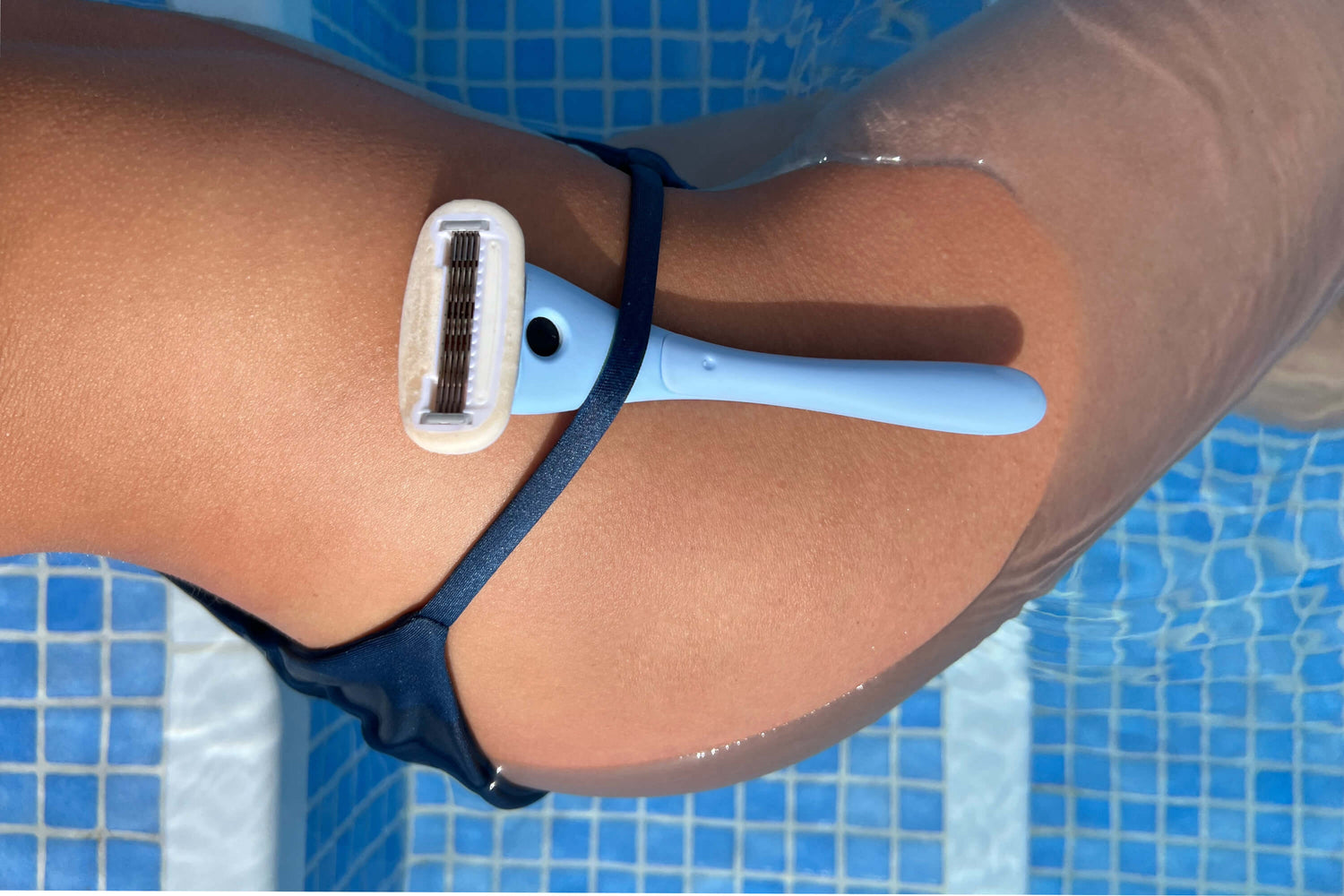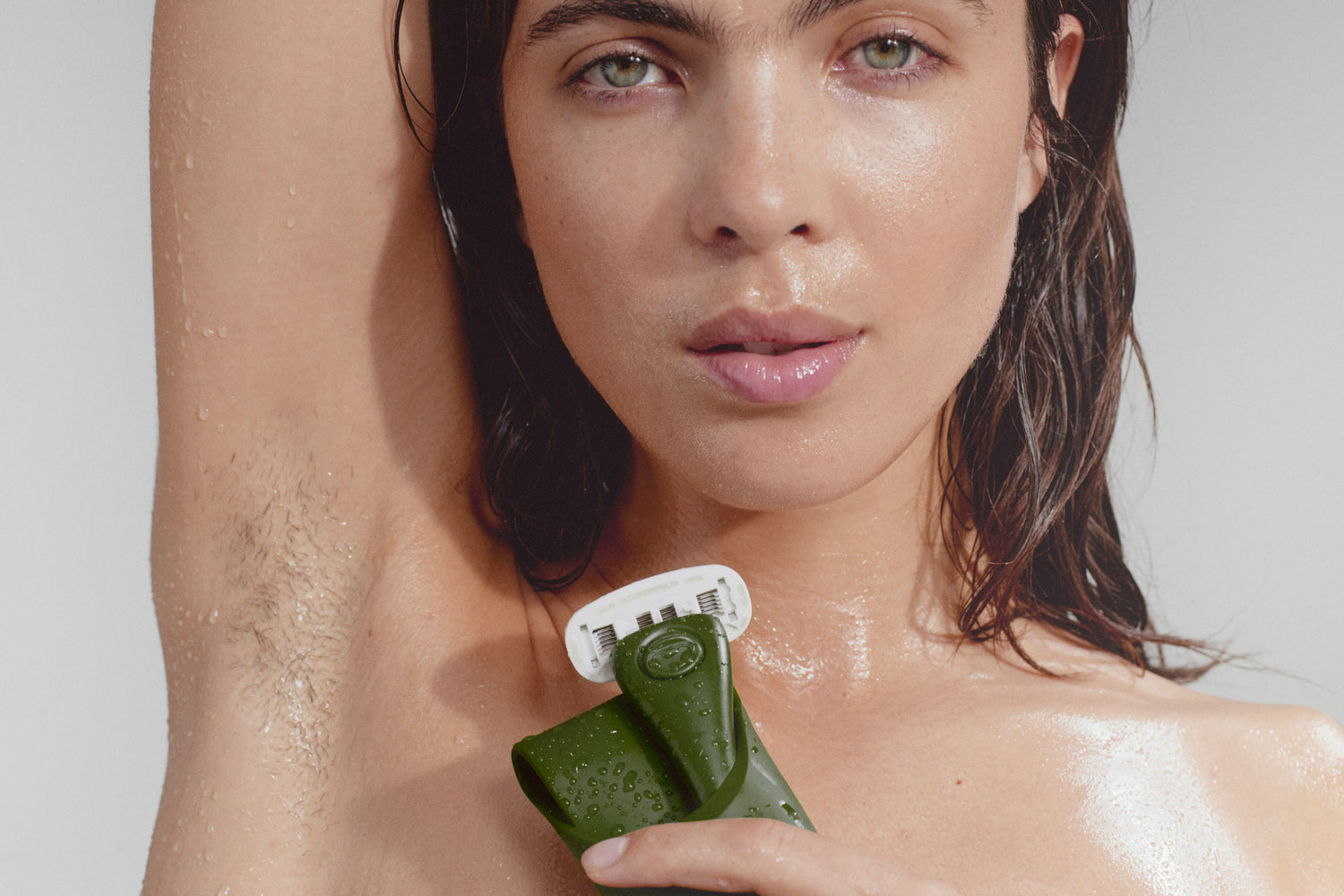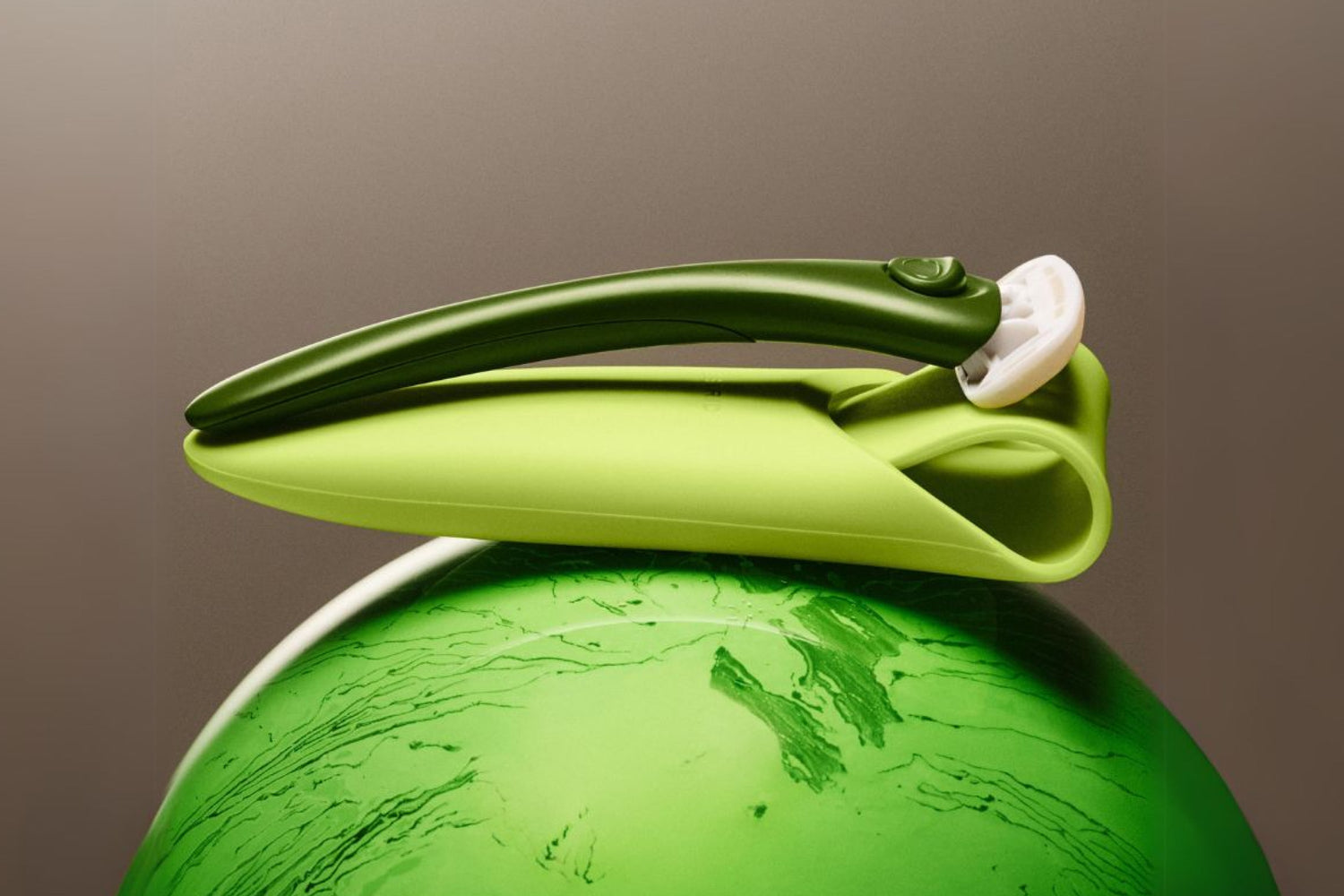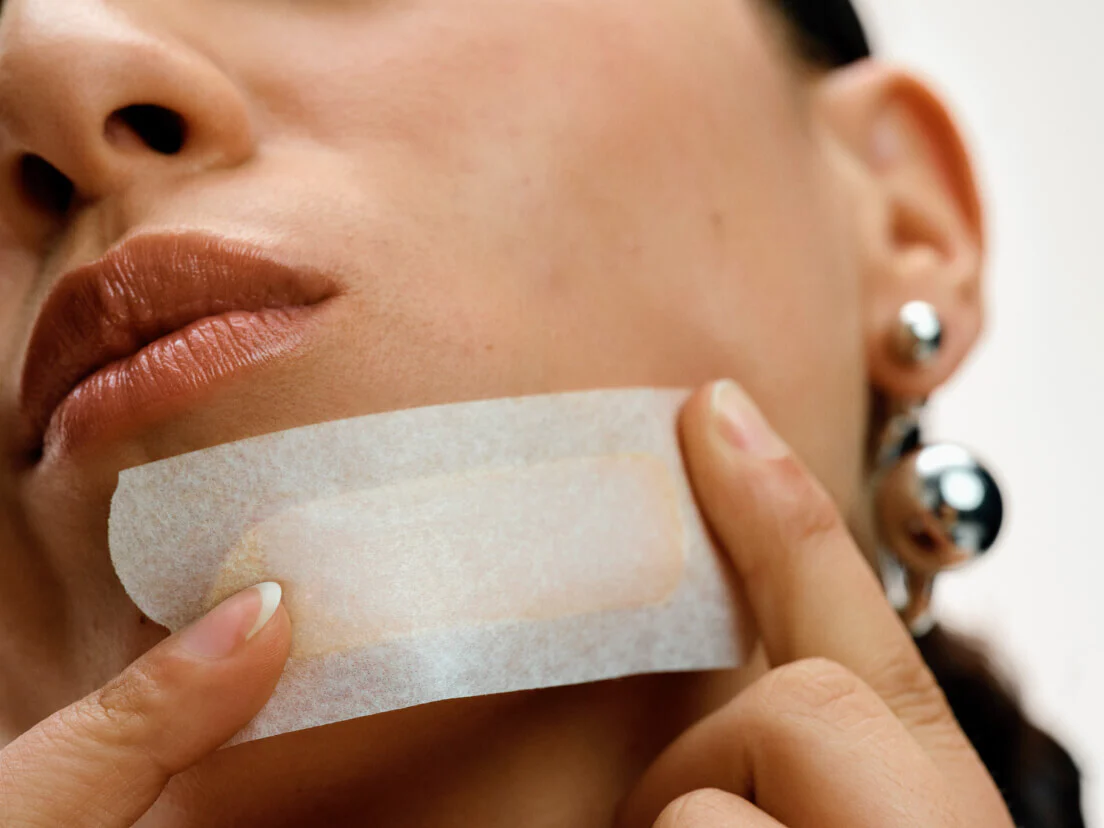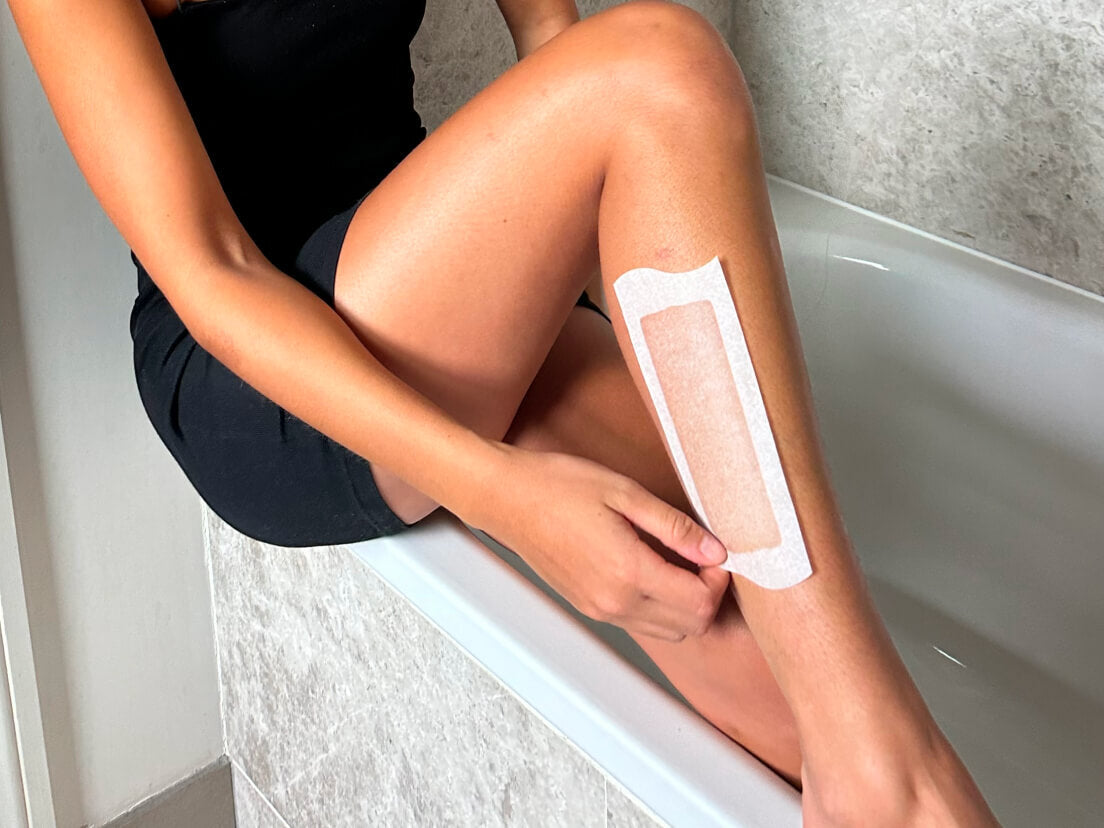We all know how super important wearing daily SPF is - But if you are still in denial here is a quick reality check: According to Skin Cancer Foundation, “Regular daily use of SPF sunscreen can reduce your risk of developing squamous cell carcinoma (SCC) by about 40 percent, and lower your melanoma risk by 50 percent”. In this blog article, we are looking into busting myths and misconceptions that have emerged from SPF sunscreens, shaving and ingrown hair.
Myth 1: Does SPF Sunscreens Cause Razor Burn or Irritation?
One common myth is that applying sunscreen before shaving can lead to razor burn or skin rash. However, this is not true. Properly formulated sunscreens, especially those designed for faces, should not cause any effects when shaving. The key is to choose a non-greasy and lightweight sunscreen that is compatible with your skin type. Read below our quick guide to picking the perfect SPF for you.
Myth 2: Does Sunscreen Make Shaving More Difficult?
Another misconception is that SPF sunscreens create a barrier on the skin's surface, making it harder for the razor to glide smoothly and resulting in a less effective shave. In reality, again, modern sunscreen formulations are lightweight and easily absorbed into the skin, minimising any potential problems in the shaving process. A top tip: Make sure to apply sunscreen evenly and allow it to absorb fully before starting your shaving rituals.
Myth 3: Does SPF Sunscreens Contribute to Ingrown Hairs?
For some reason people think SPF sunscreens can increase the chances of sneaky ingrown hairs. However, this is another myth we have to debunk as it simply isn’t true, ingrown hairs are primarily brought on by other factors like your hair type, shaving technique, and whether or not you’ve exfoliated. SPF sunscreens themselves do not directly cause ingrown hairs. In fact, using sunscreen can help protect the skin from UV damage, which can lead to inflammation and potentially worsen ingrown hairs.
Myth 4: Should I Apply SPF After Shaving?
Hell yes you should! Once you have finished shaving we really recommend putting an SPF on as your skin will be more sensitive. In fact staying out of the sun all together for a couple of hours post-shave is a good way to mitigate any extra risk of UV damage.
Myth 5: Do You Put Sunscreen On Stubble?
A slightly non-shaving related one but an important one all the same - yes, you absolutely should put SPF on your stubble. Your skin is the part you are looking to protect and there’s still skin hiding under that stubble. Just be sure to rub it in thoroughly.

The Importance of Sunscreen in Shaving and Ingrown Hair Prevention
While debunking these myths, it is crucial to emphasise the importance of using SPF sunscreens in both shaving and preventing ingrown hairs. Here's why:
Sun Protection
We are sure you know this already but just an extra little prompt. UV radiation from the sun can damage the skin, leading to premature ageing, sunburn, and an increased risk of skin cancer. By applying SPF sunscreen daily, you protect your skin from harmful UV rays, regardless of your shaving routine. It’s always better to be safe than sorry.
Skin Health
Well-moisturised and exfoliated skin before and after shaving is less prone to irritation, razor burn, and dryness. Sunscreen helps maintain skin hydration, reducing the chances of post-shave uncomfy moments and adds to the overall skin glow.
Lastly - remember to go for a sunscreen suitable for your skin type, apply it before shaving, and continue to keep sun protection at the top of your skincare priority list beyond your shaving routine.
A couple of tips when choosing the right sunscreen for you and go for a high factor - 50+ is ideal:
Oily skin: opt for oil-free or gel-based sunscreens that offer a lightweight feel.
Dry skin: consider creams or lotions with added moisturising properties.
Sensitive skin: look for sunscreens labelled as hypoallergenic or formulated for sensitive skin. If sweat heavily or are a fan of jumping in and out of the water, consider a water-resistant sunscreen to keep that protection lasting.

